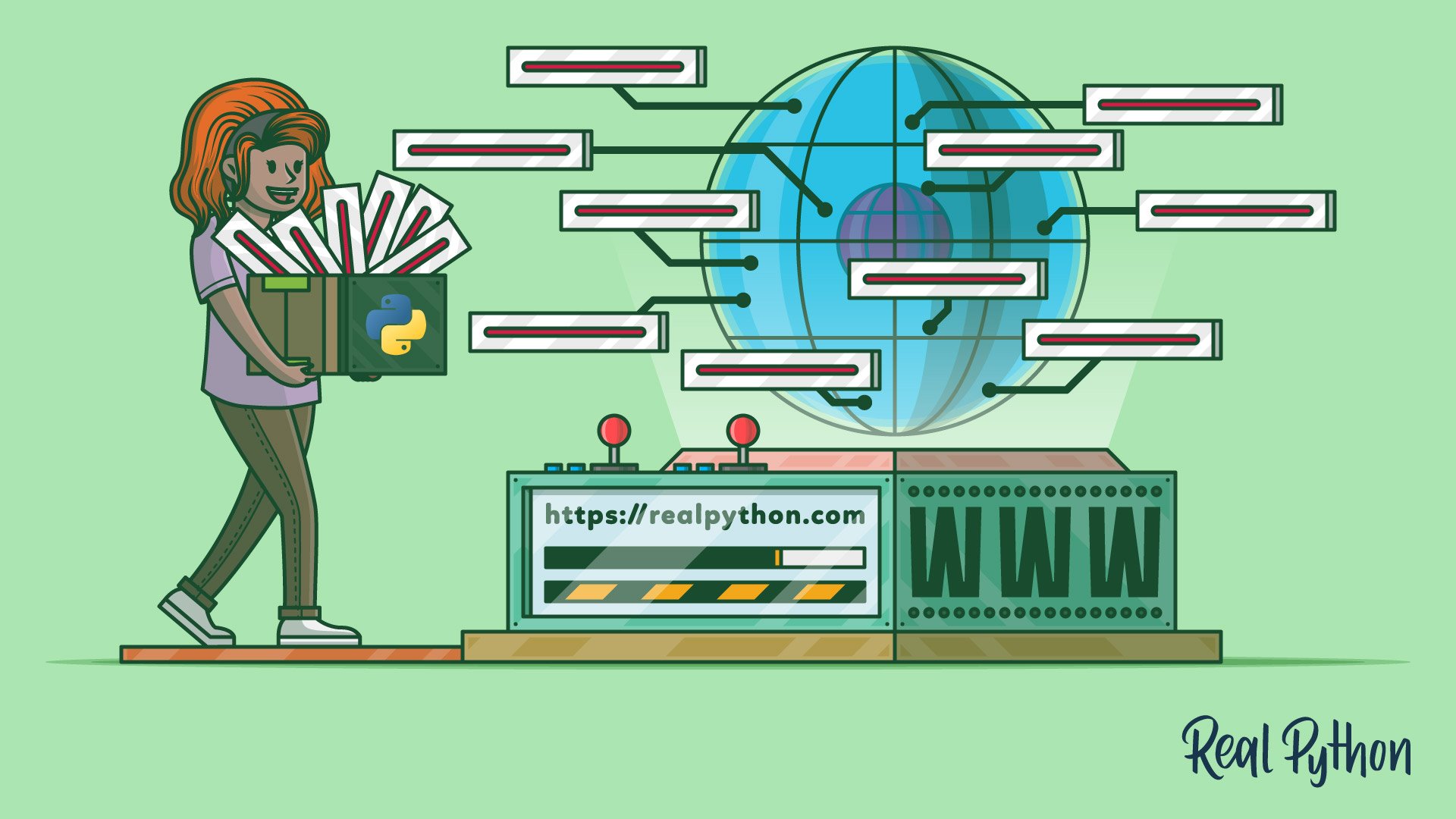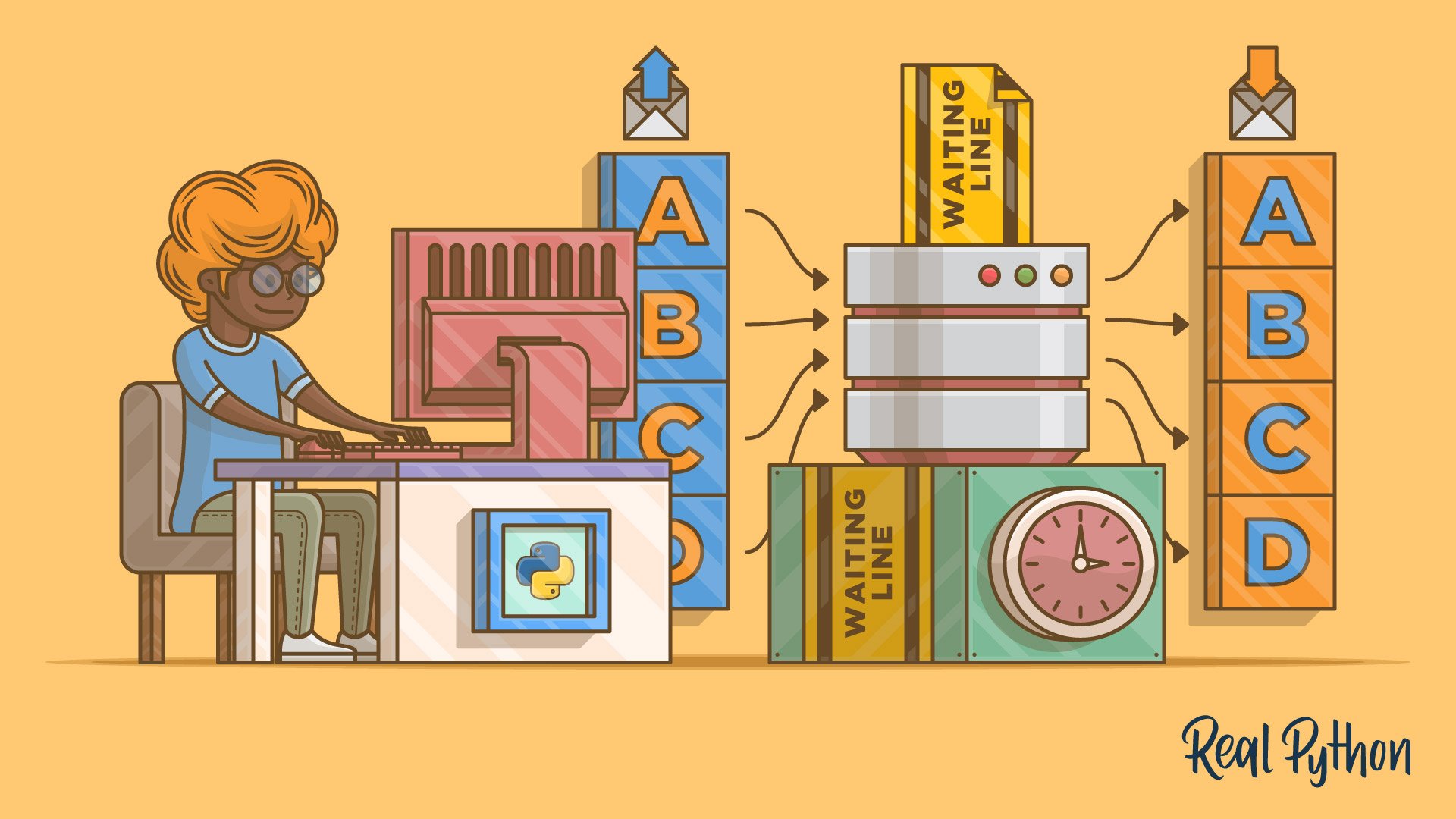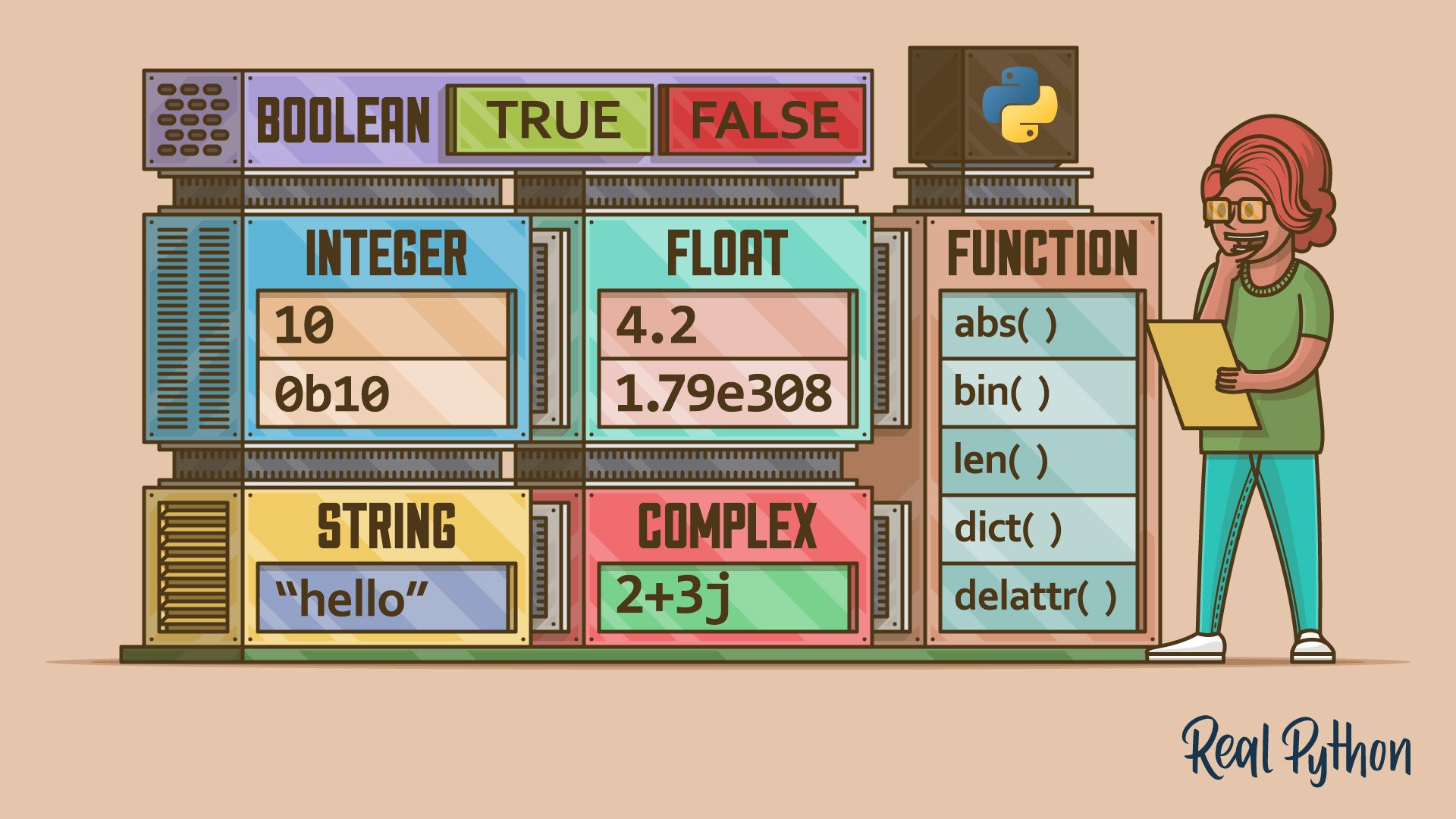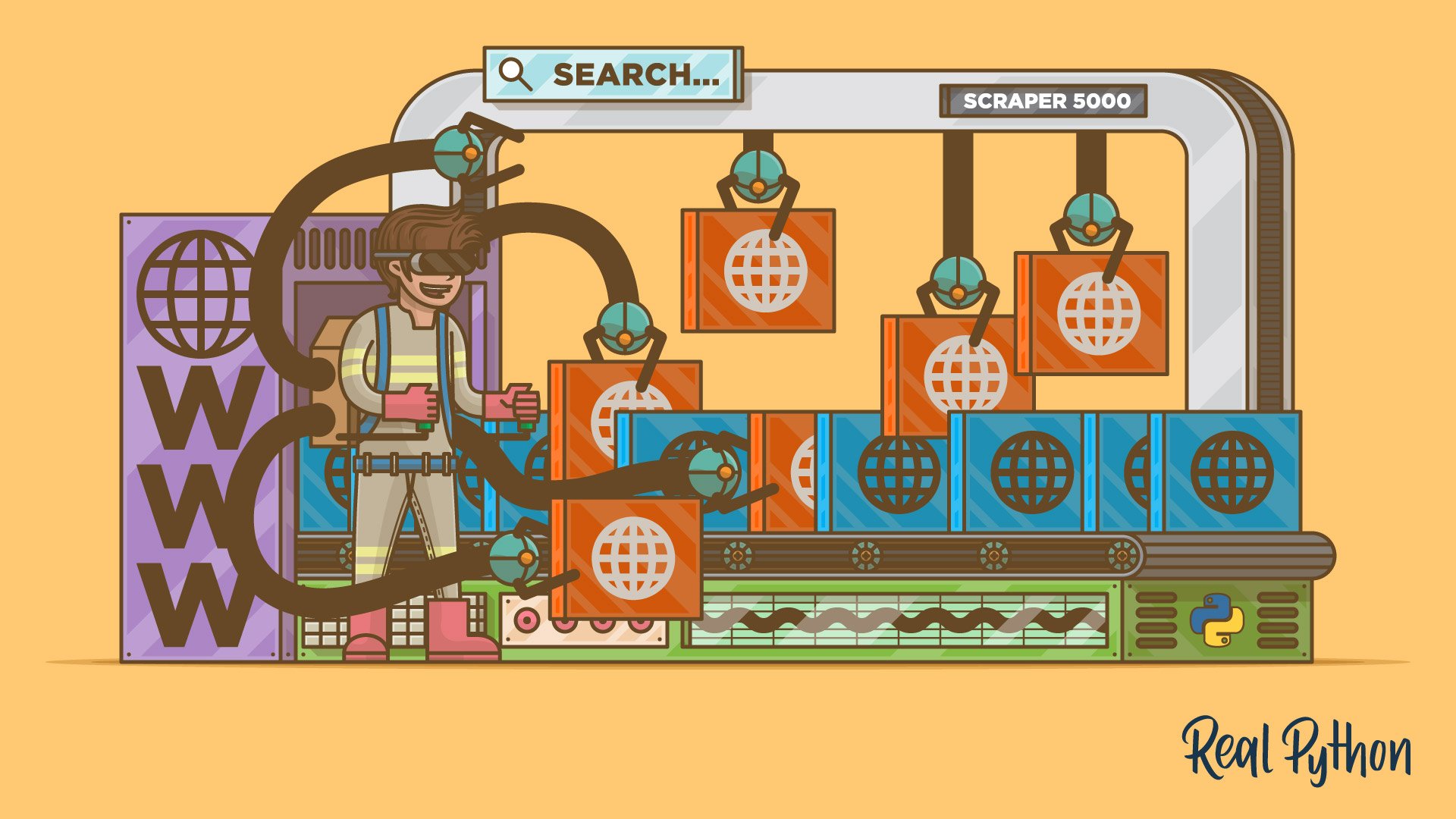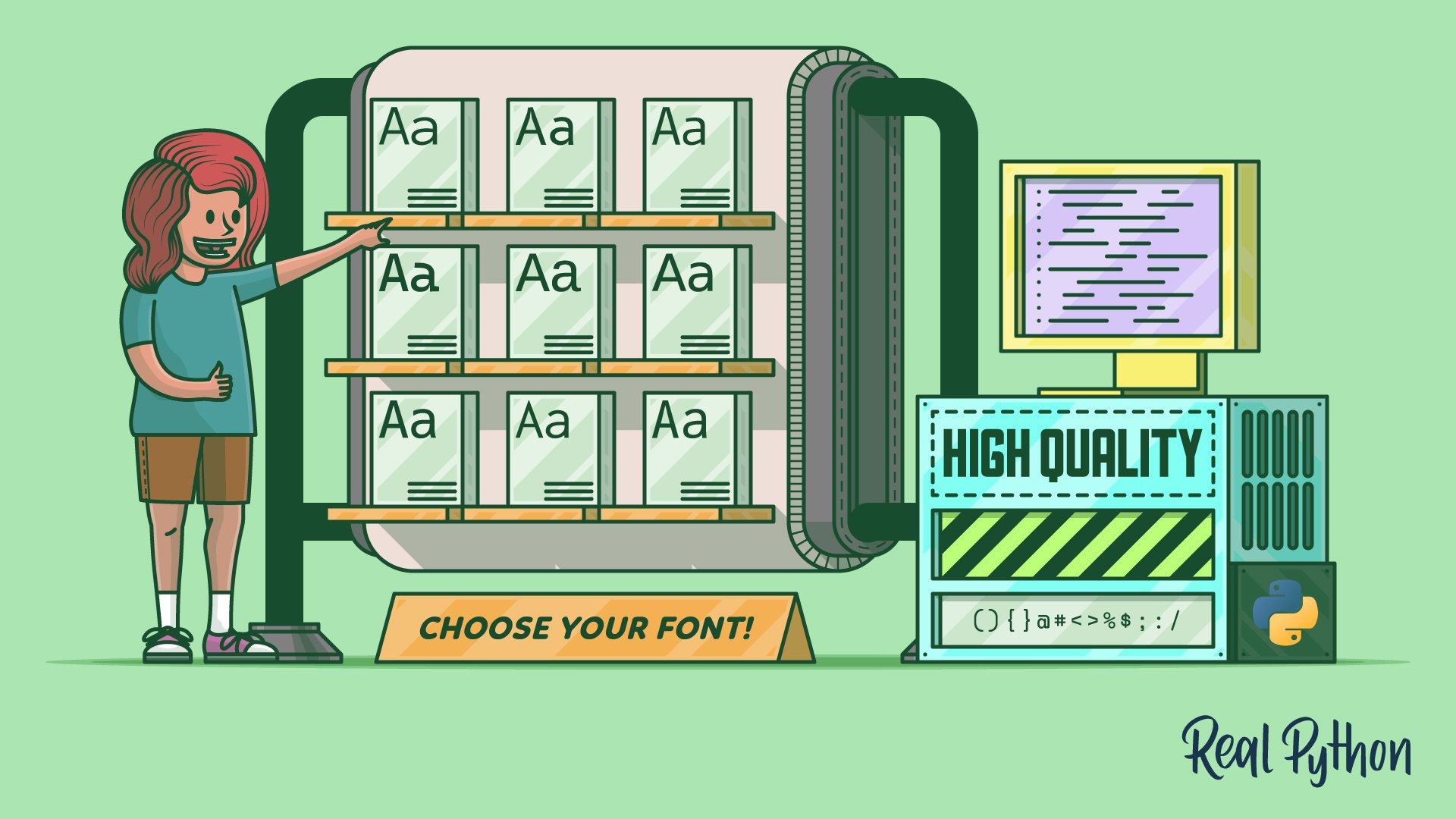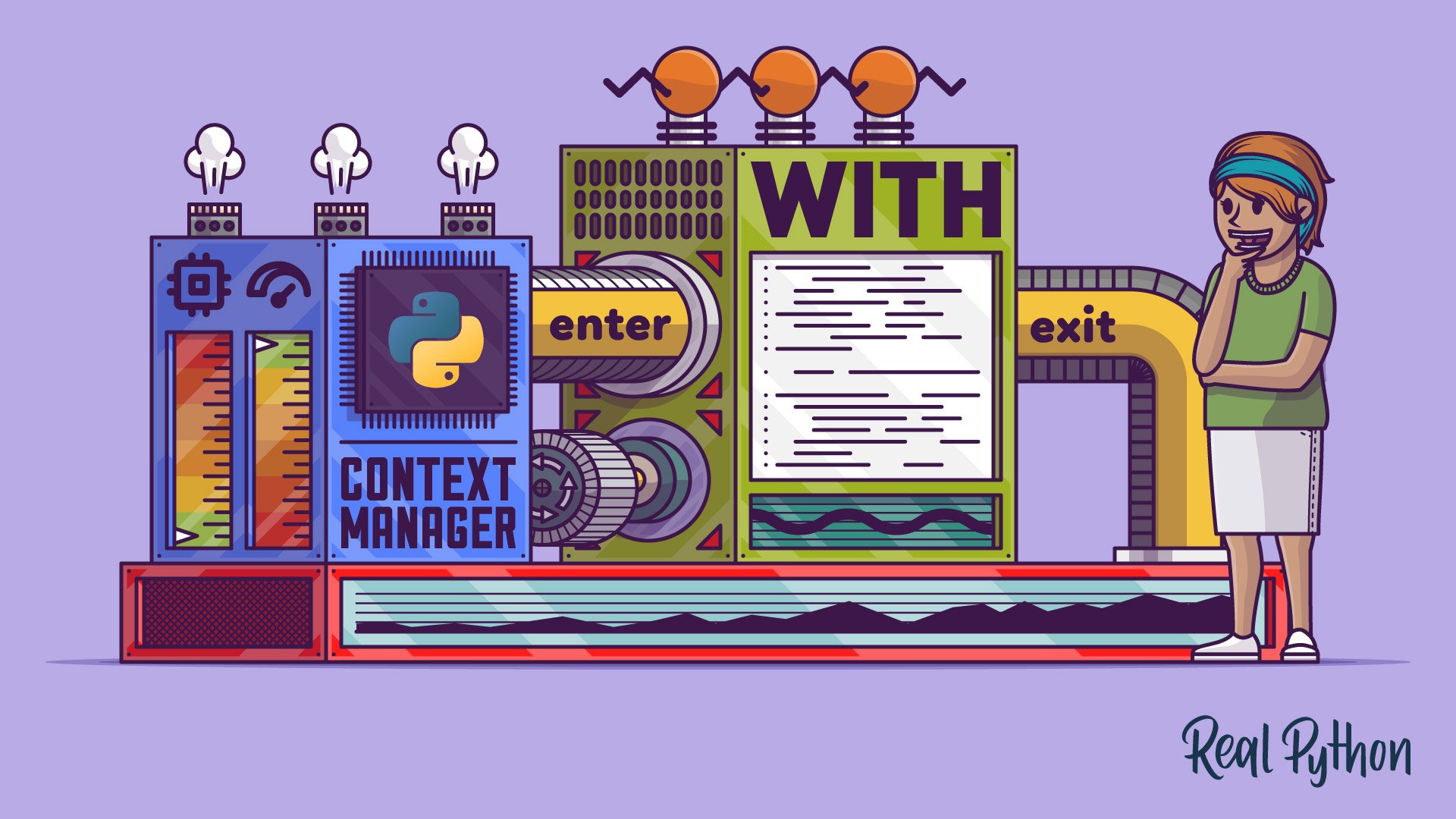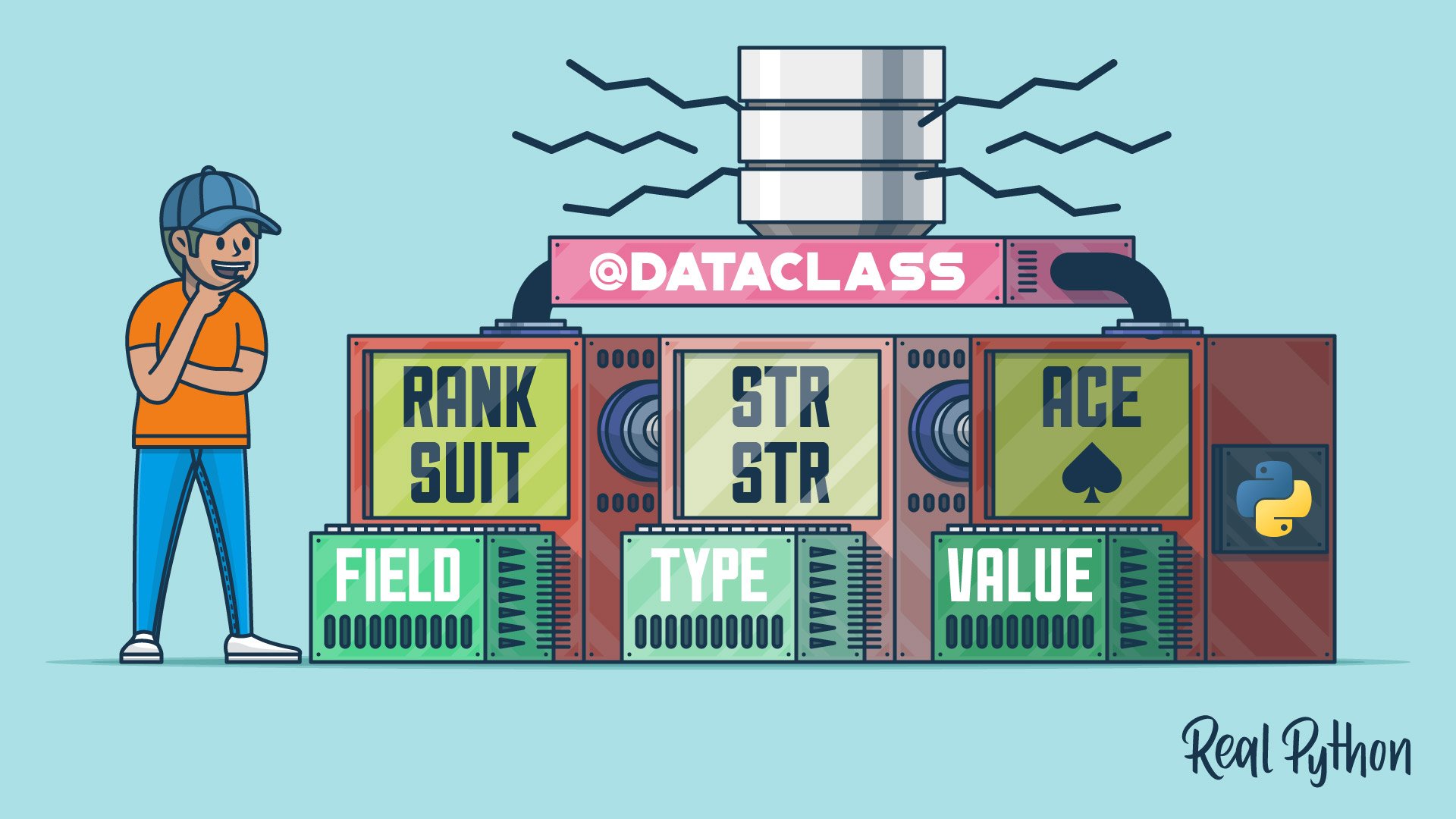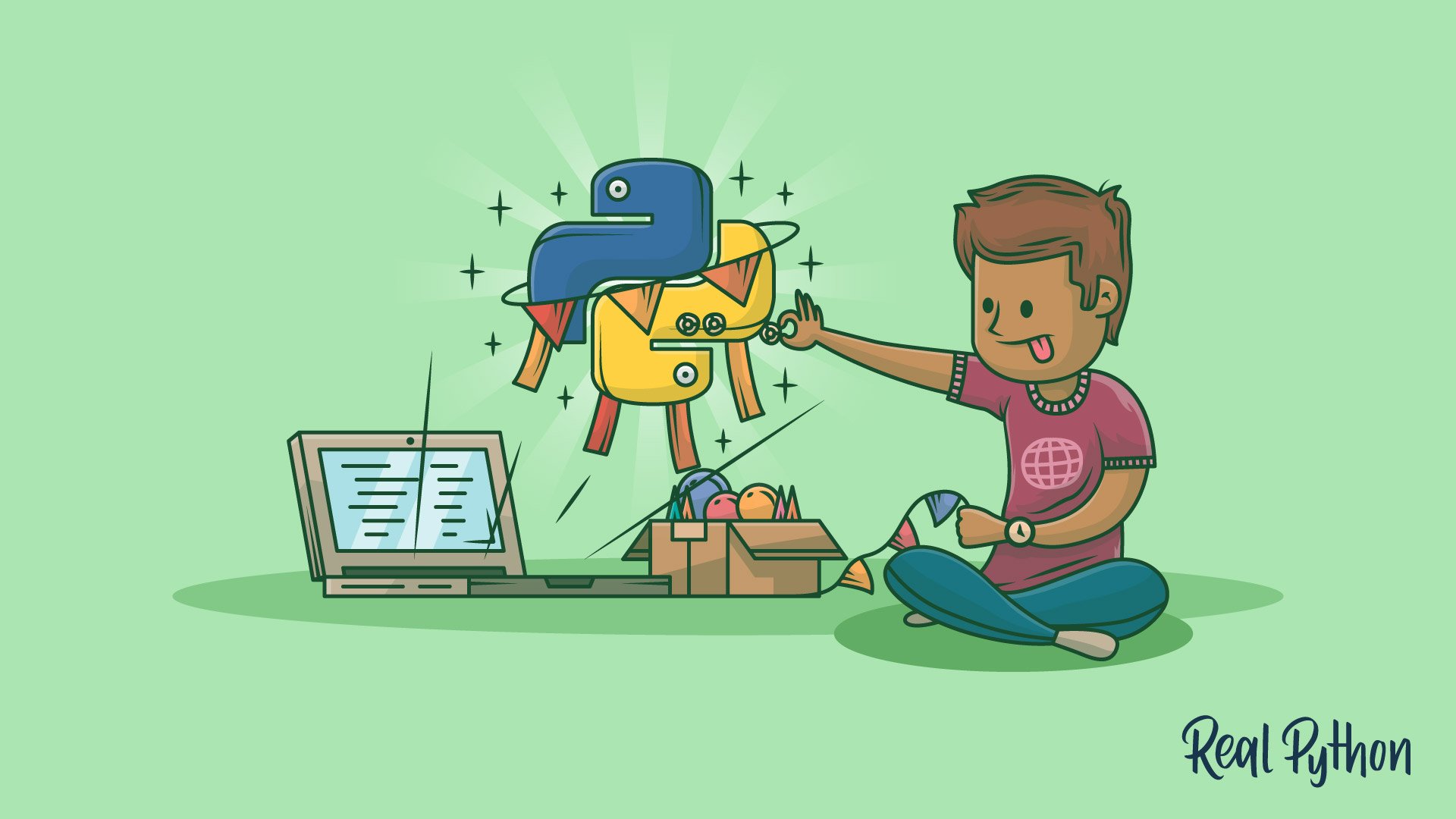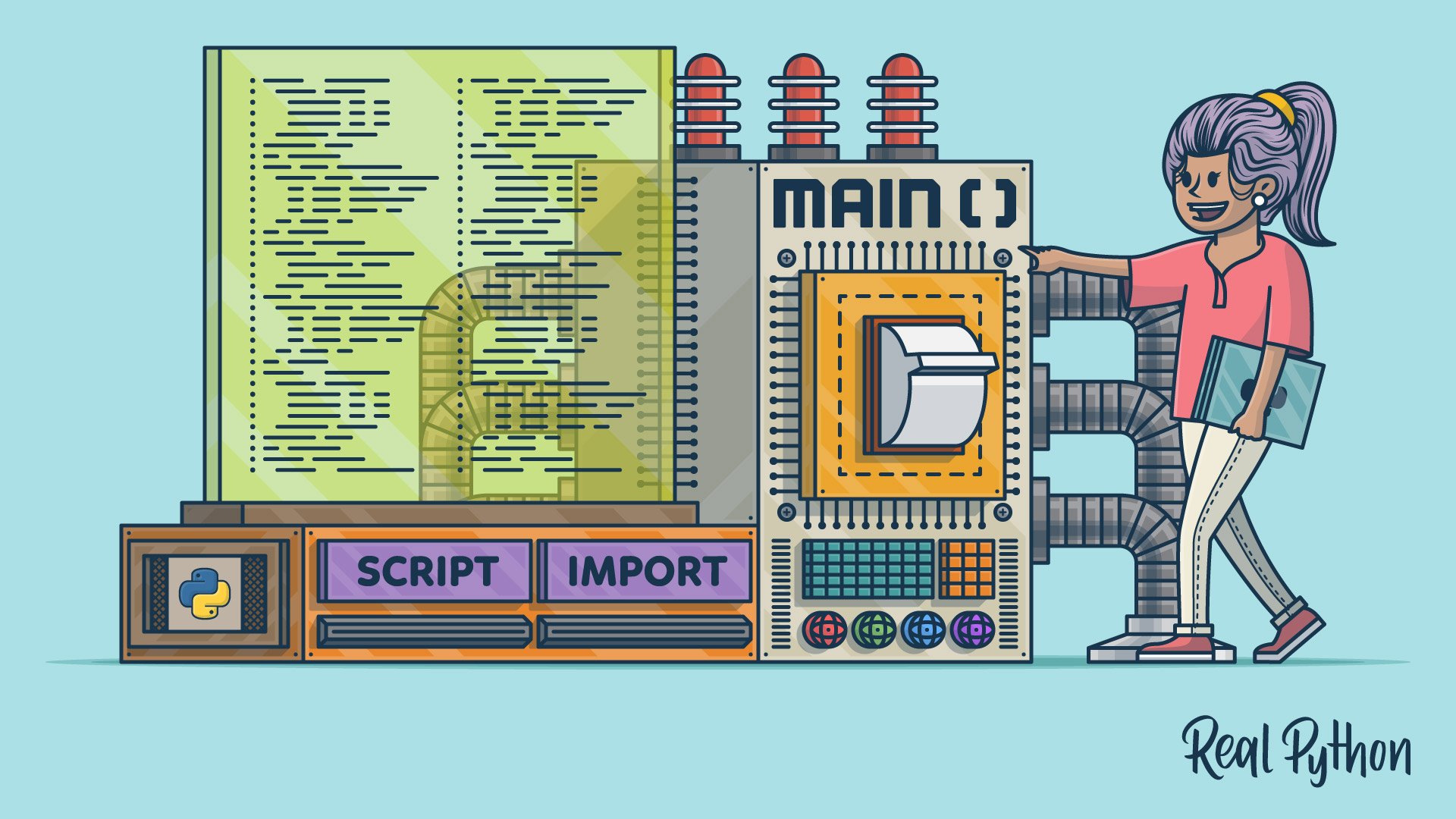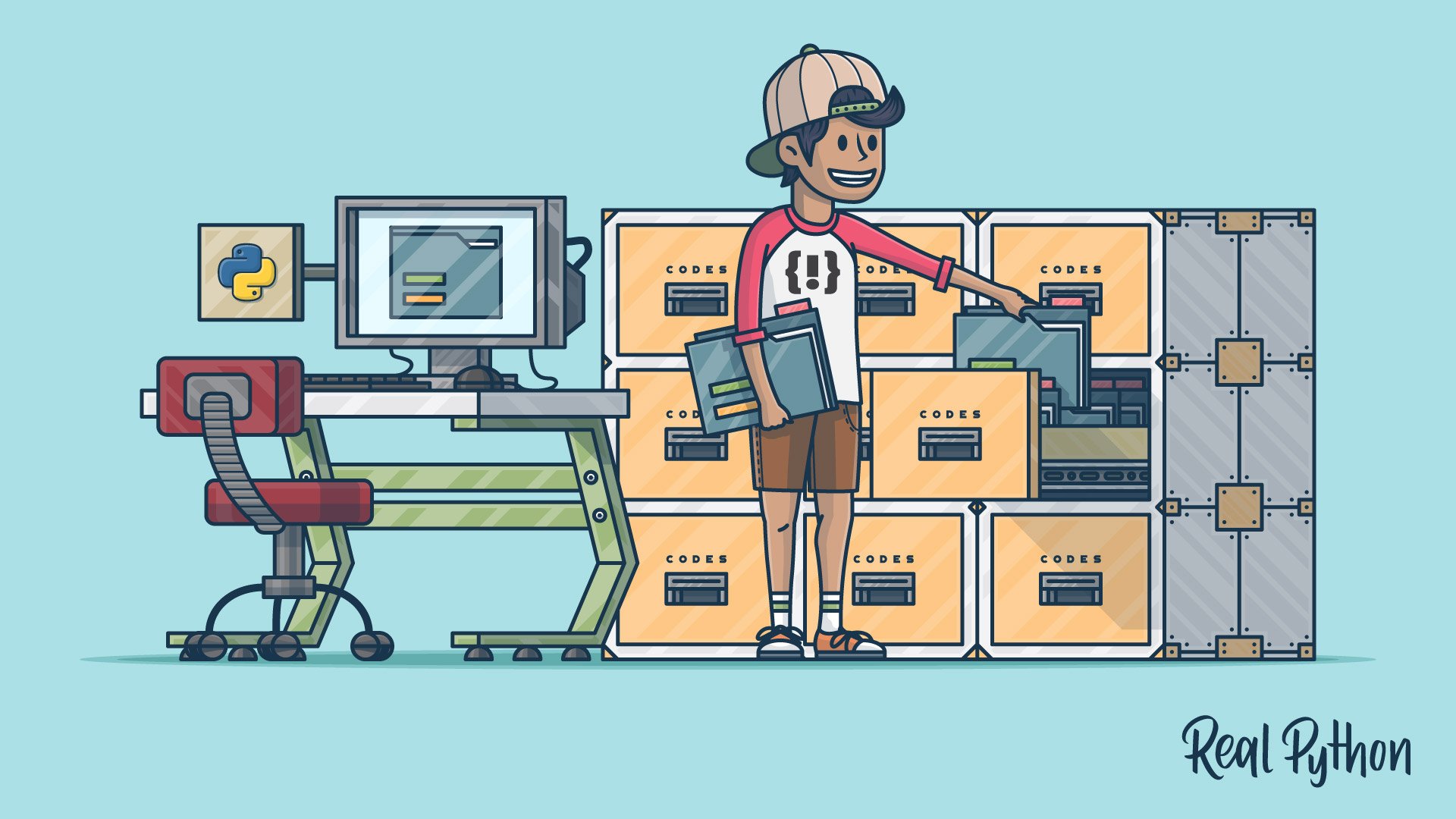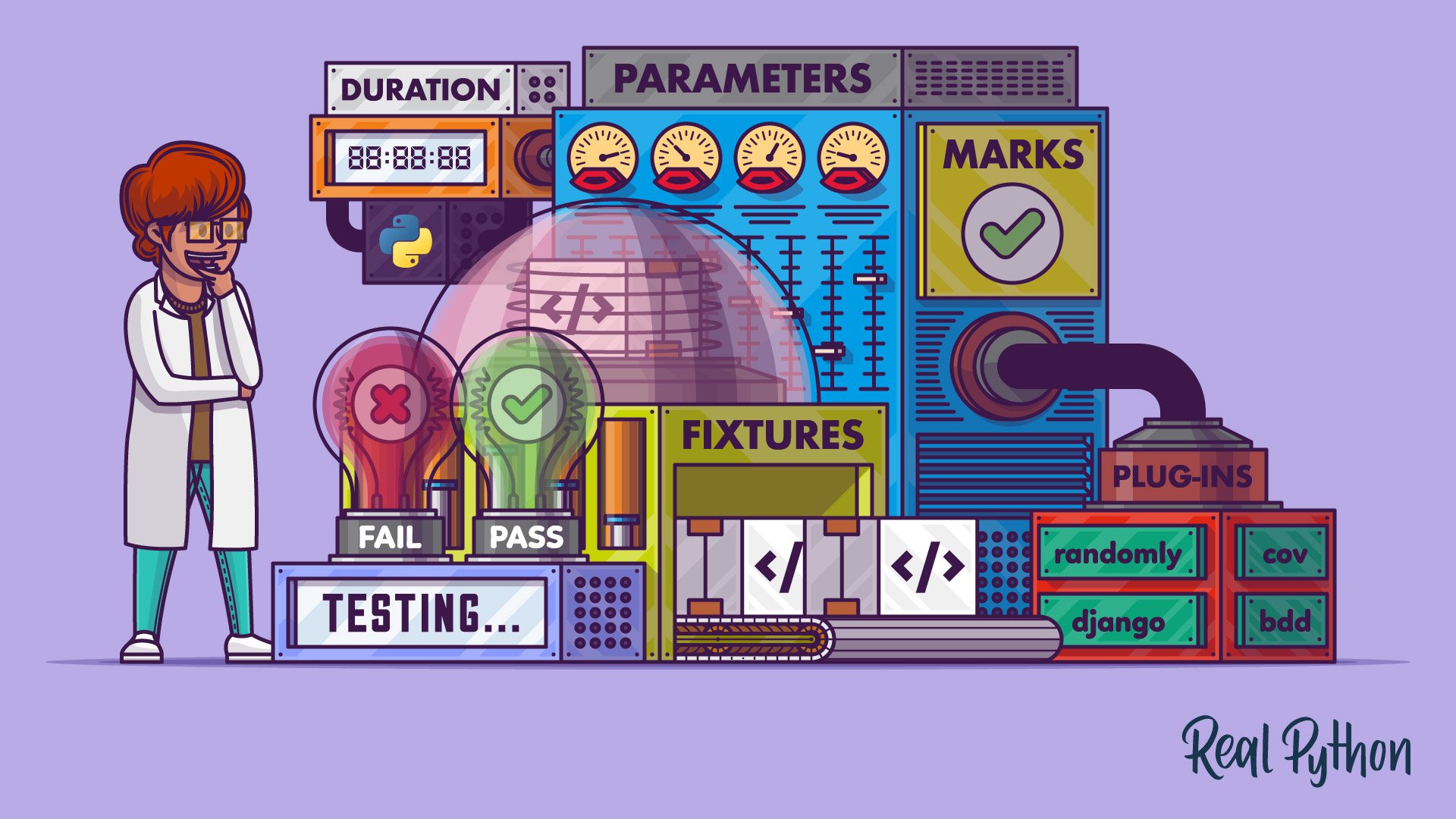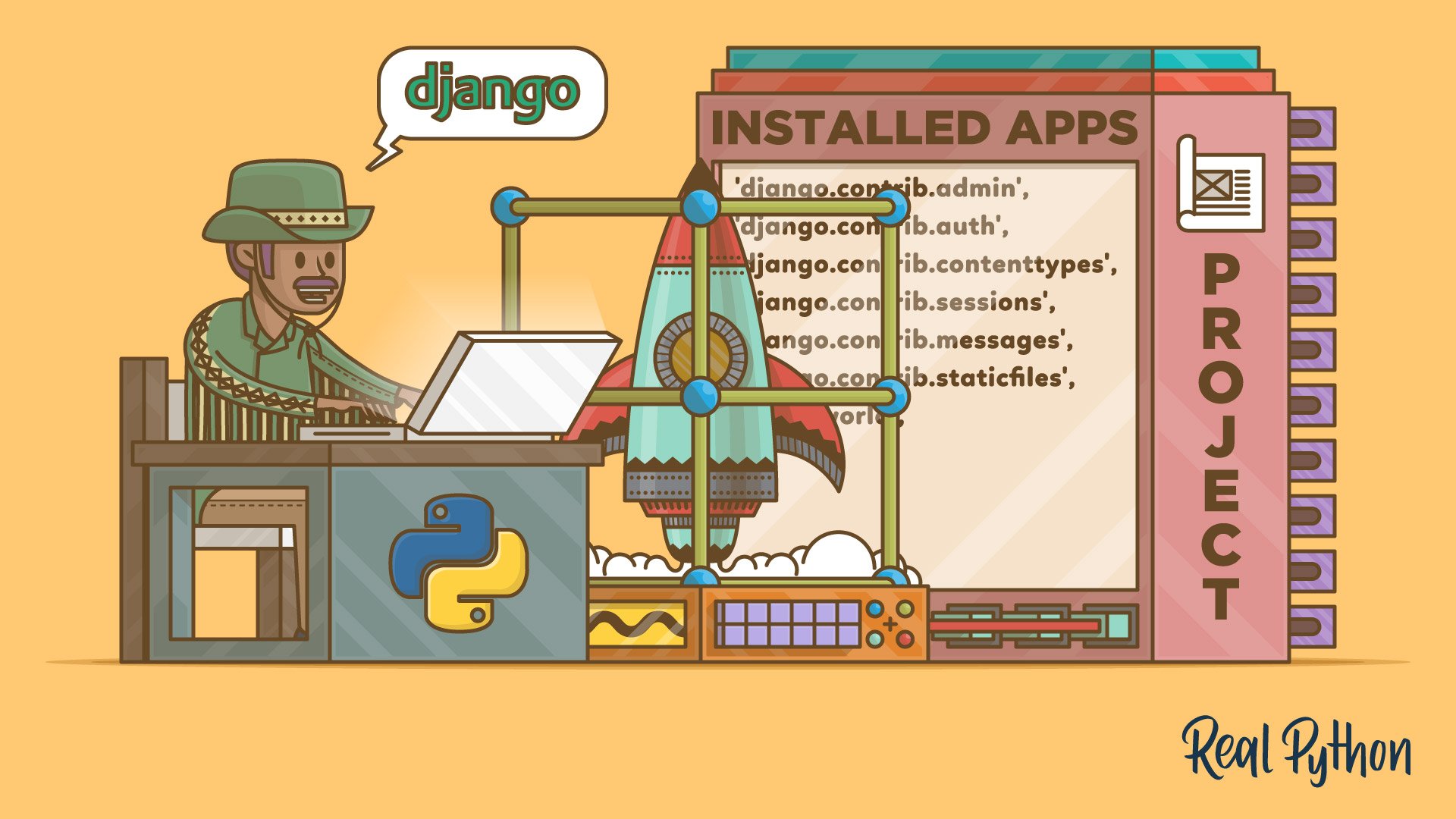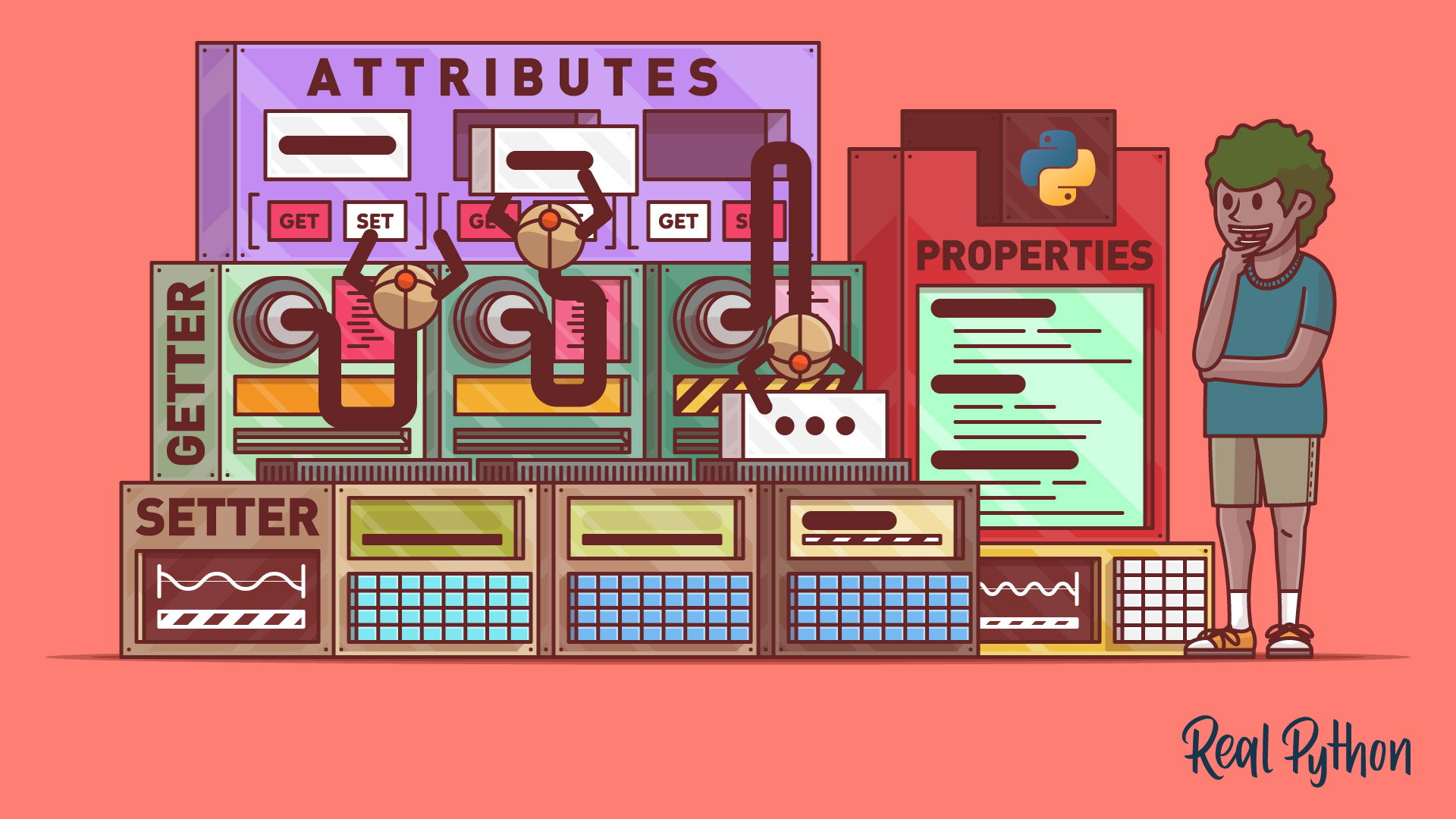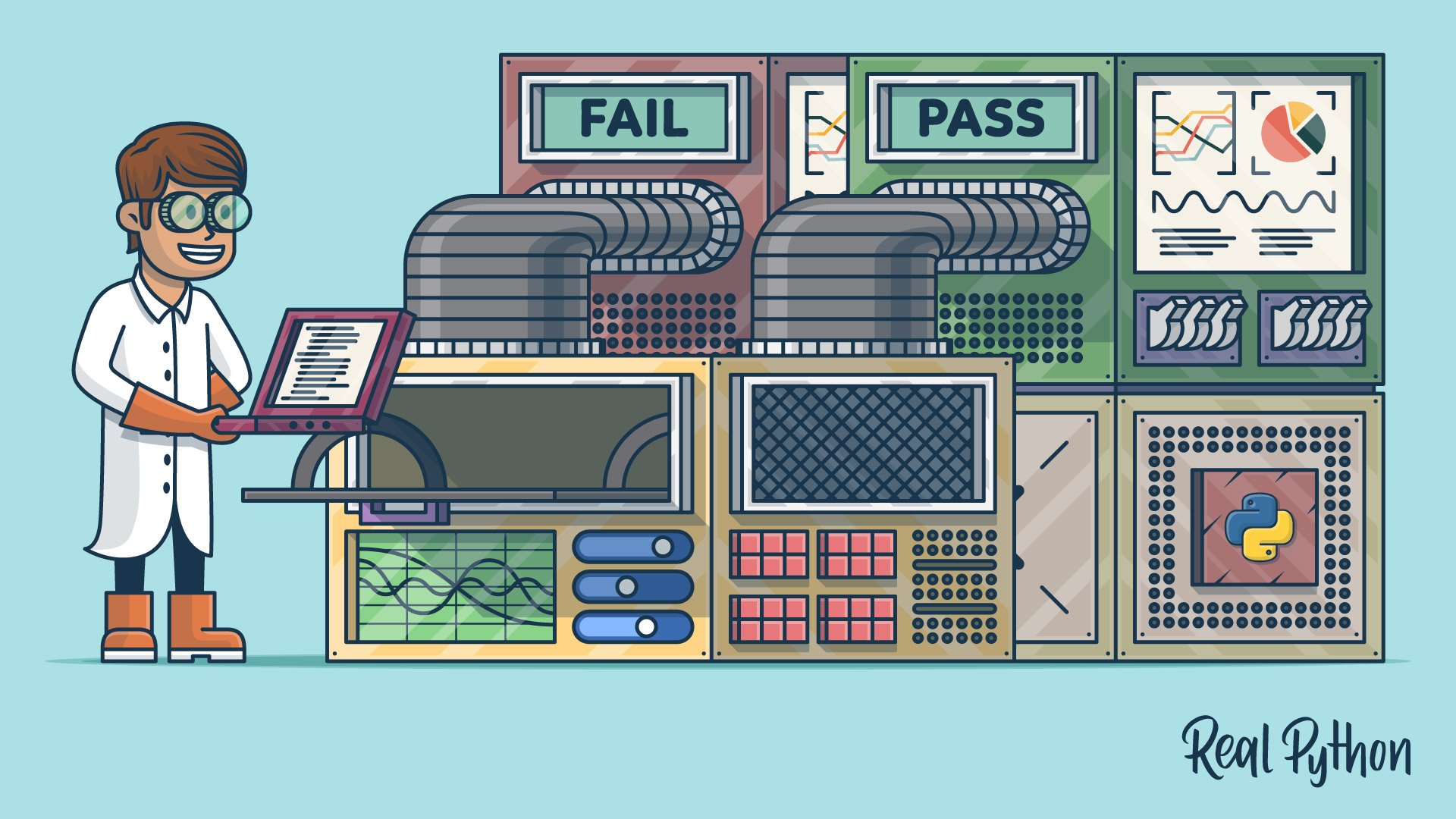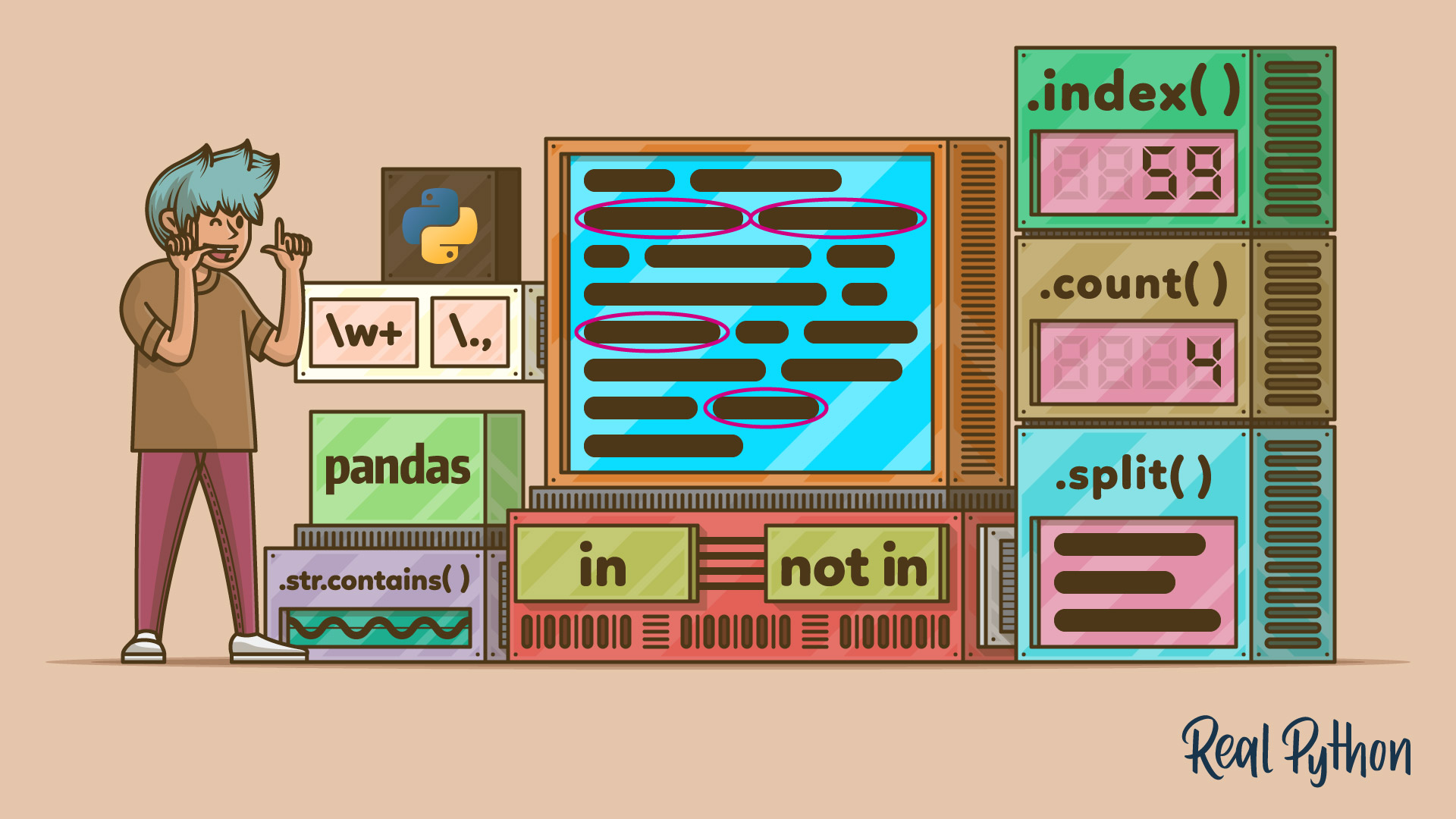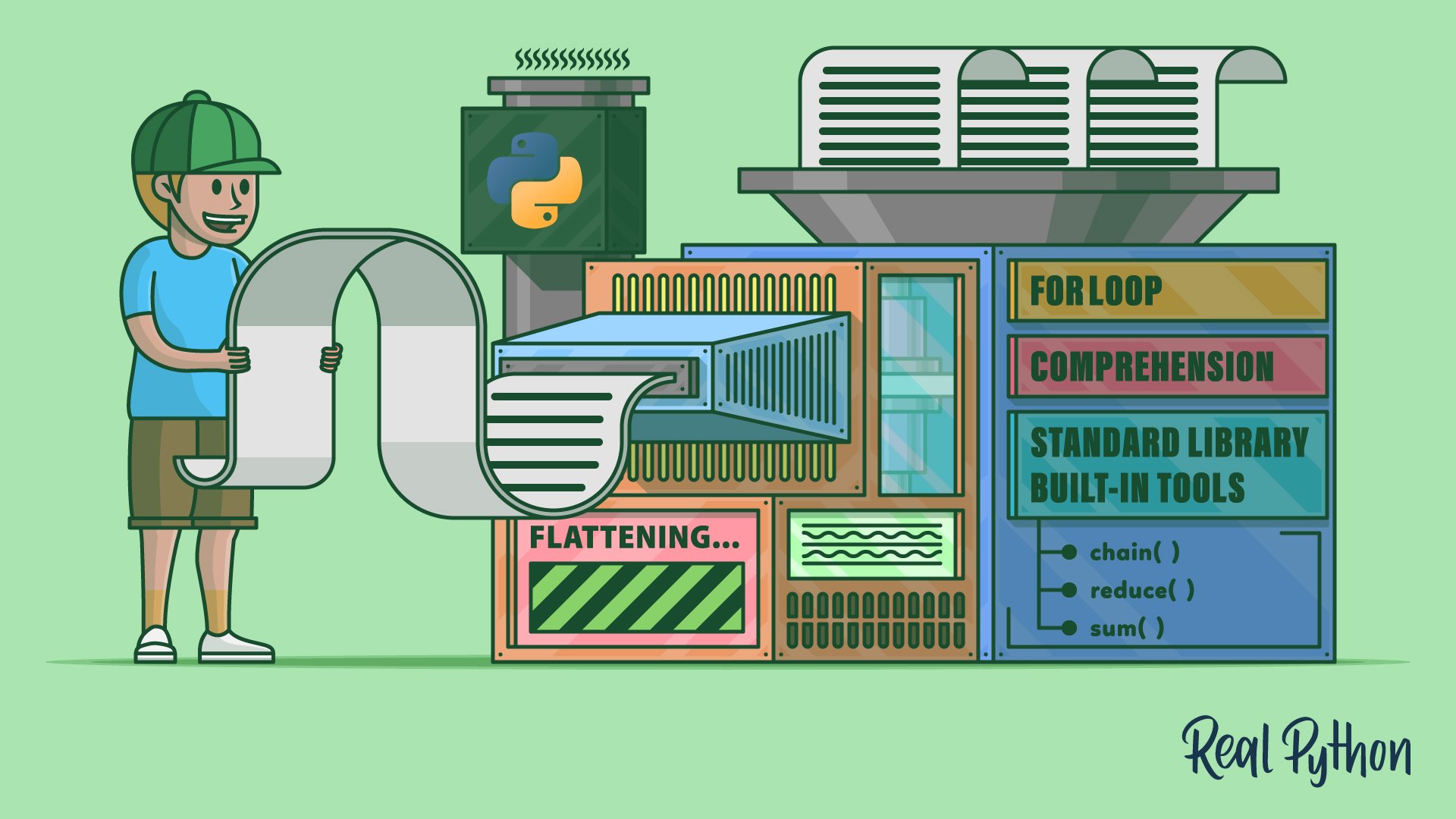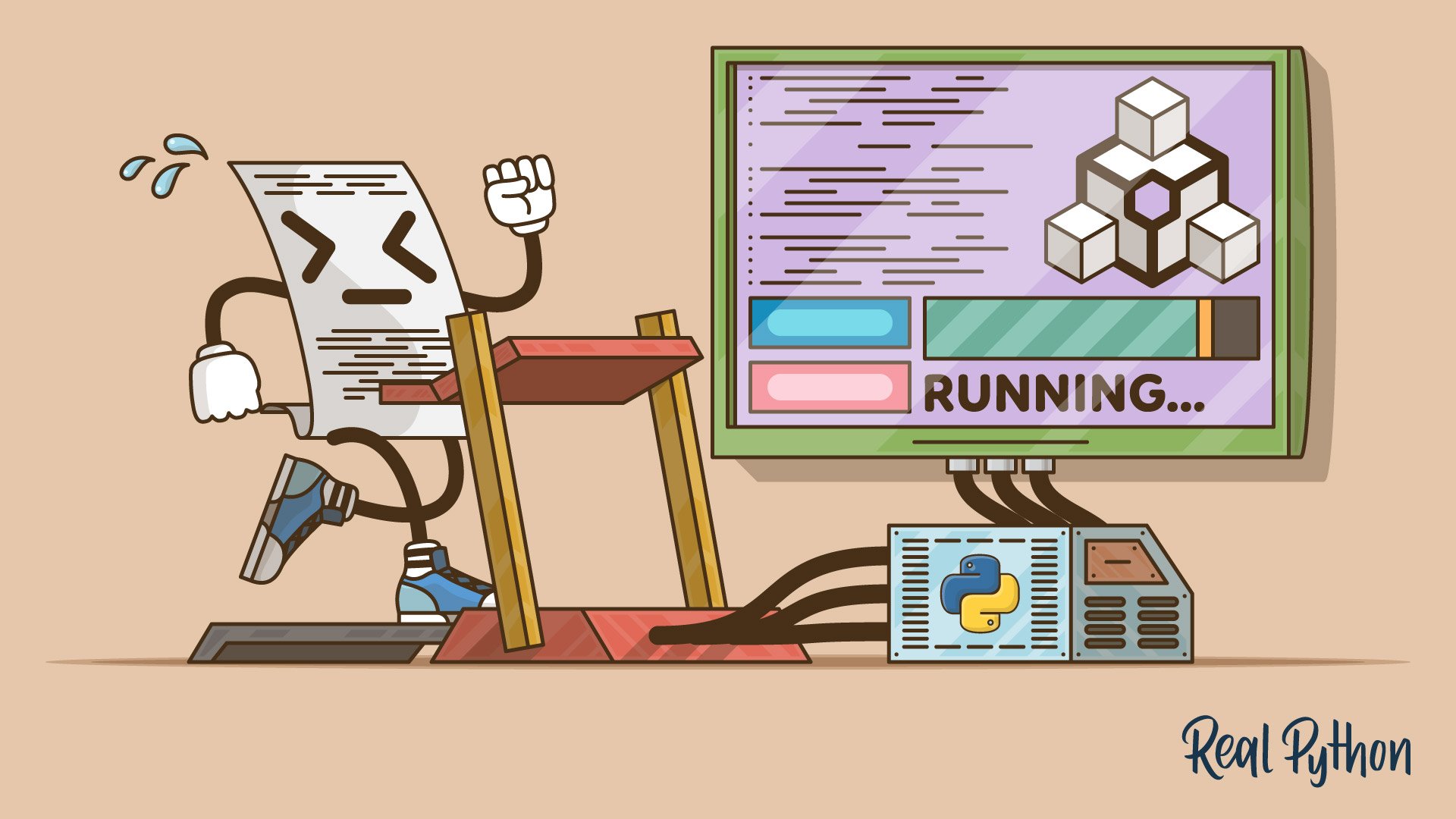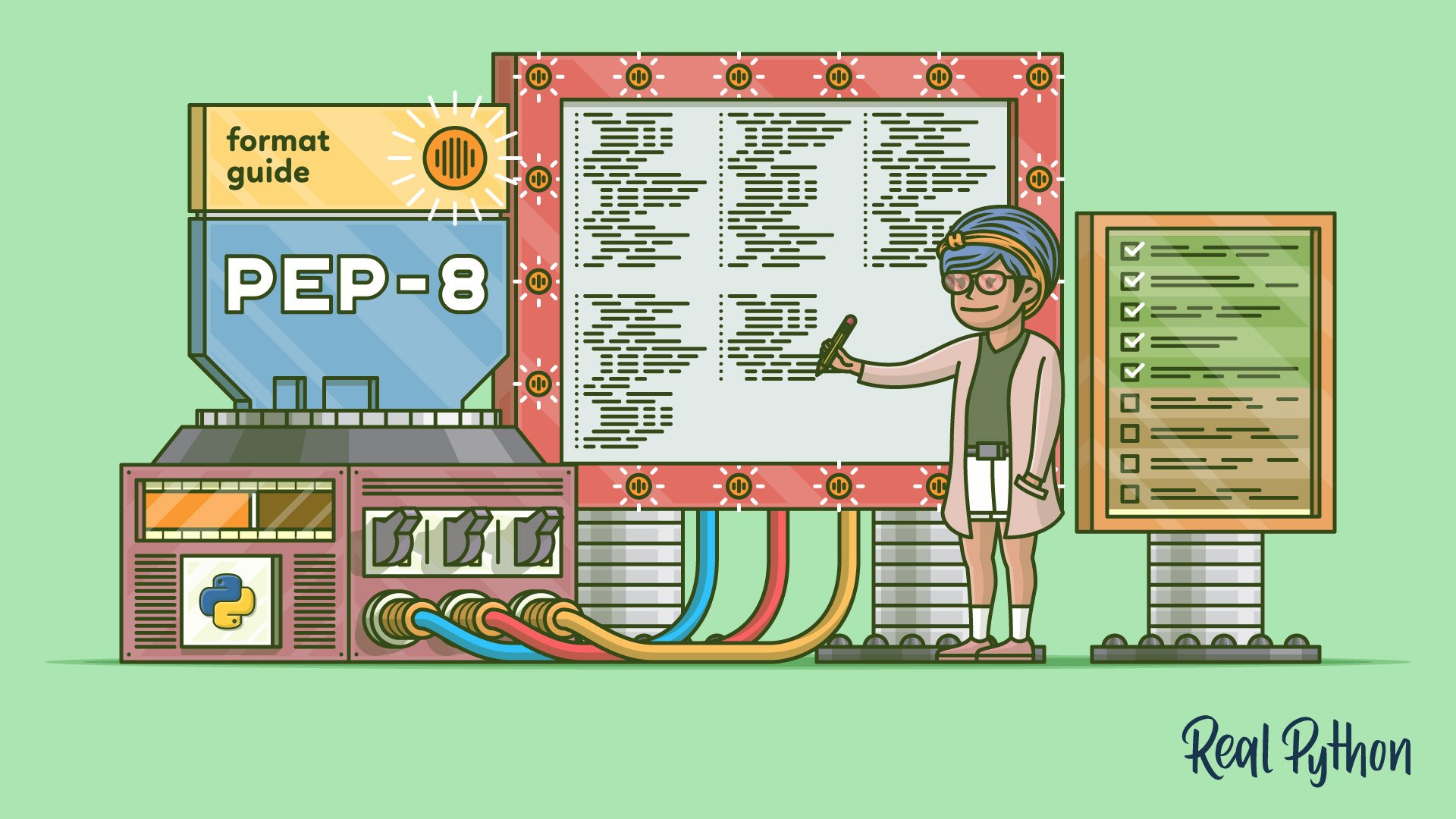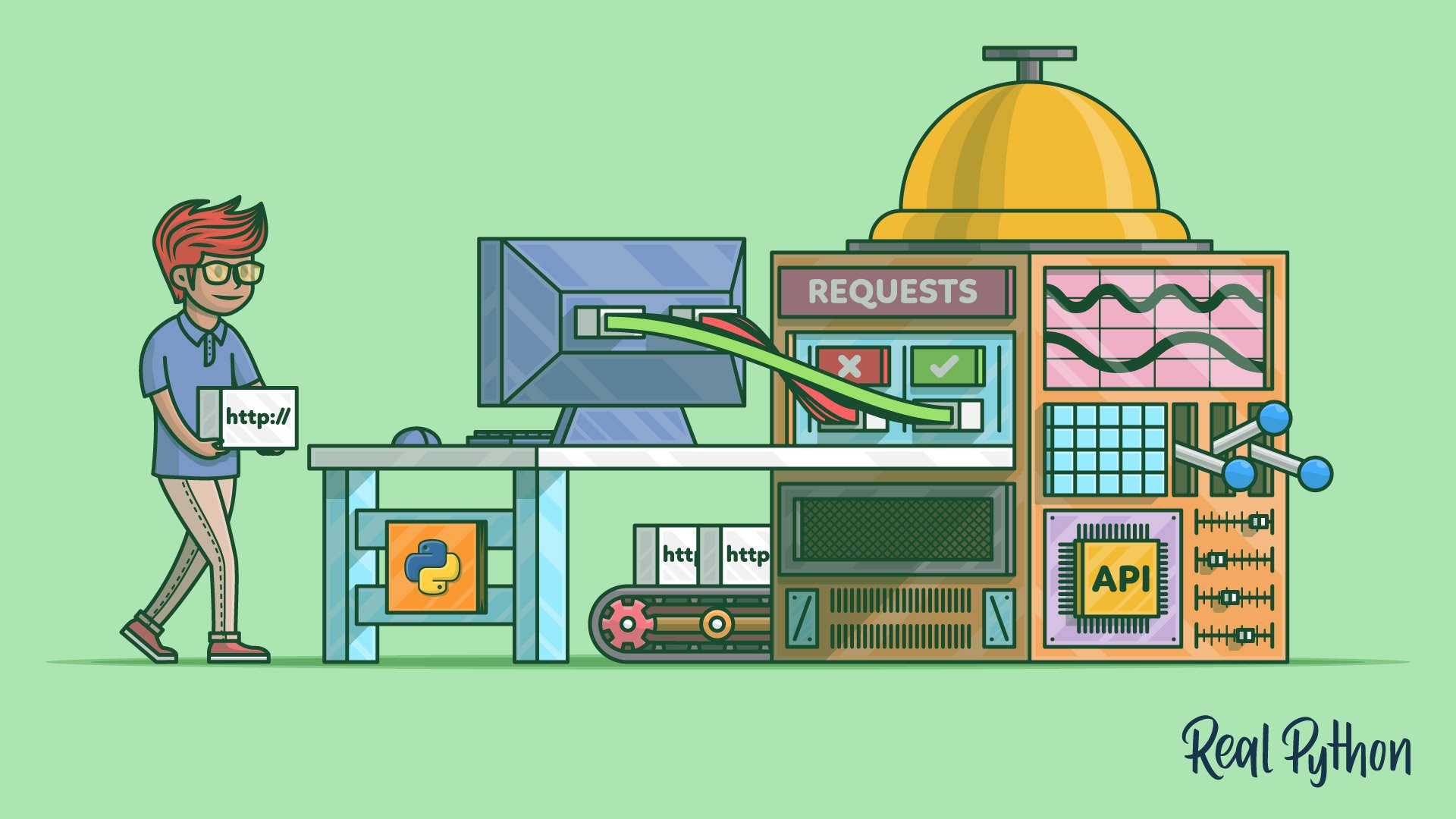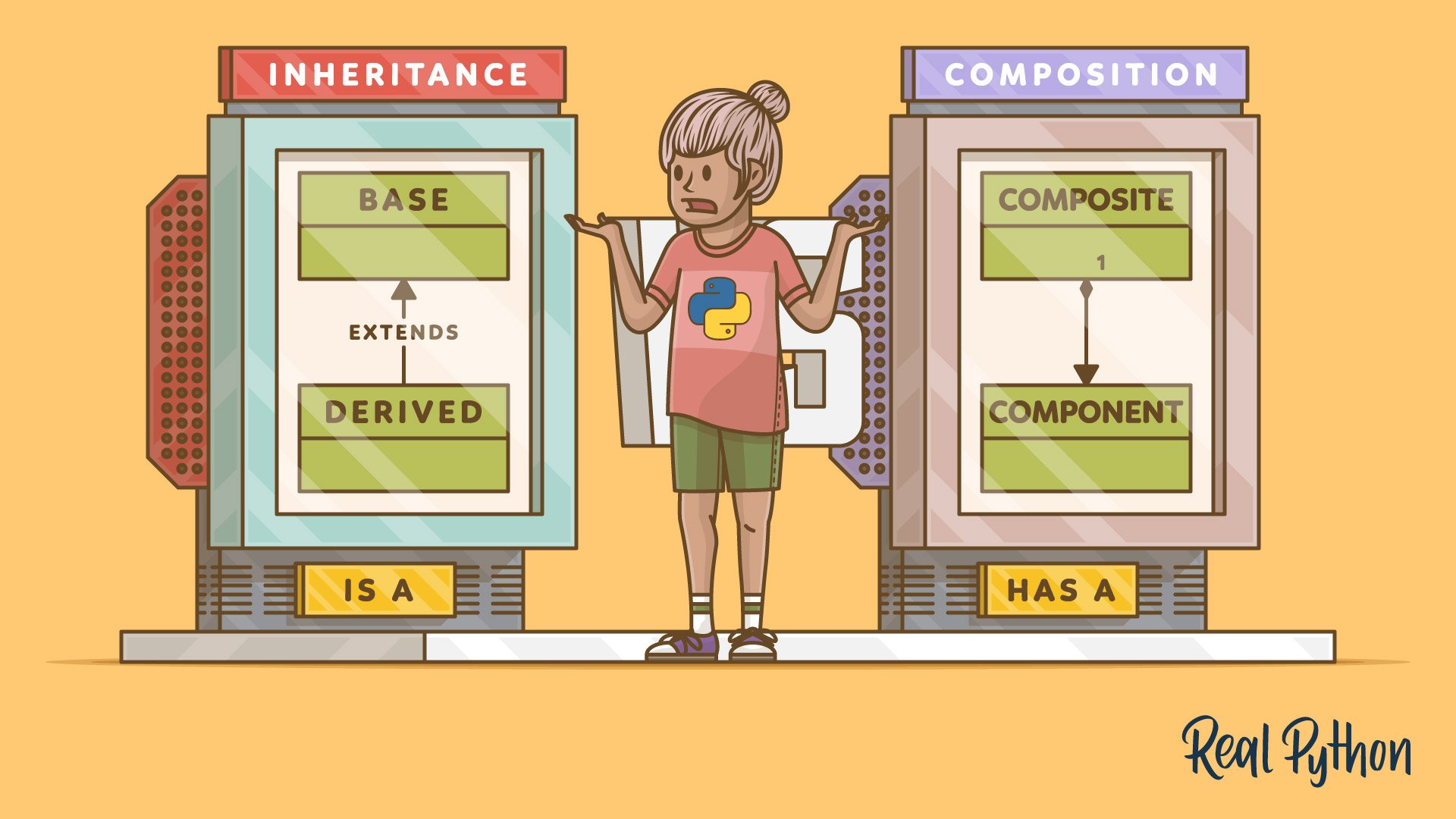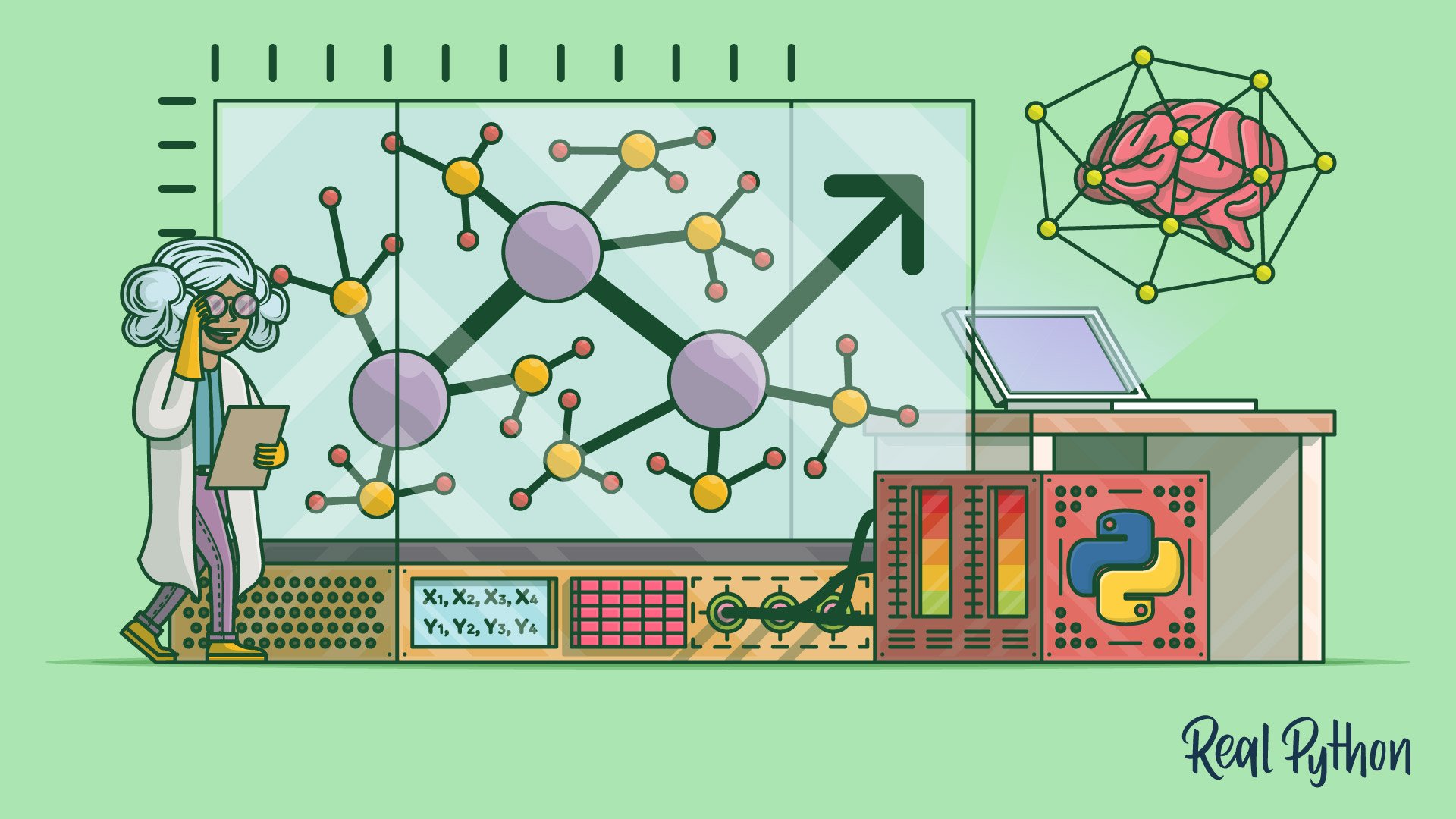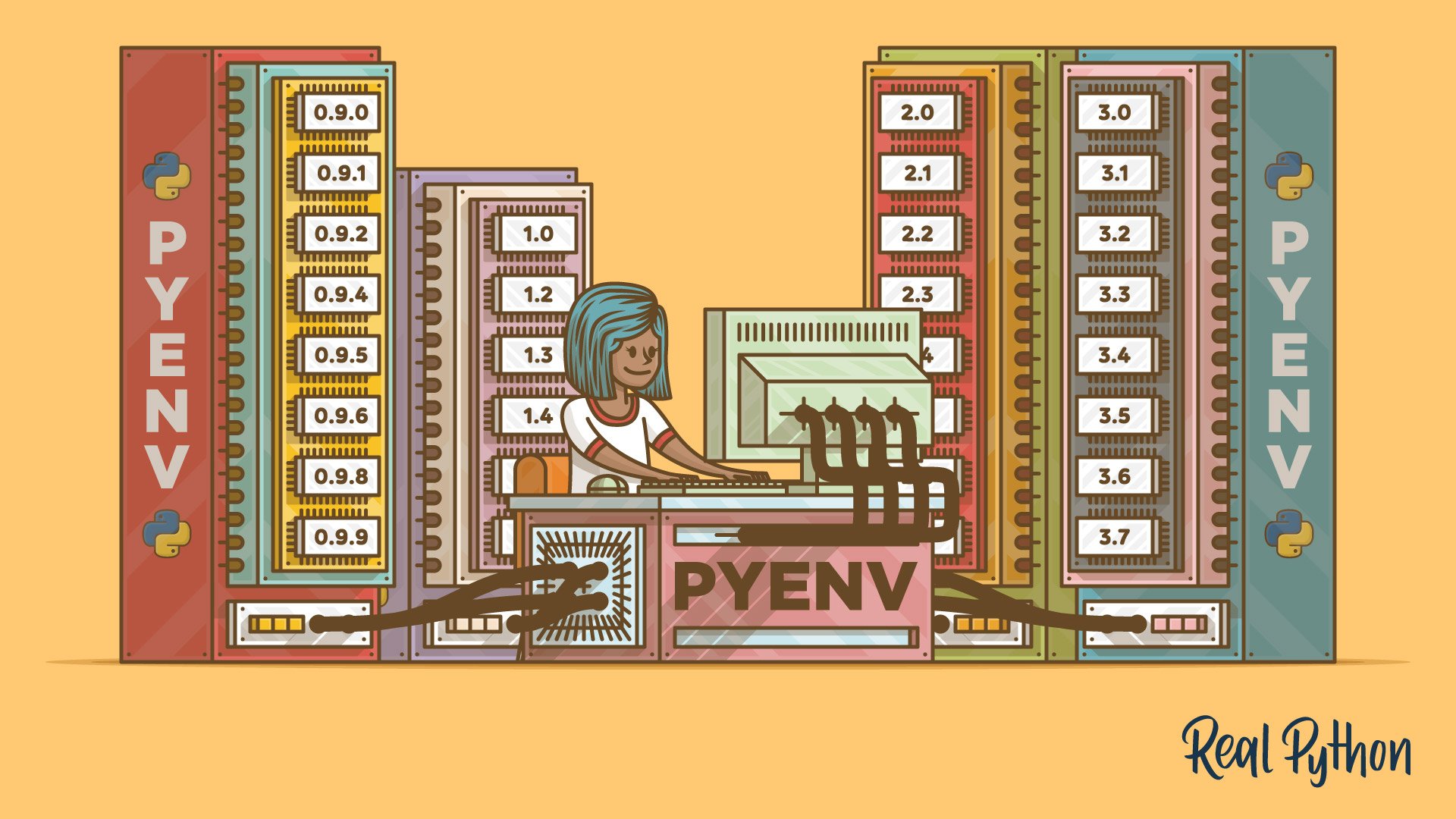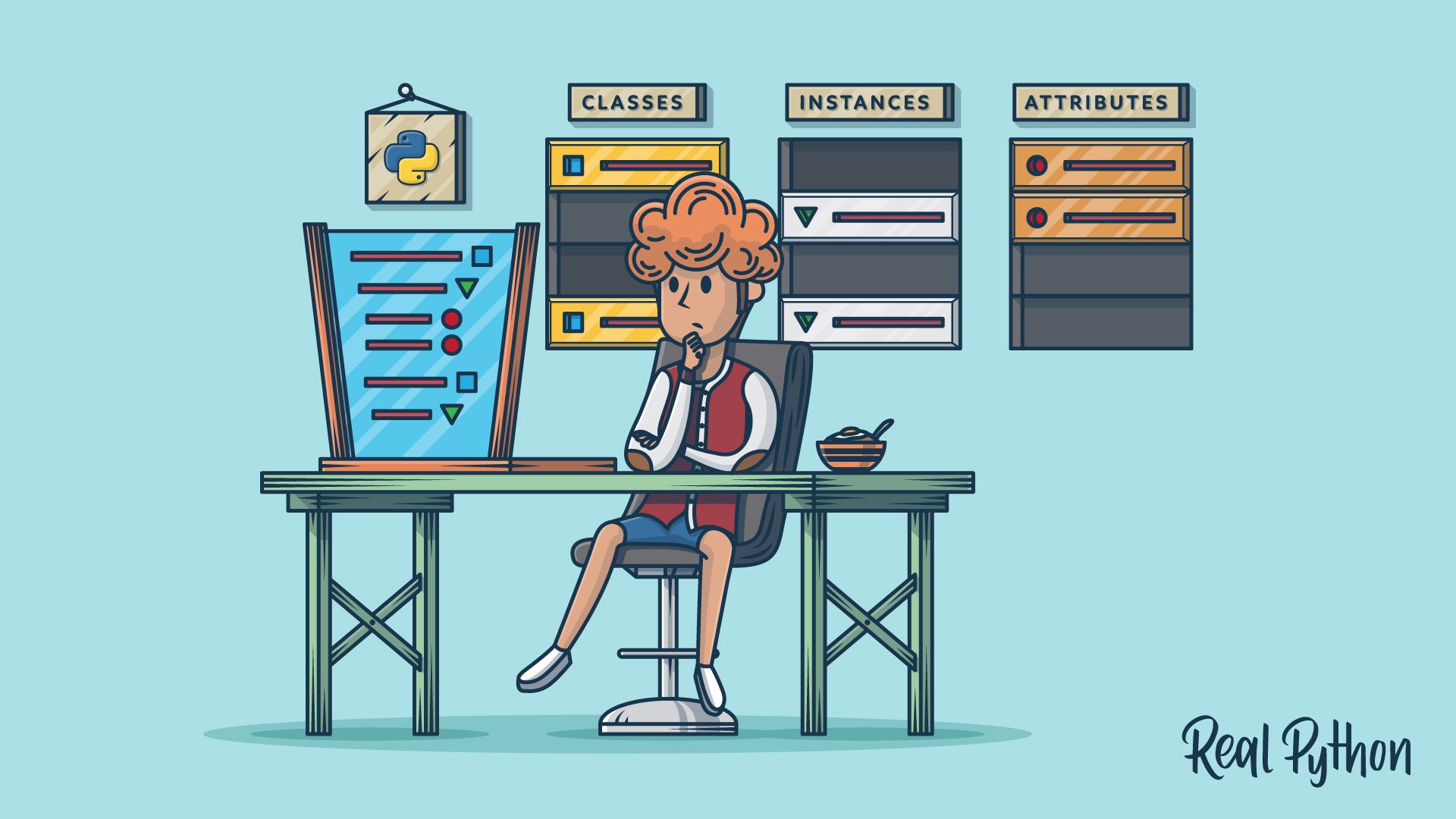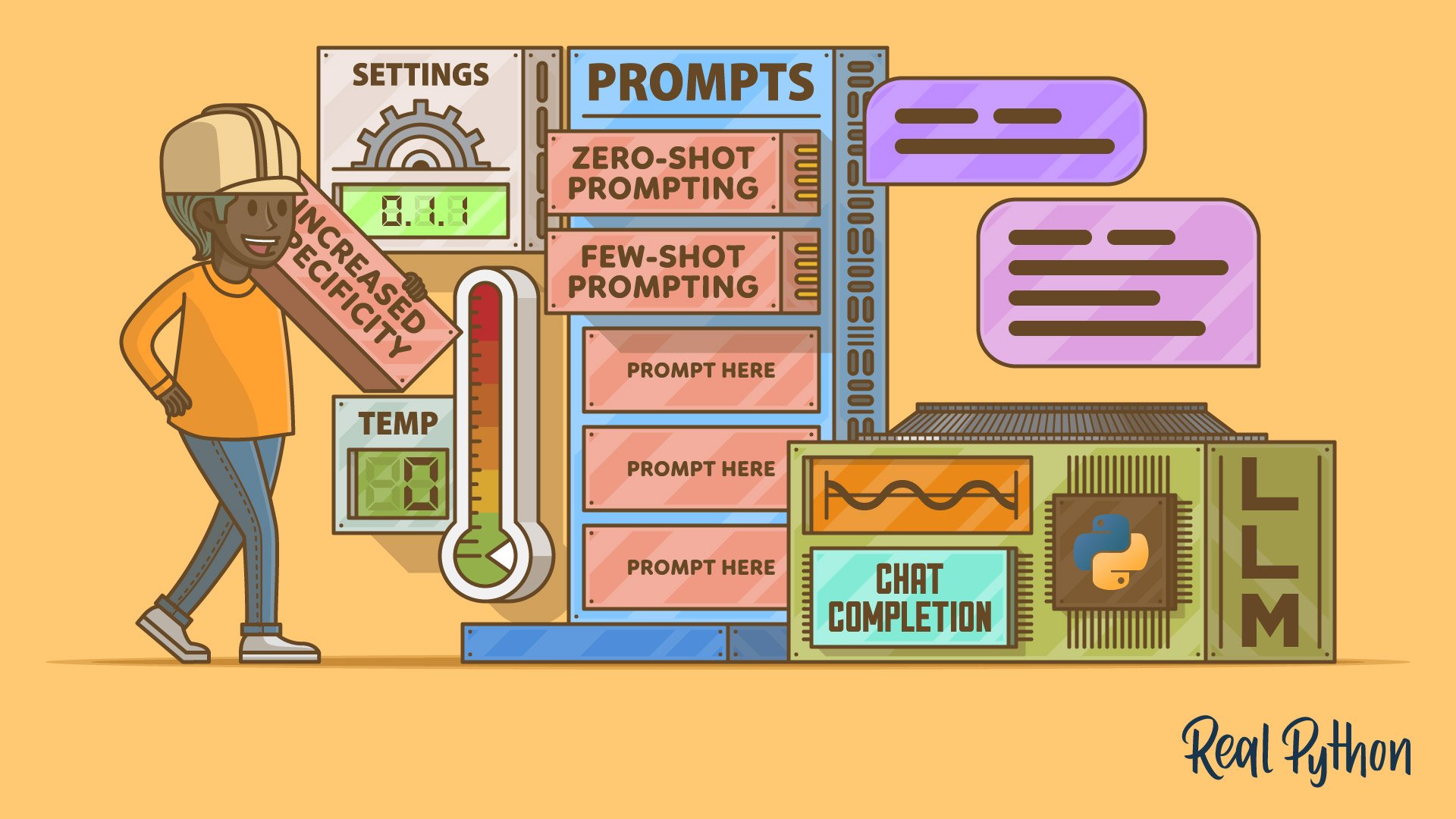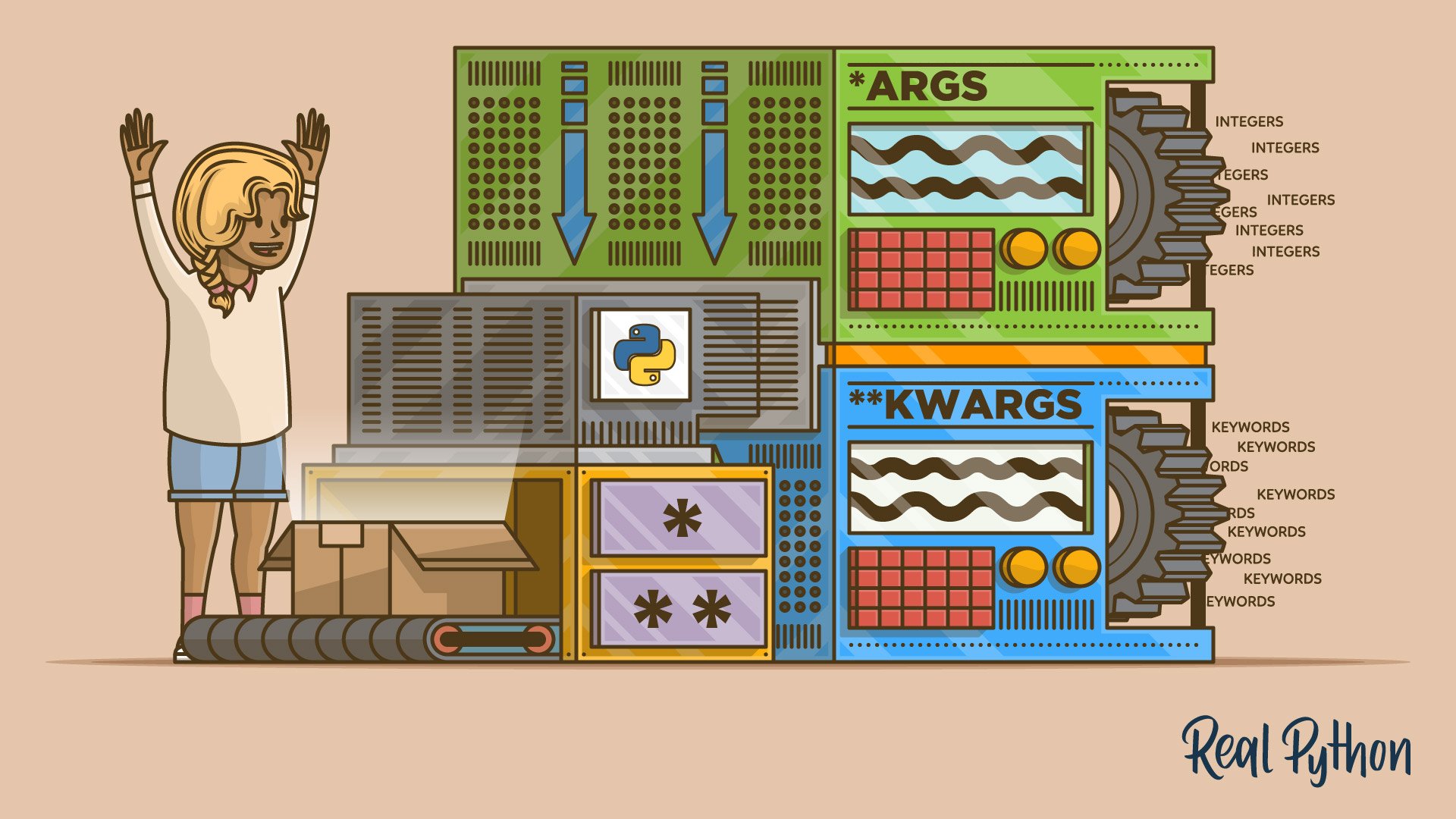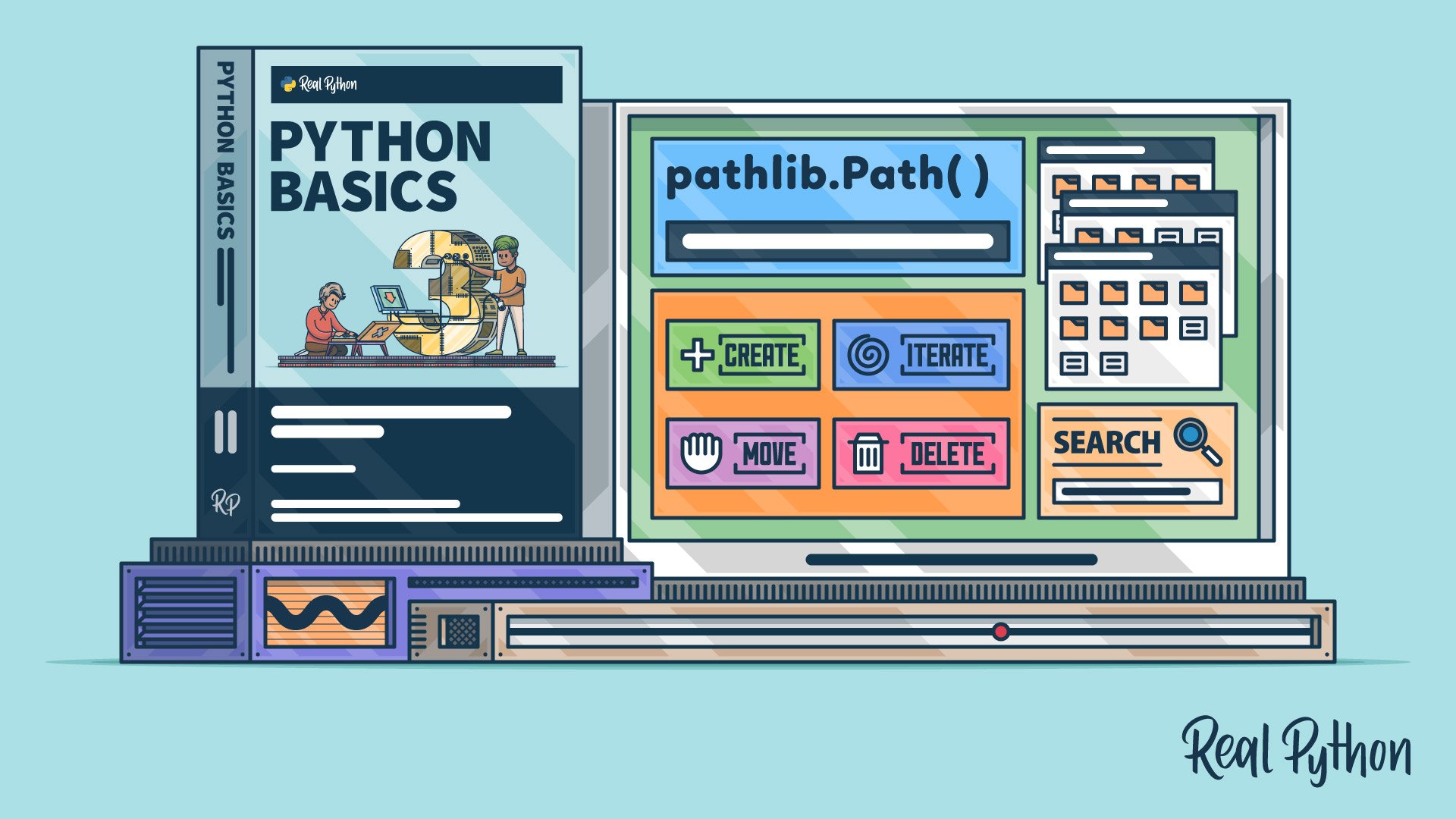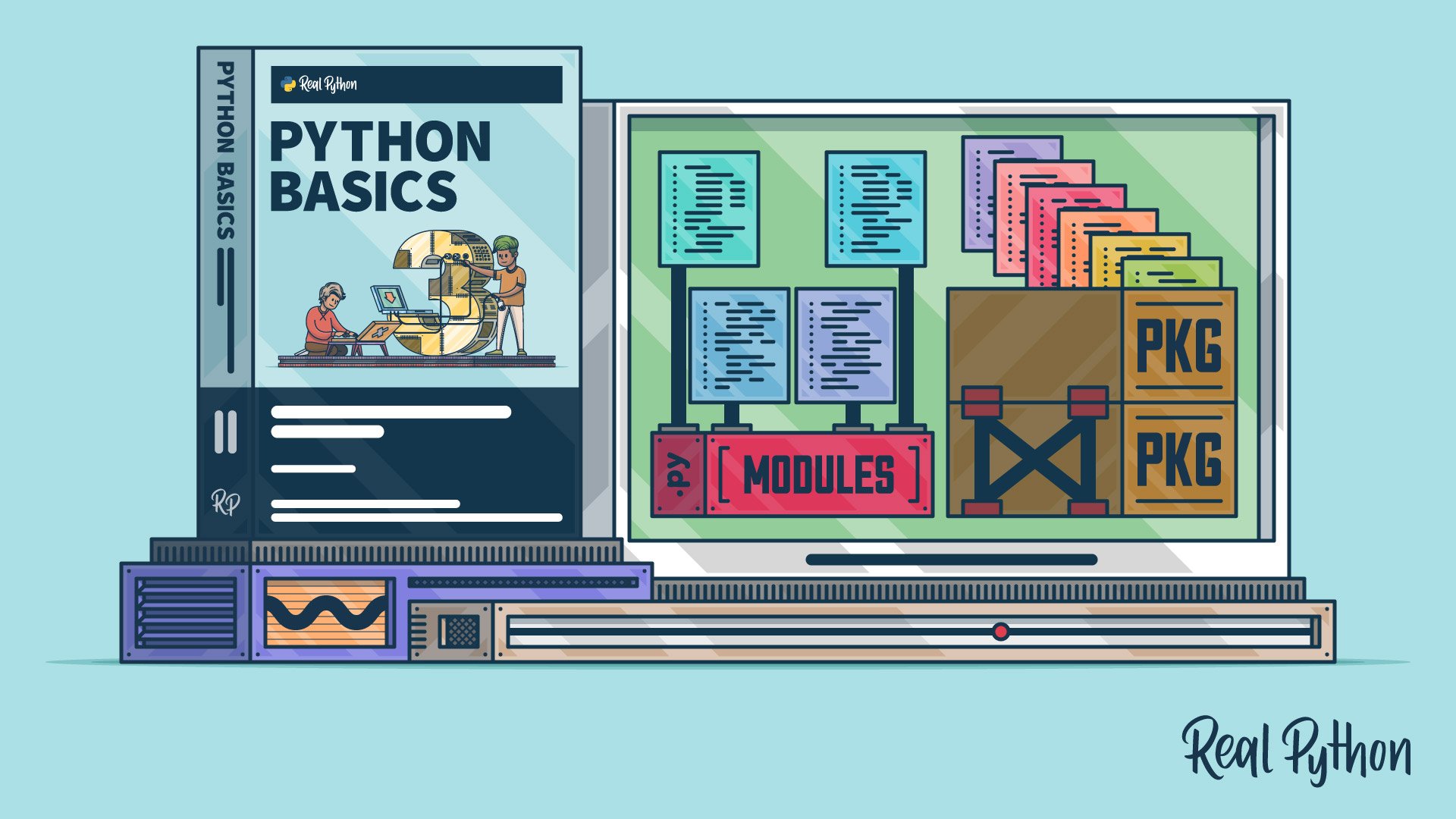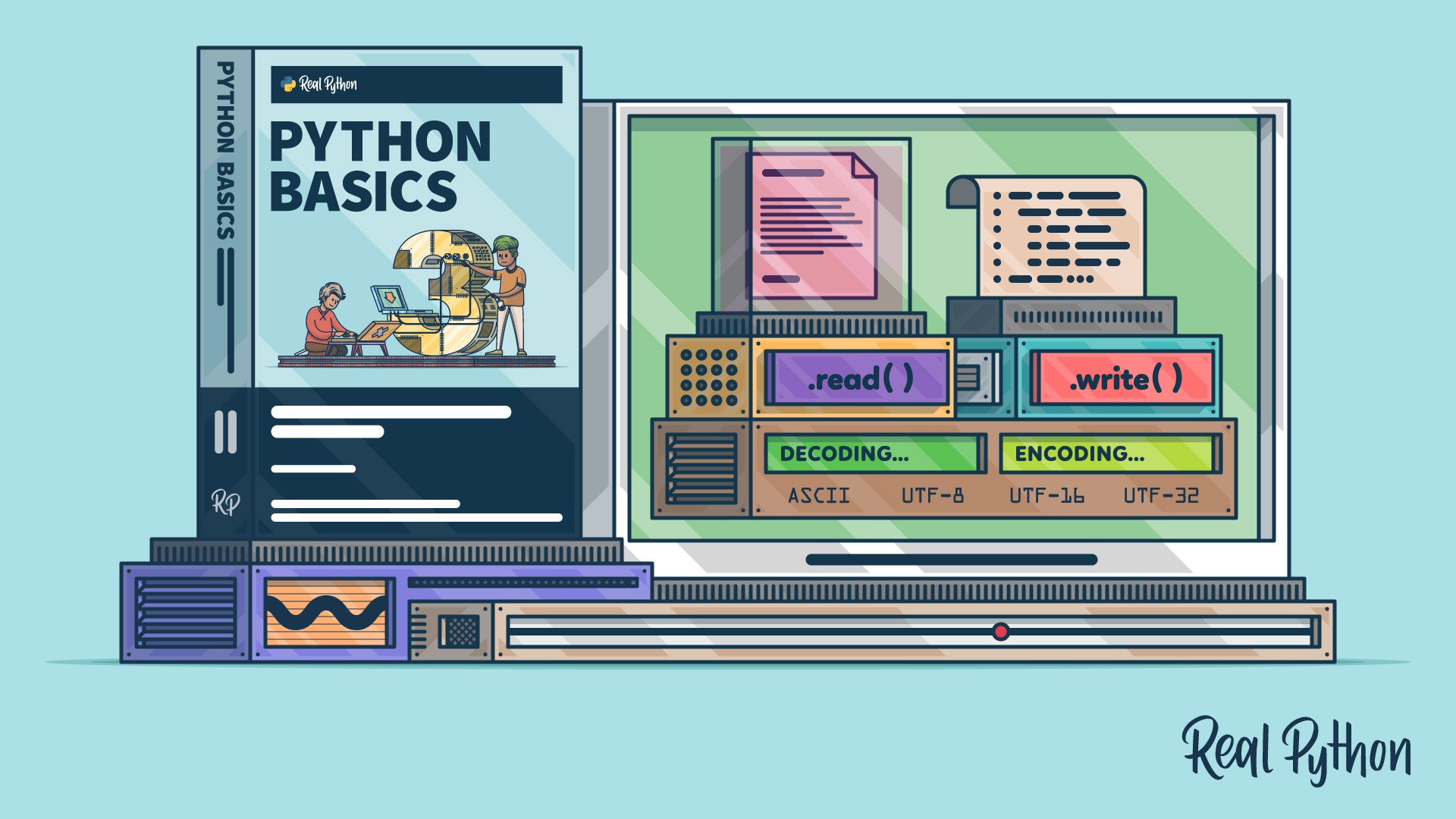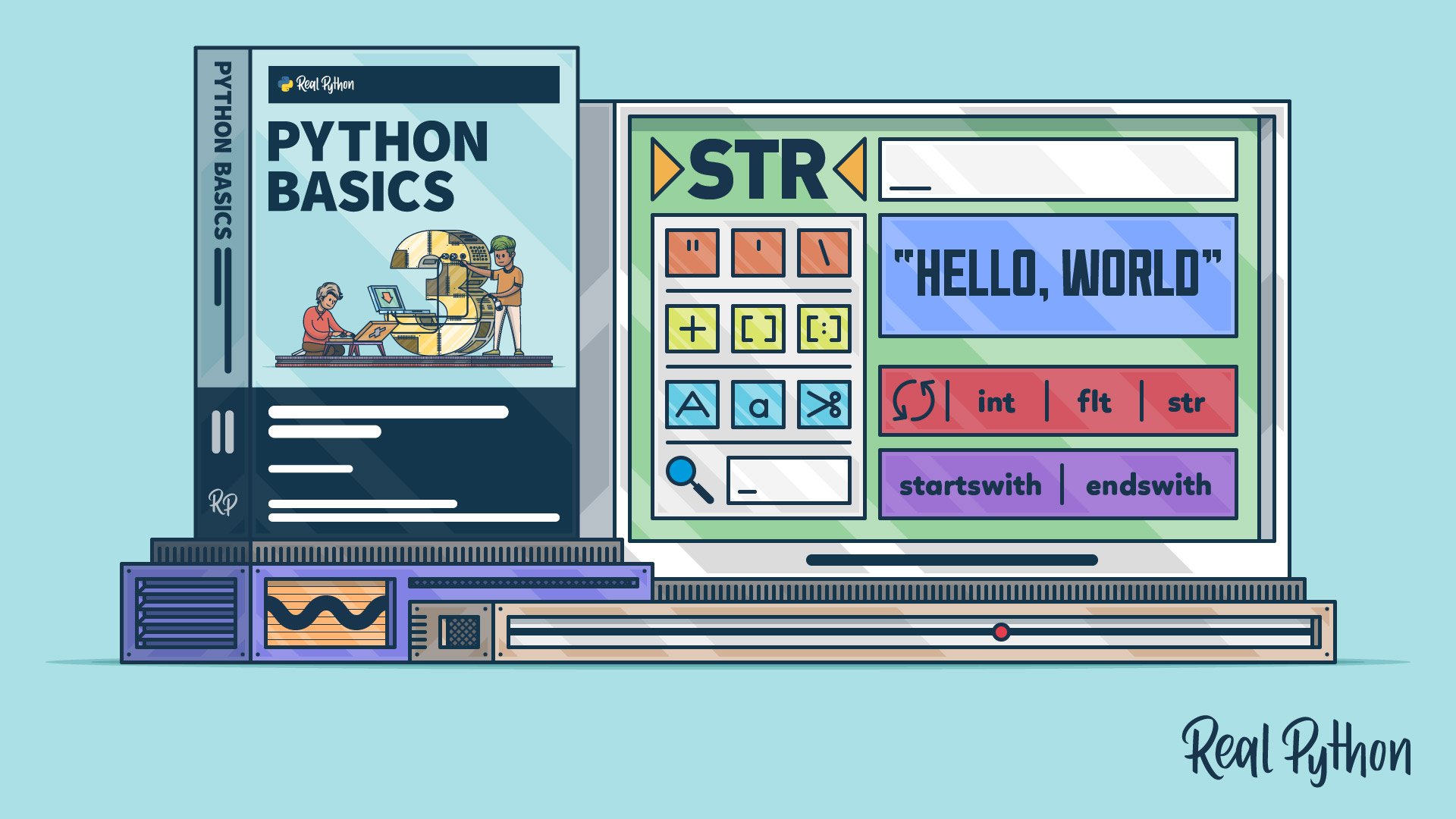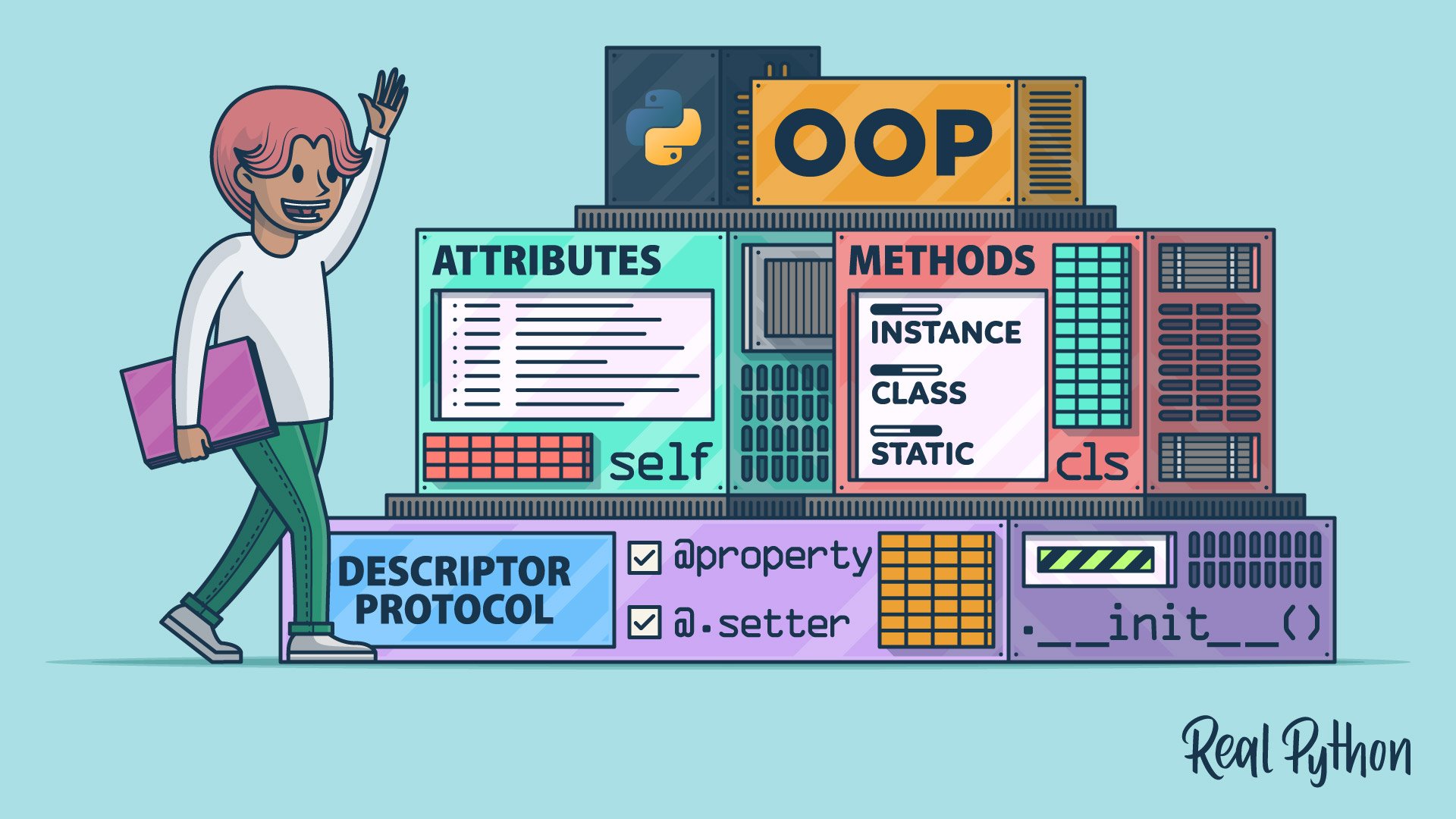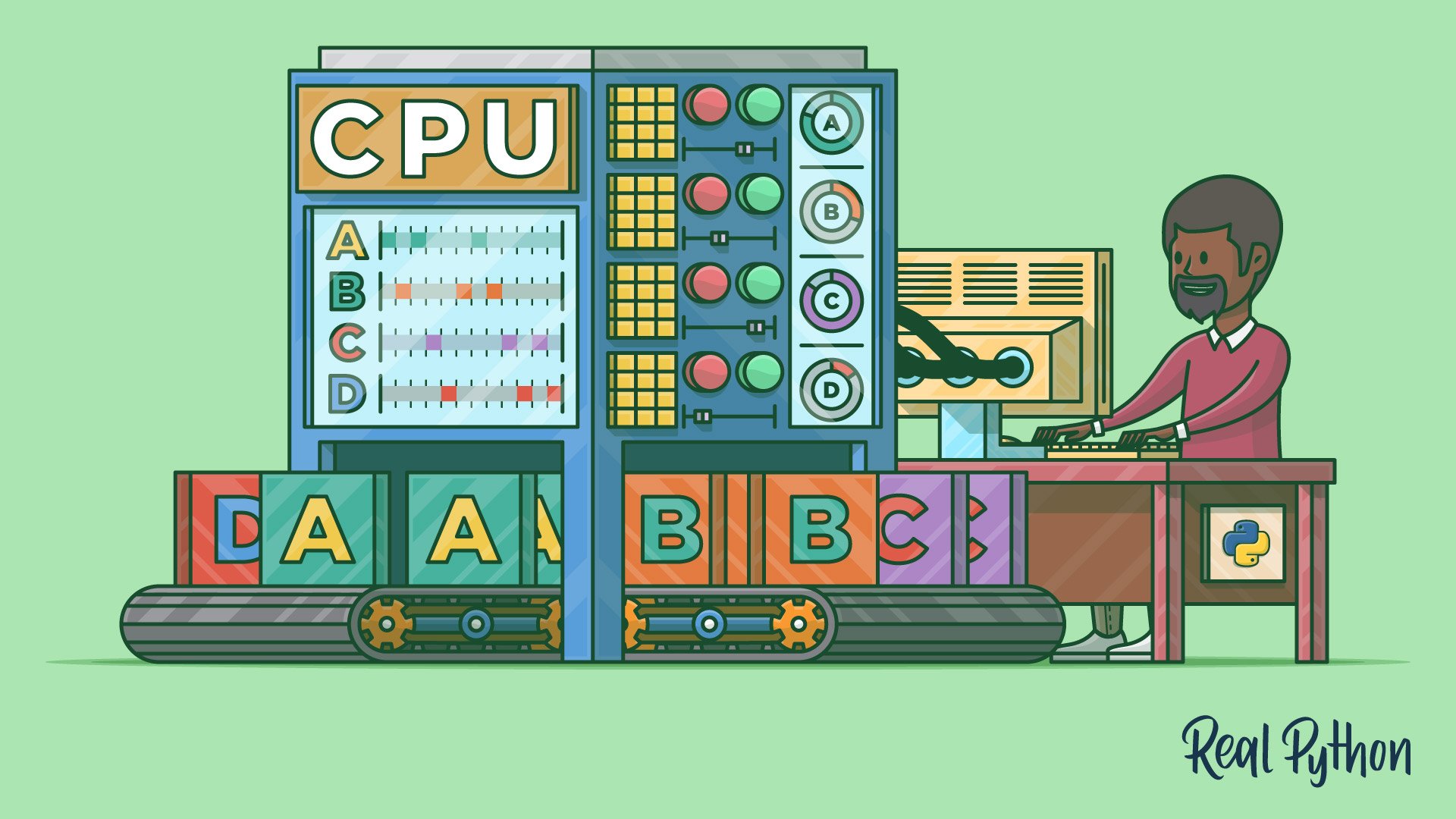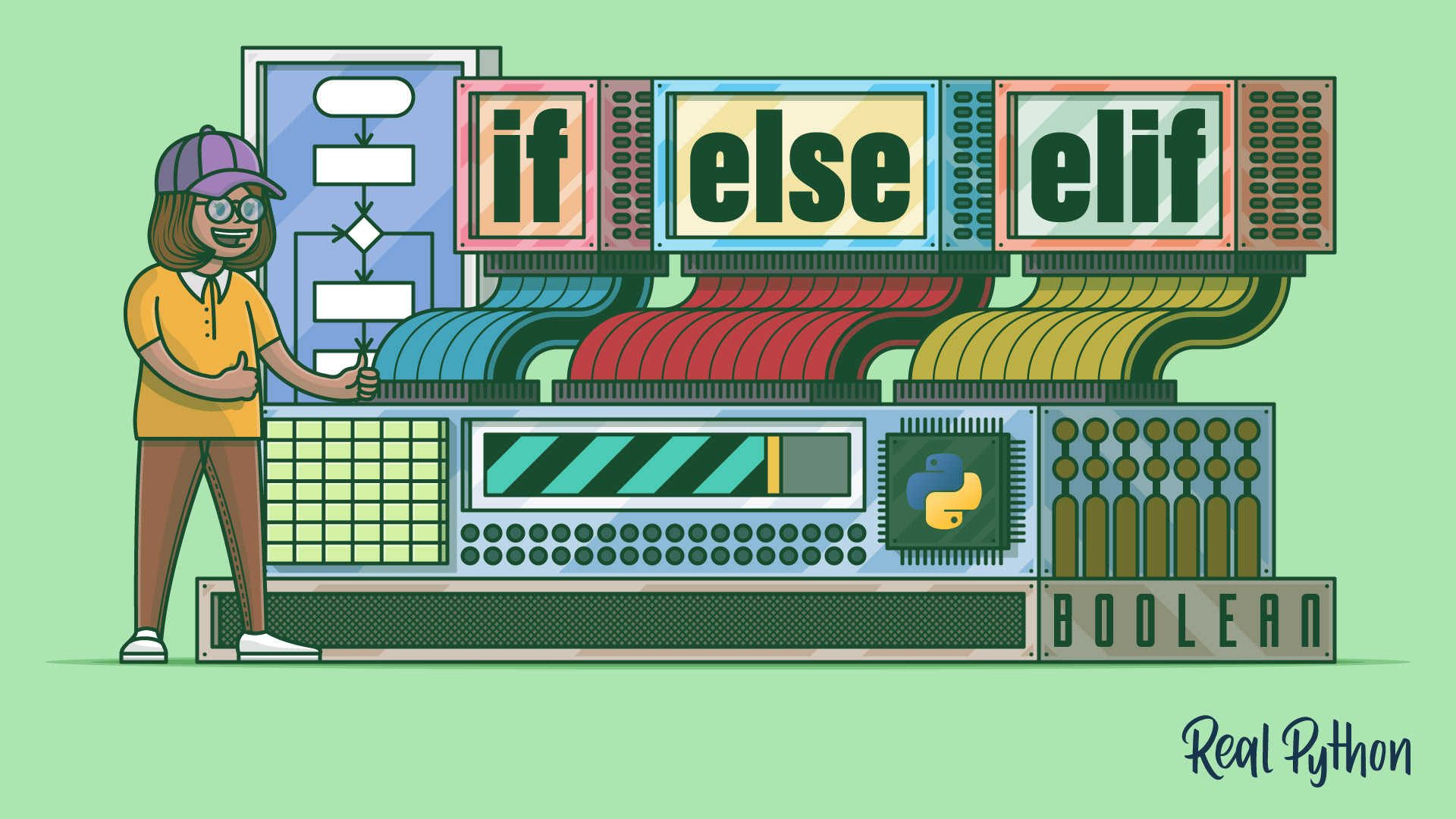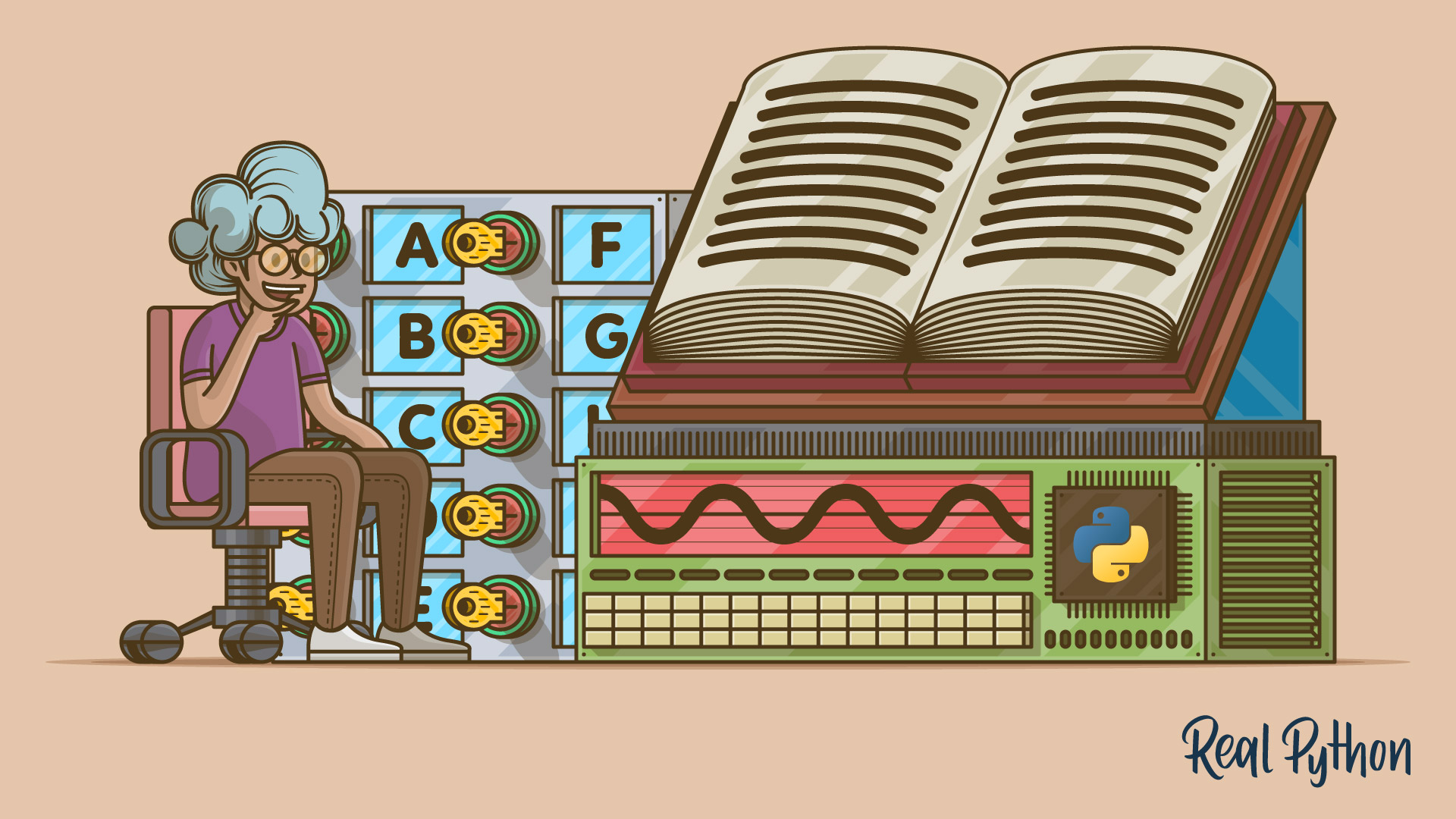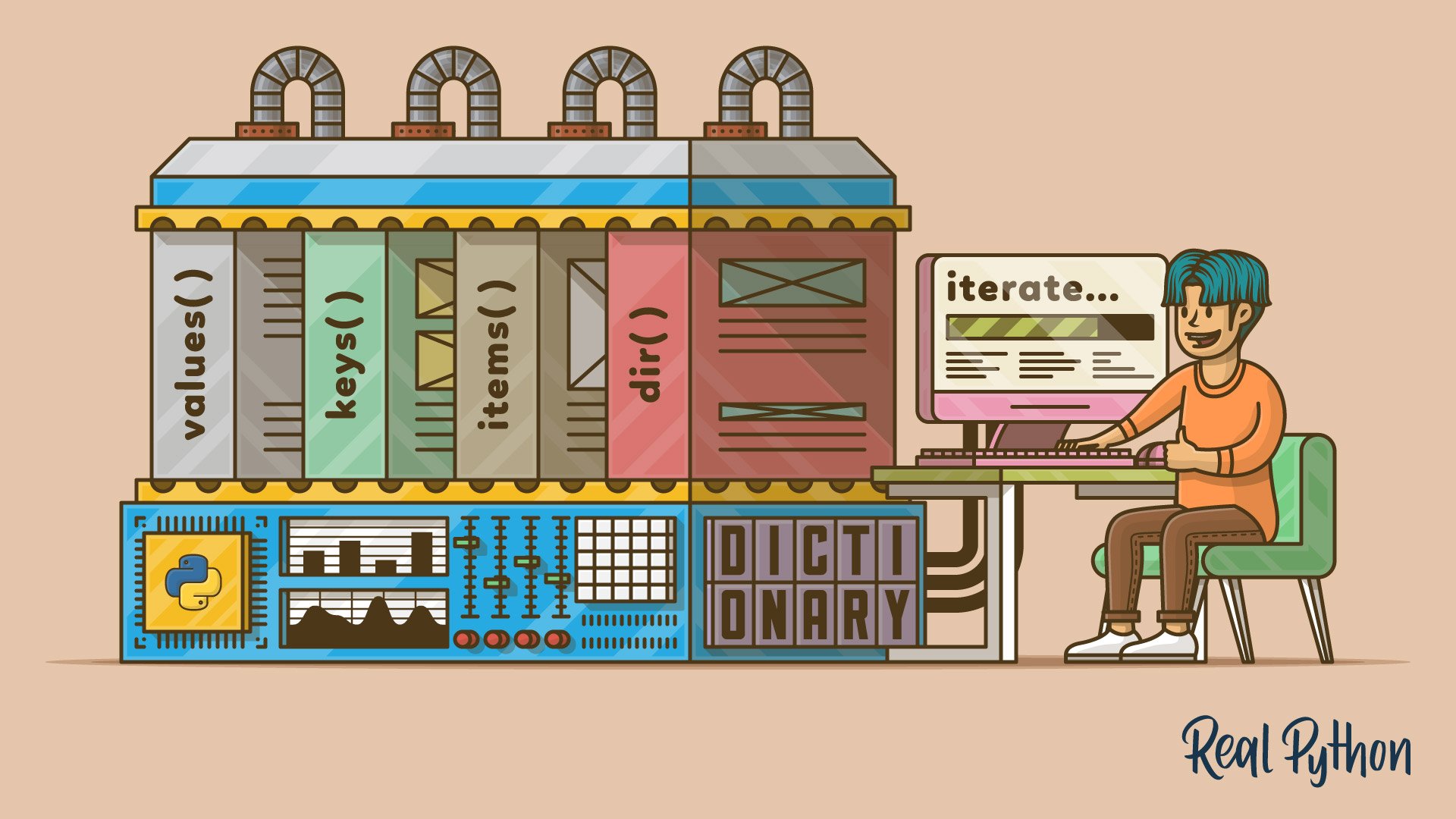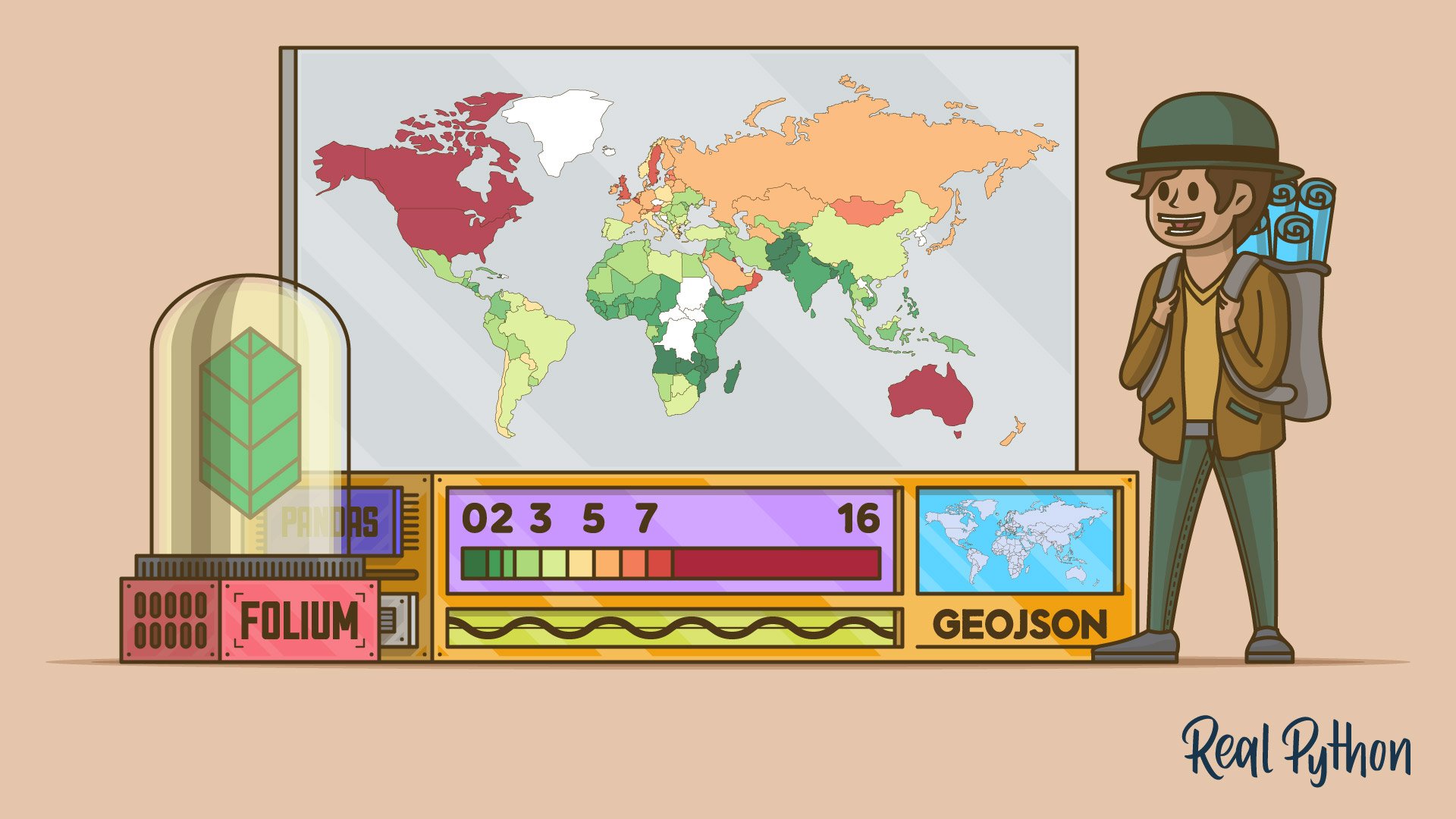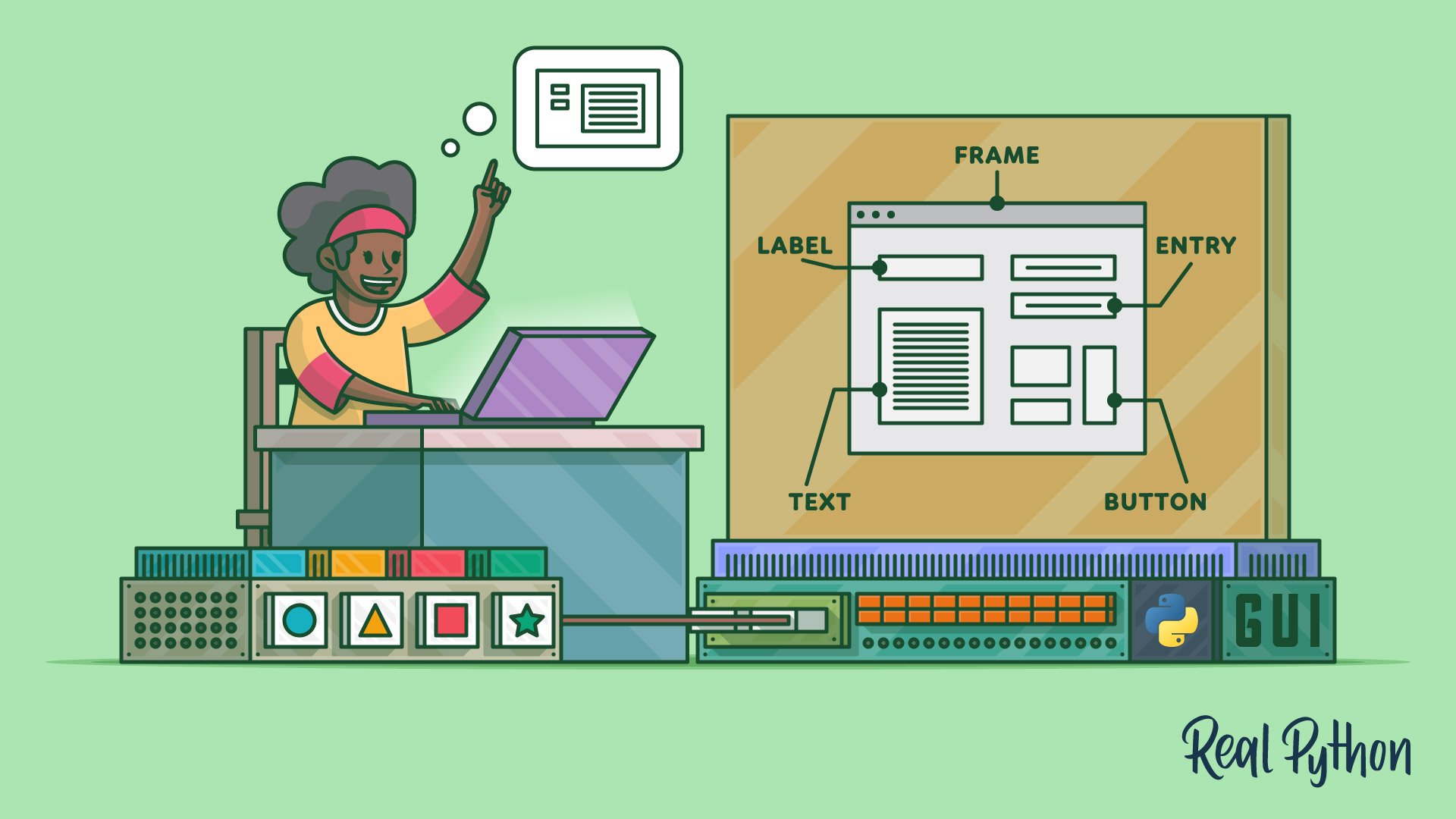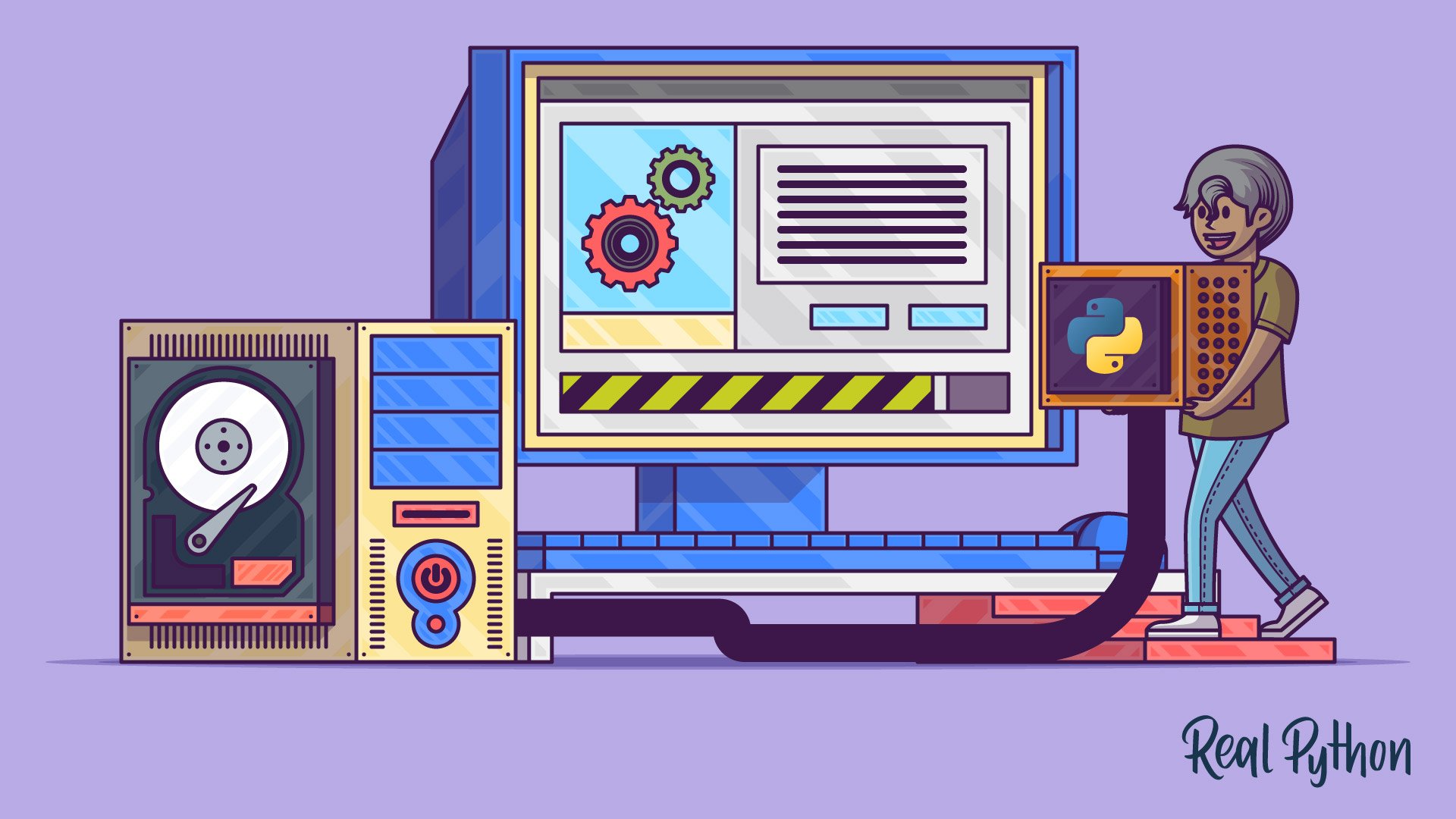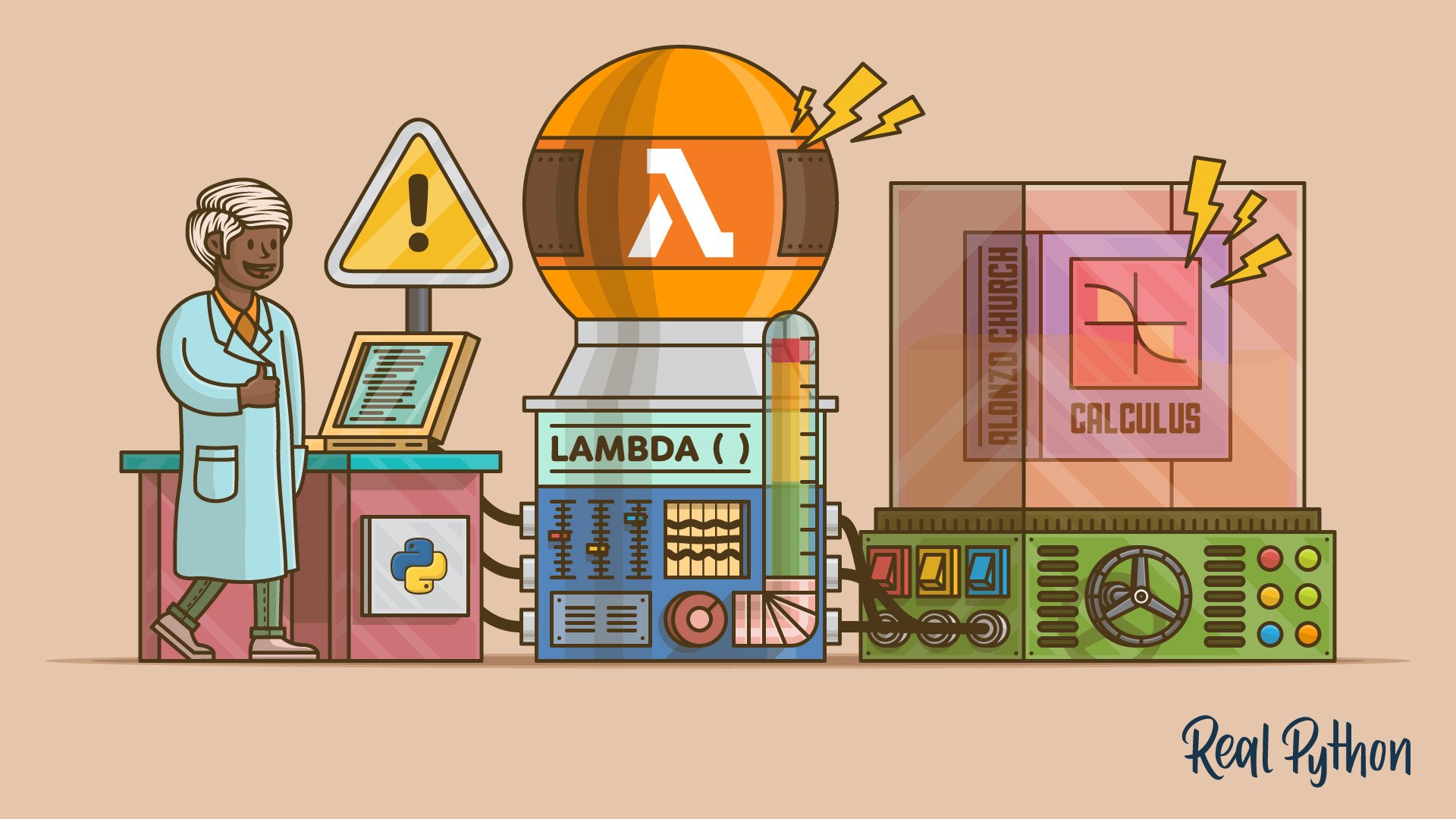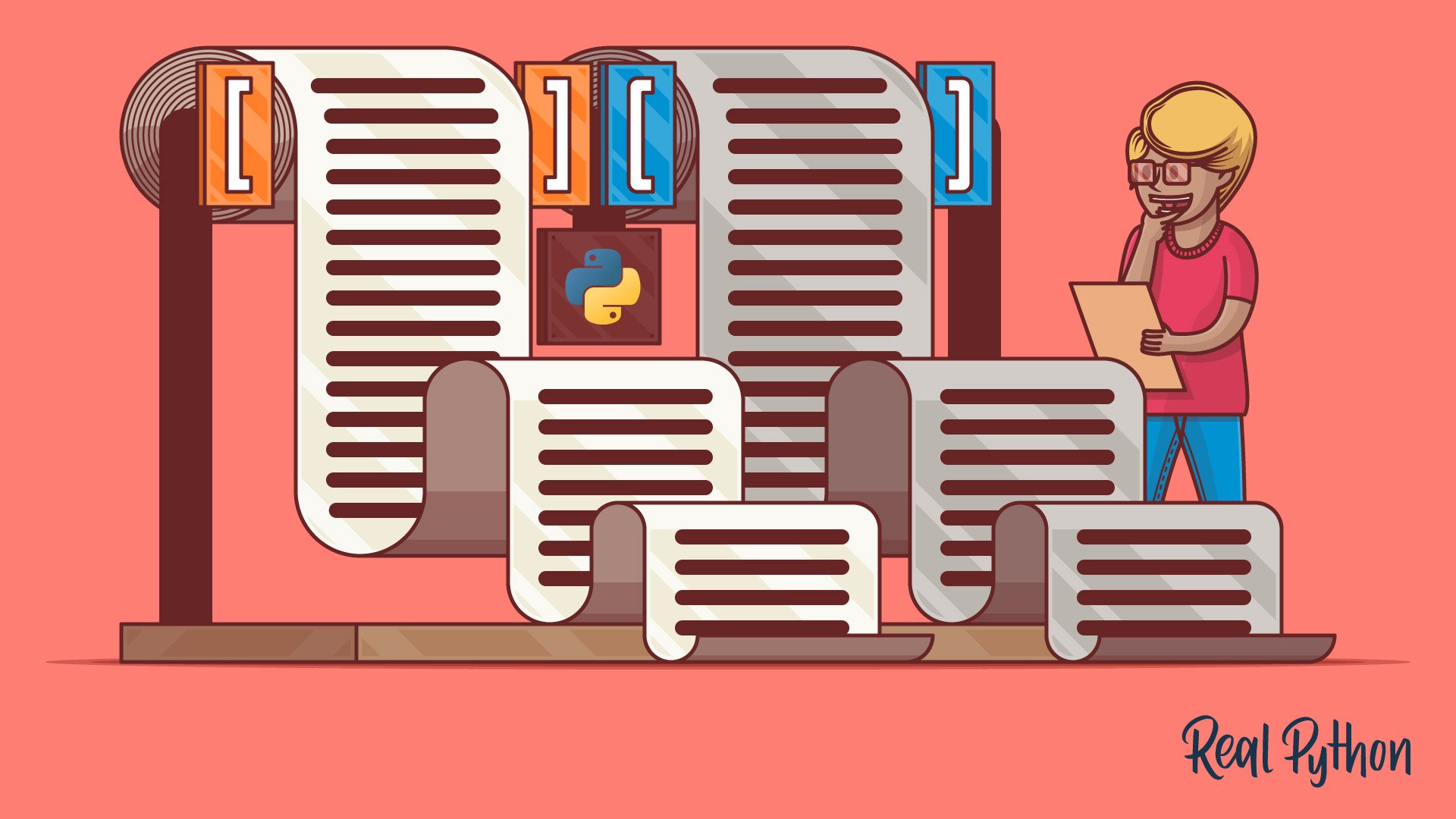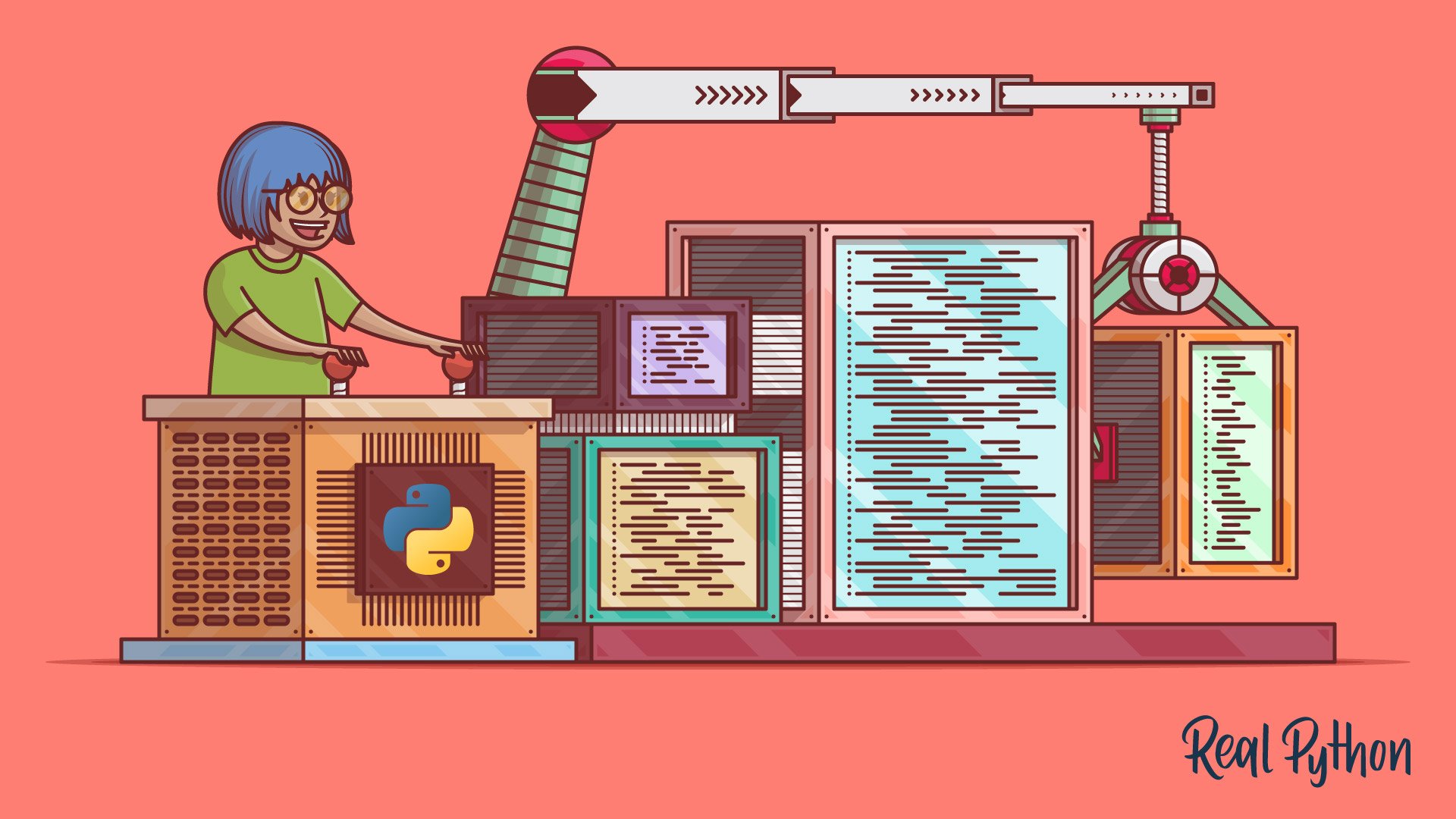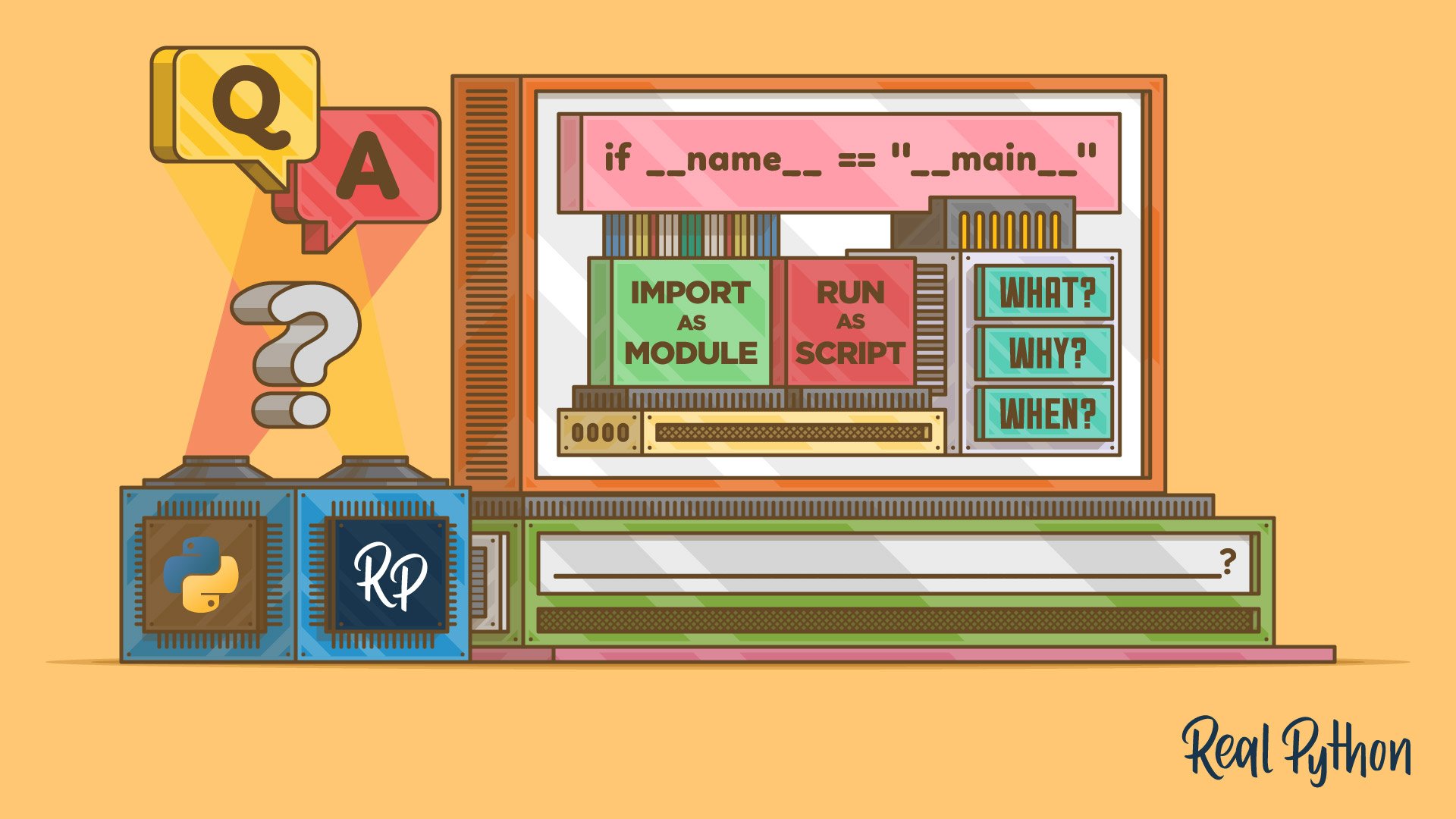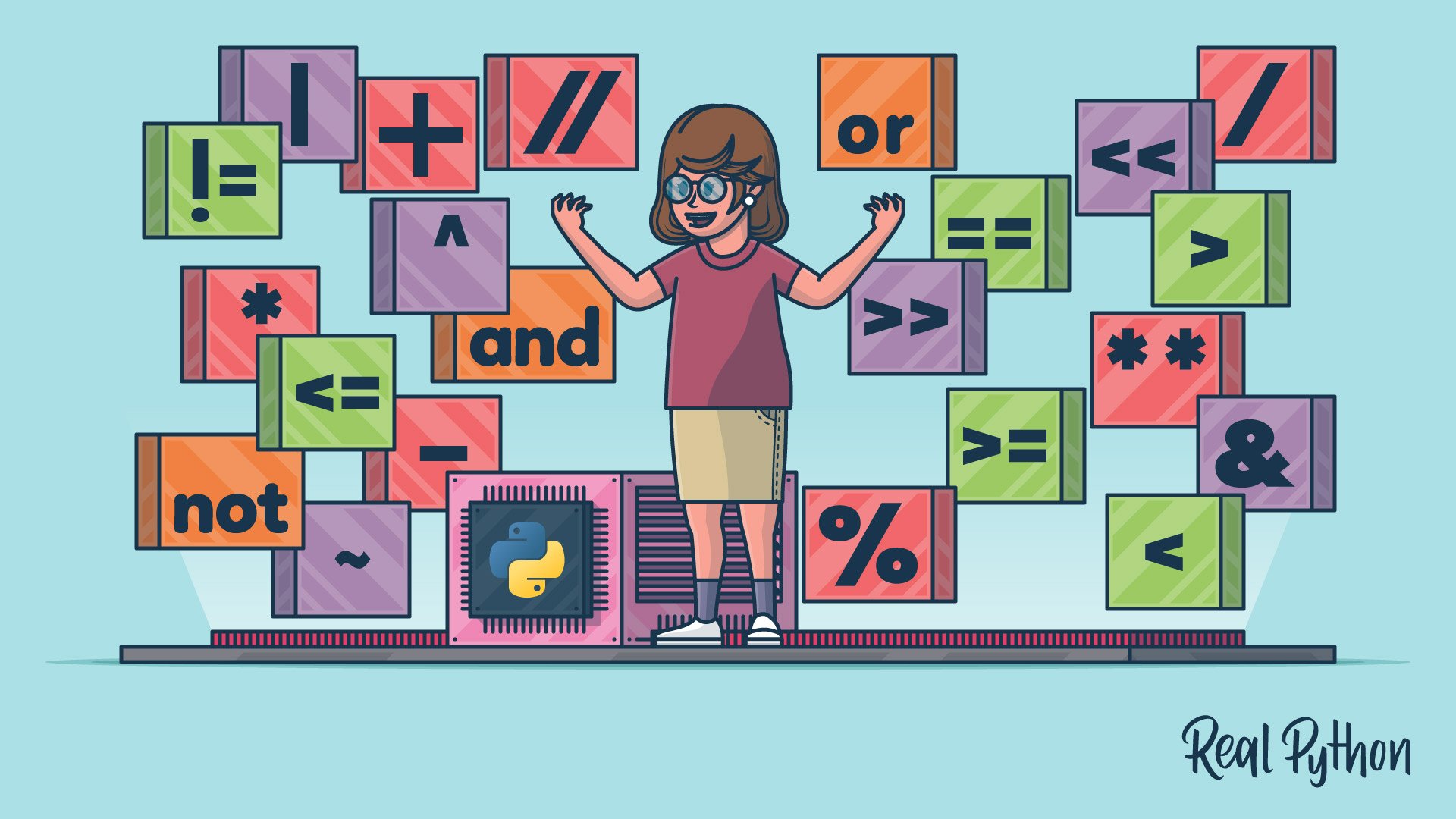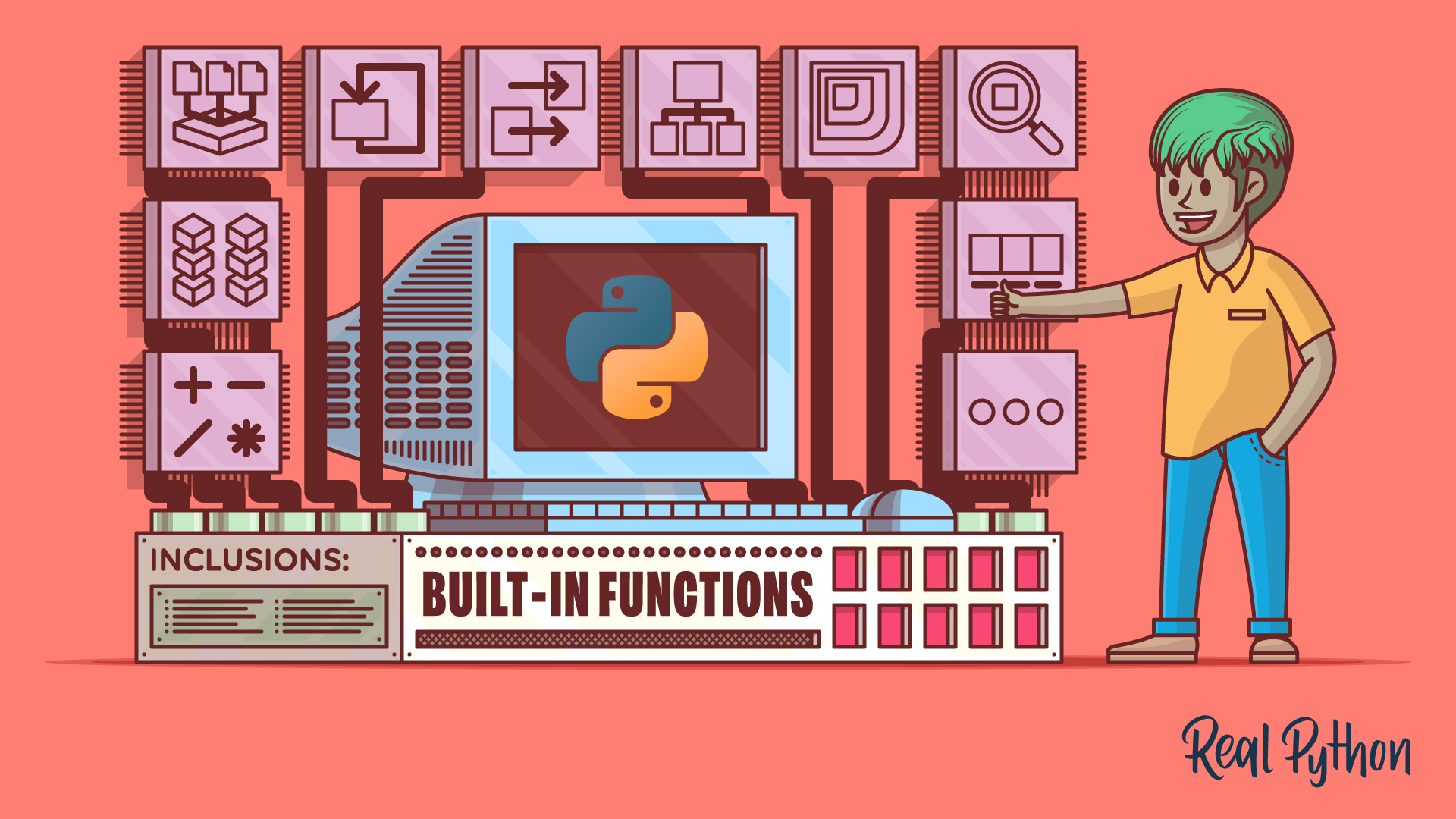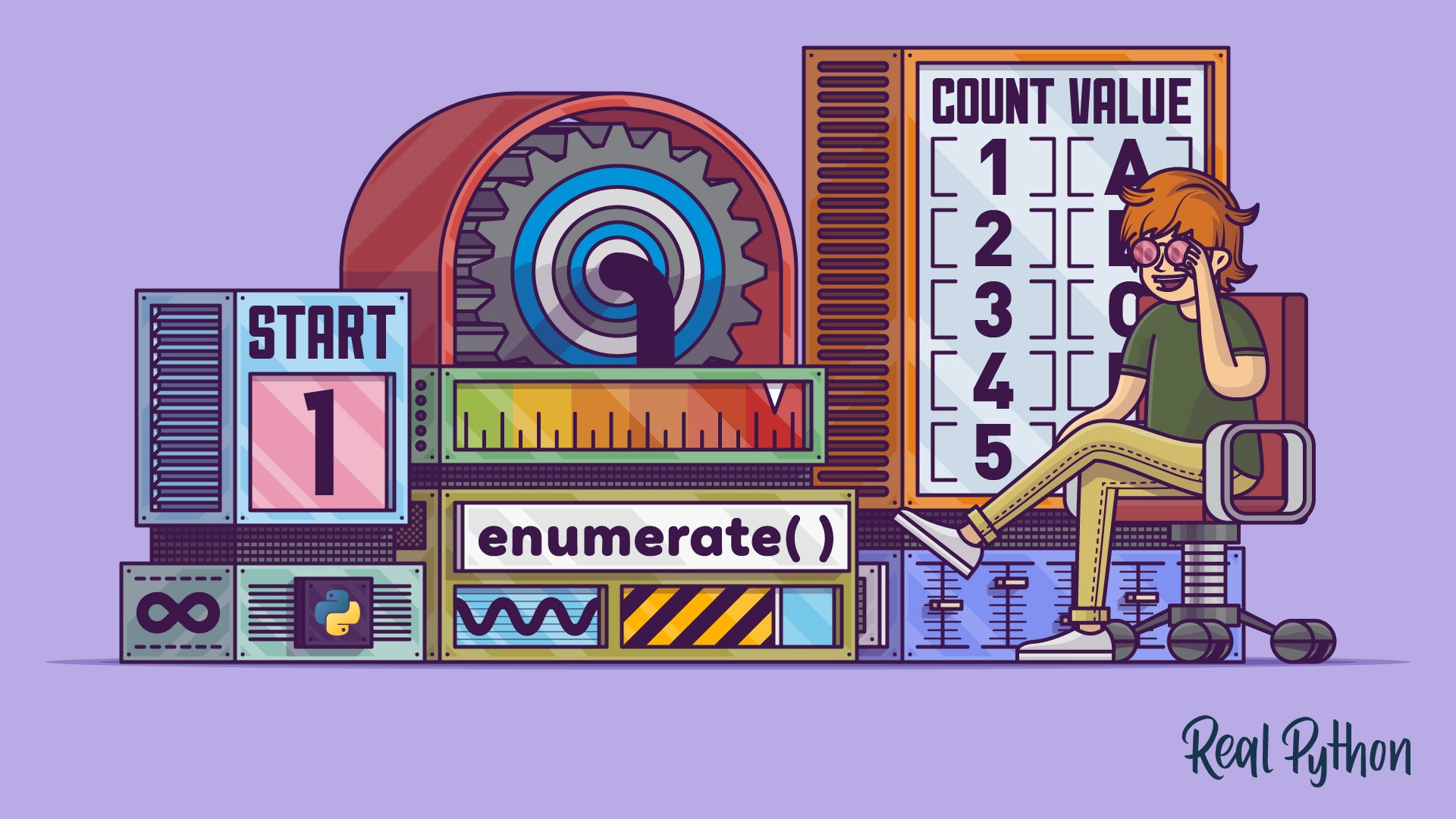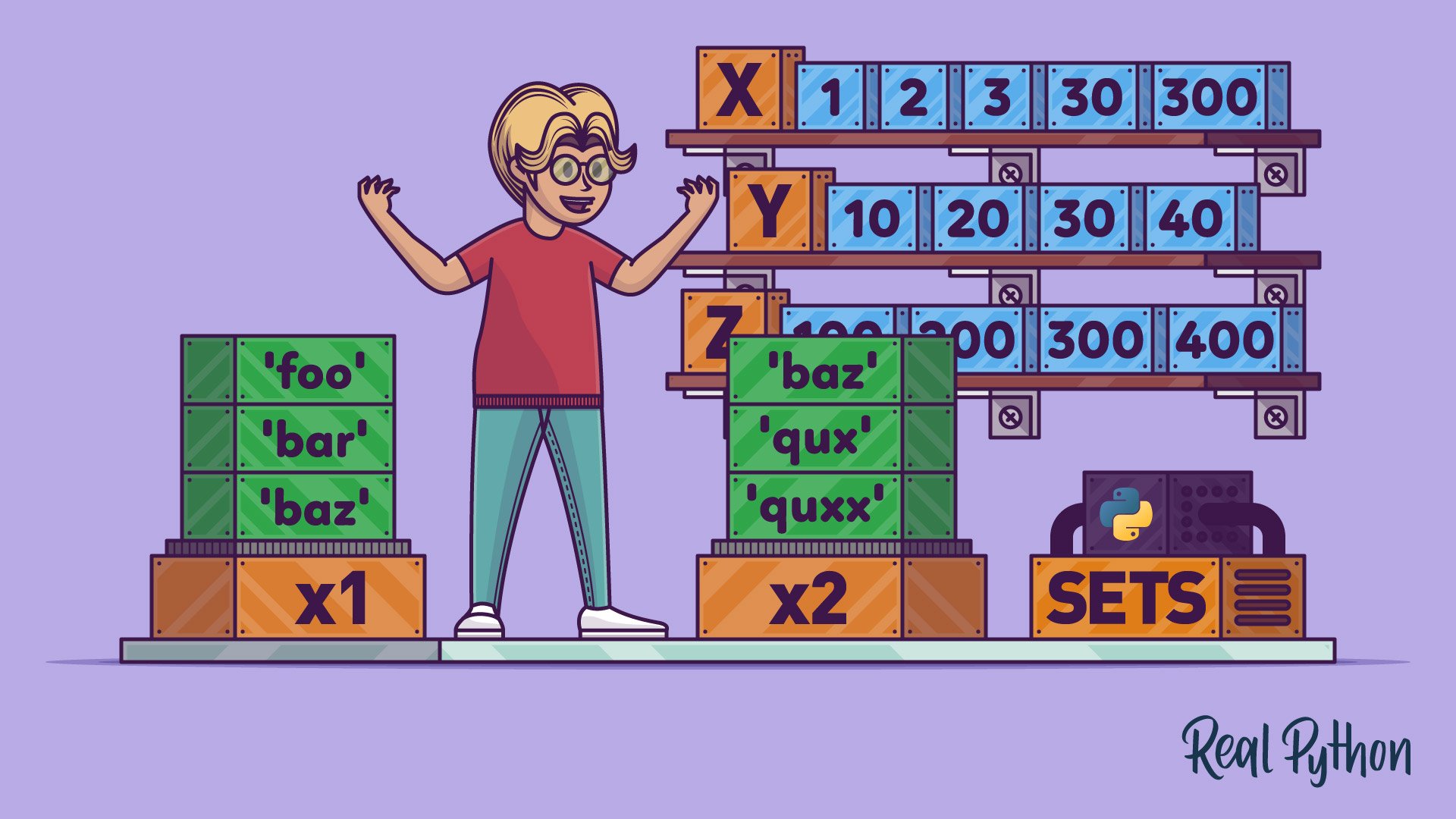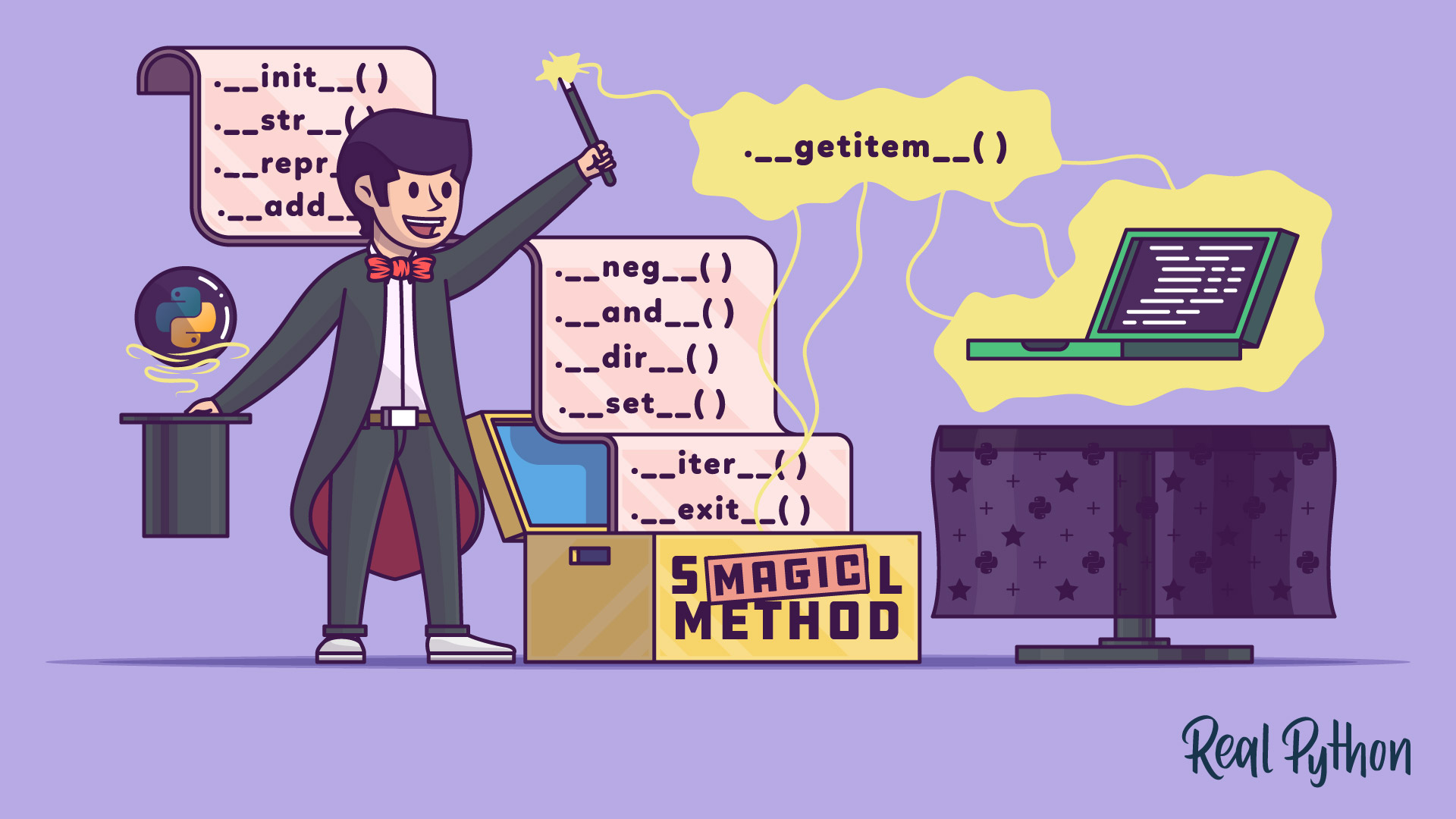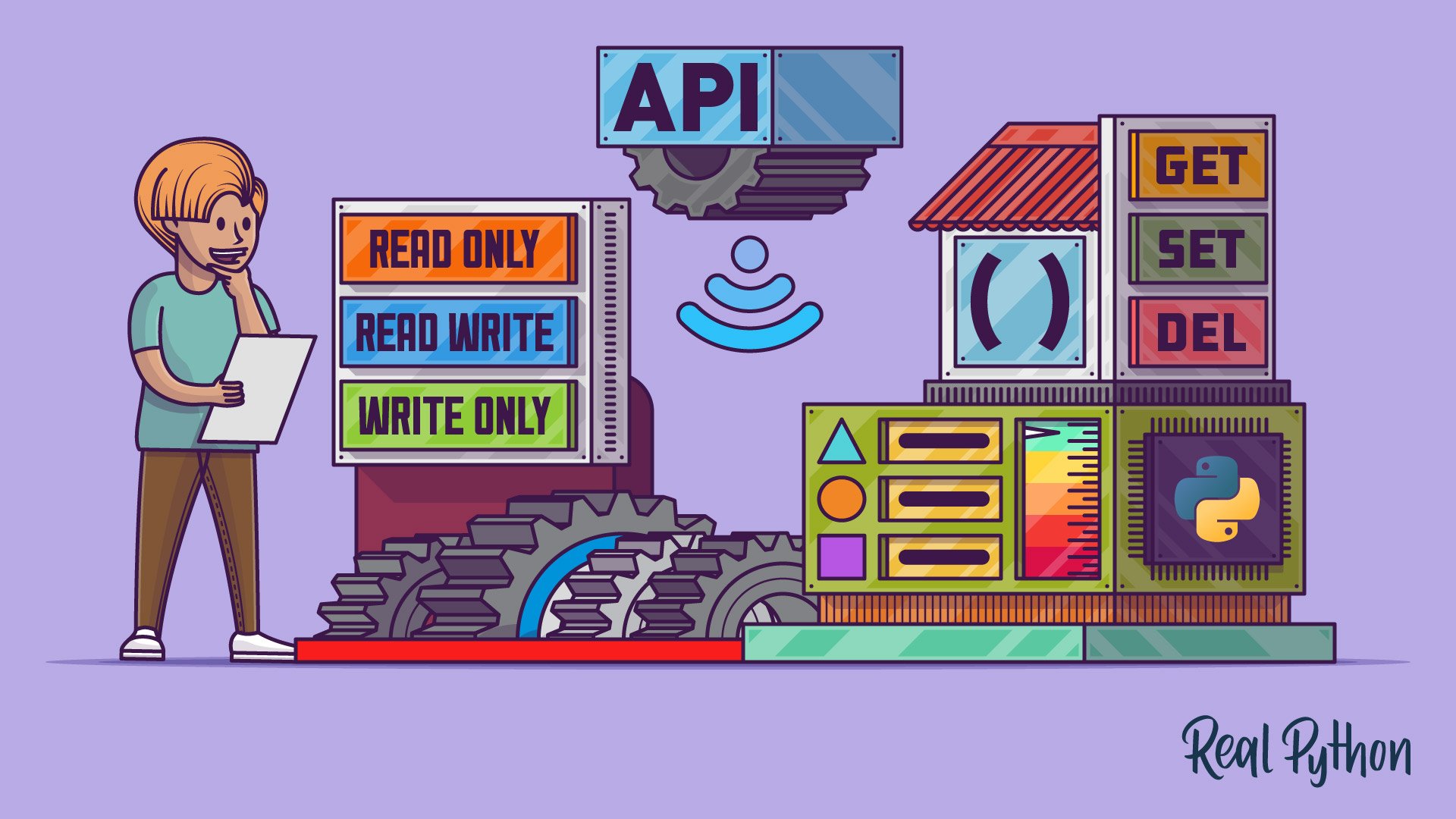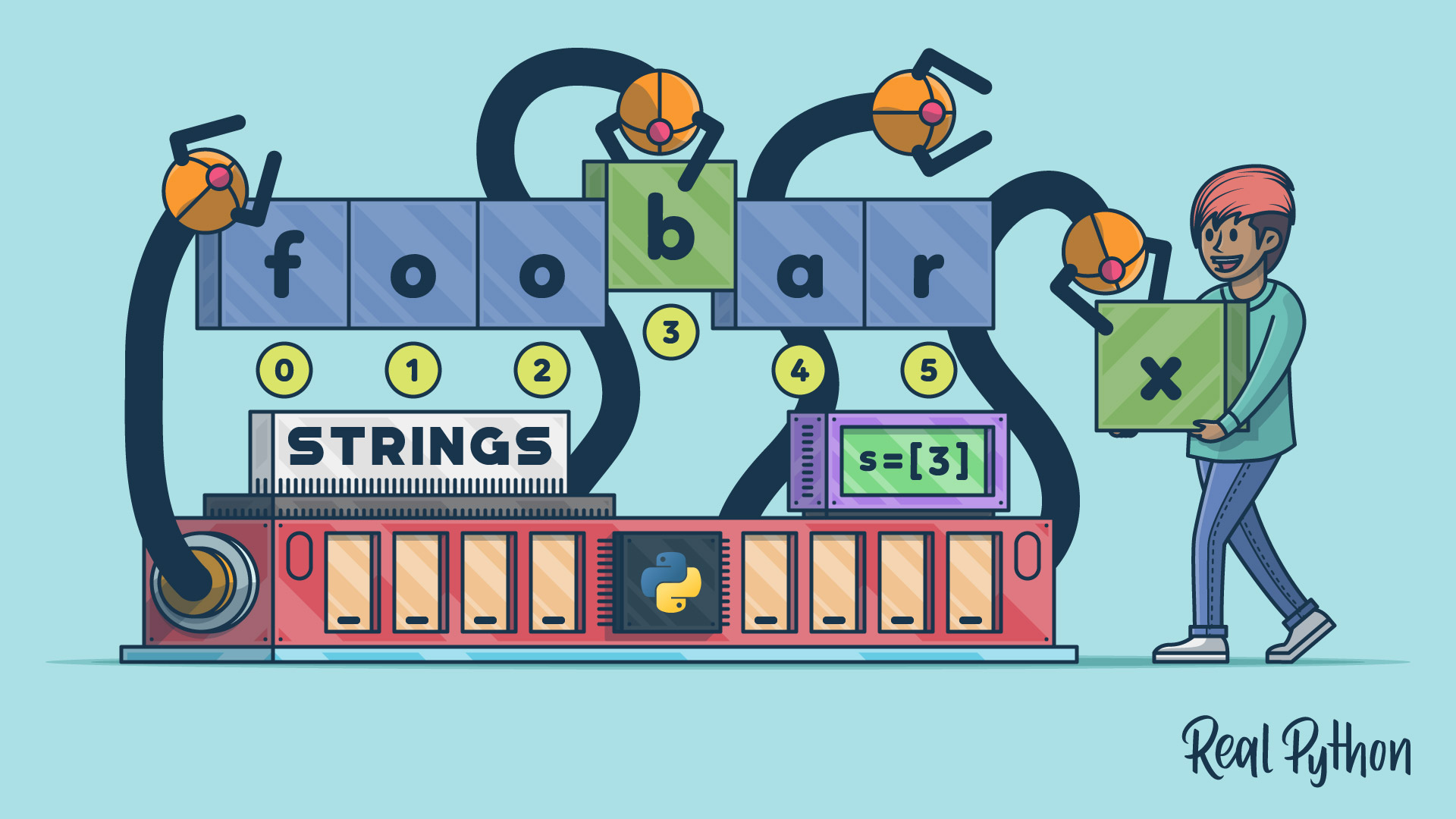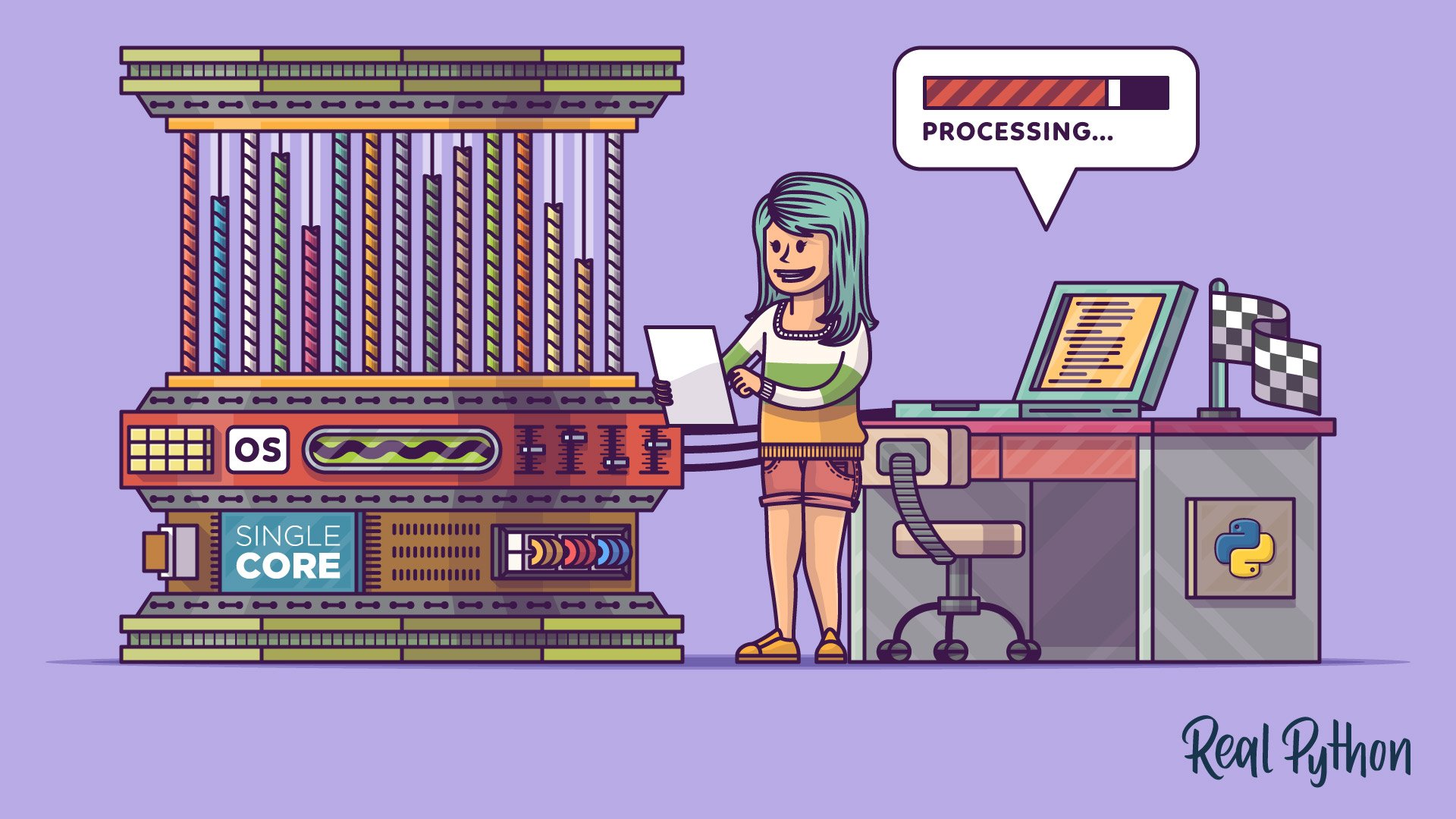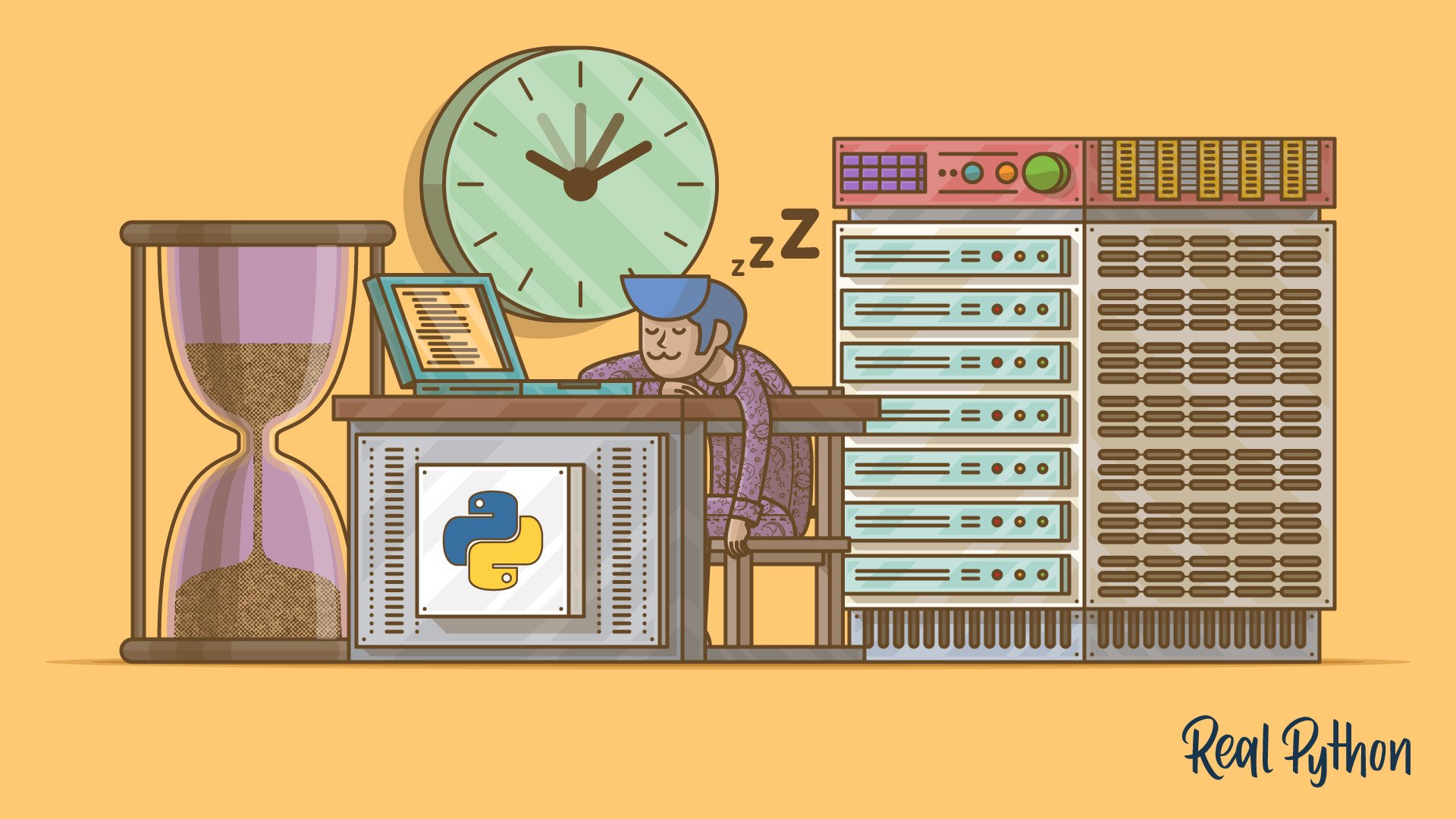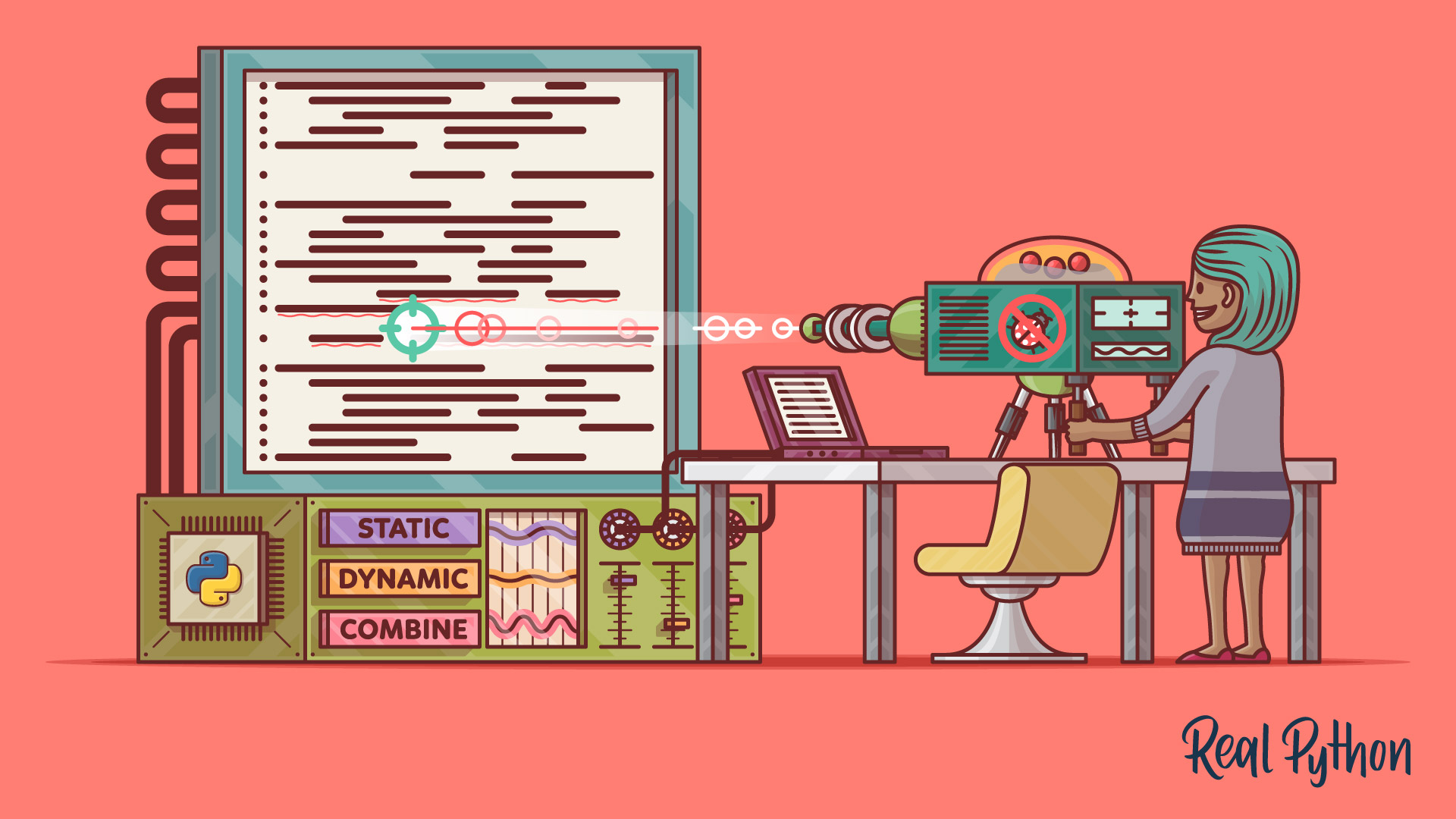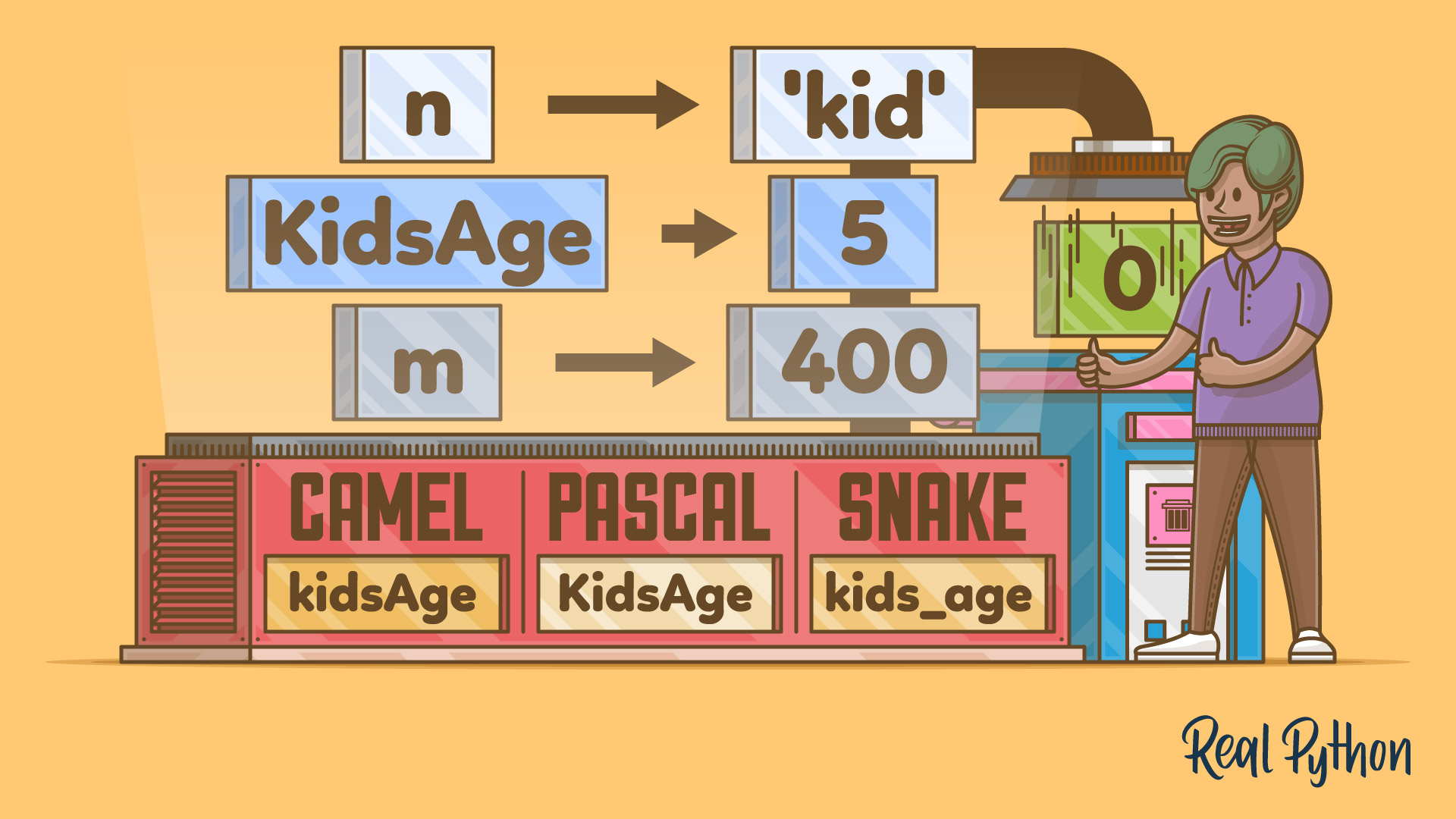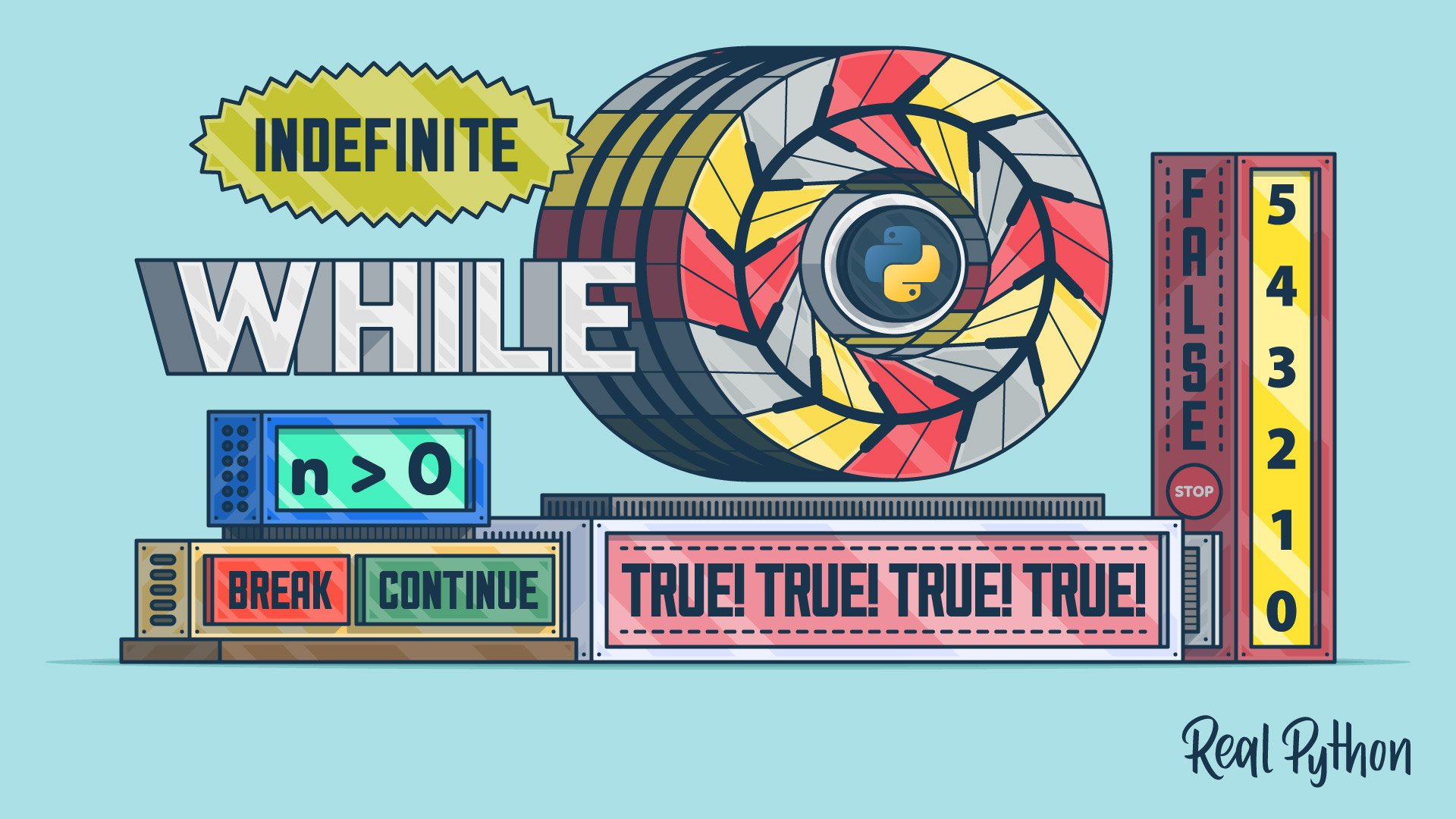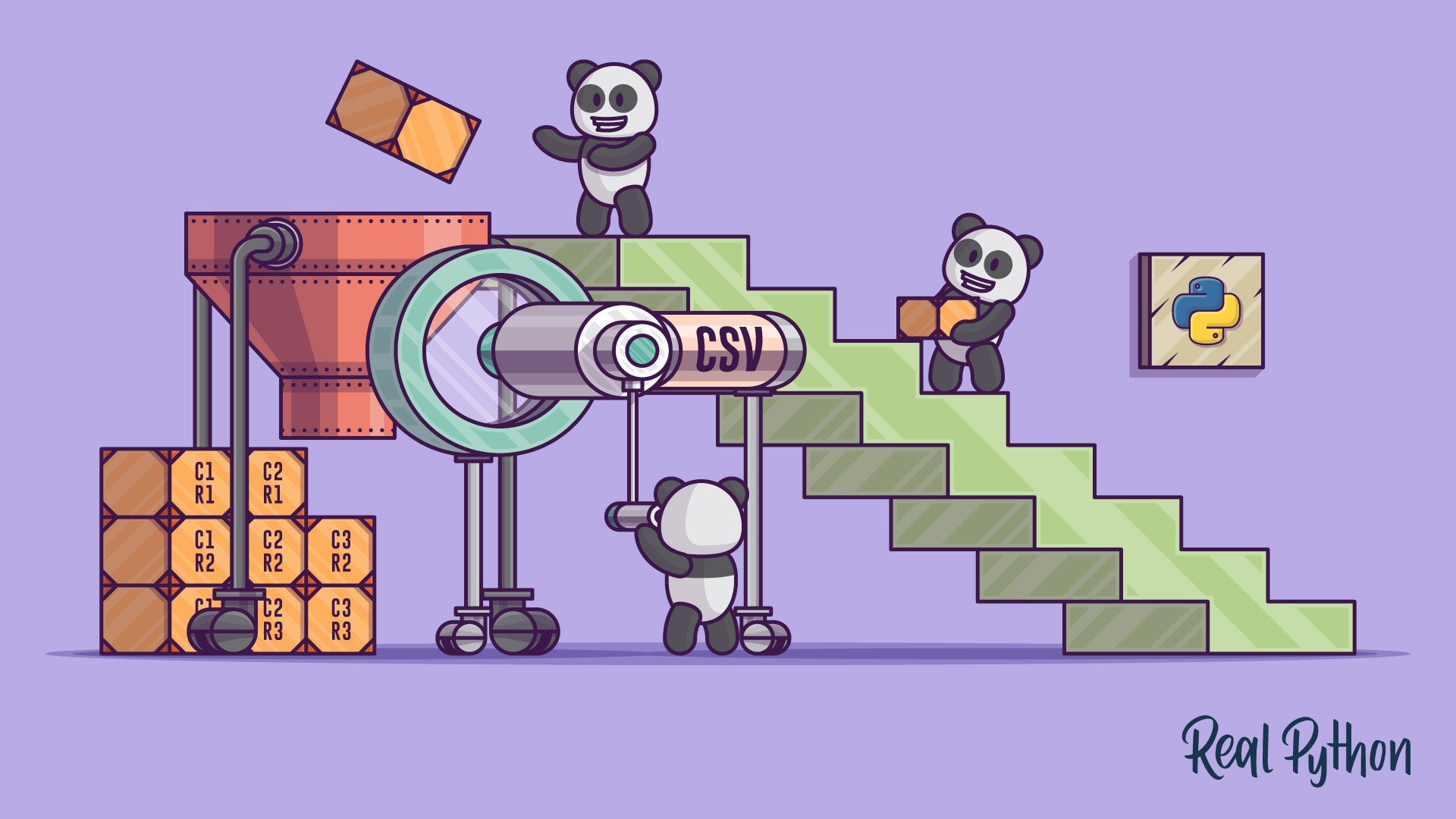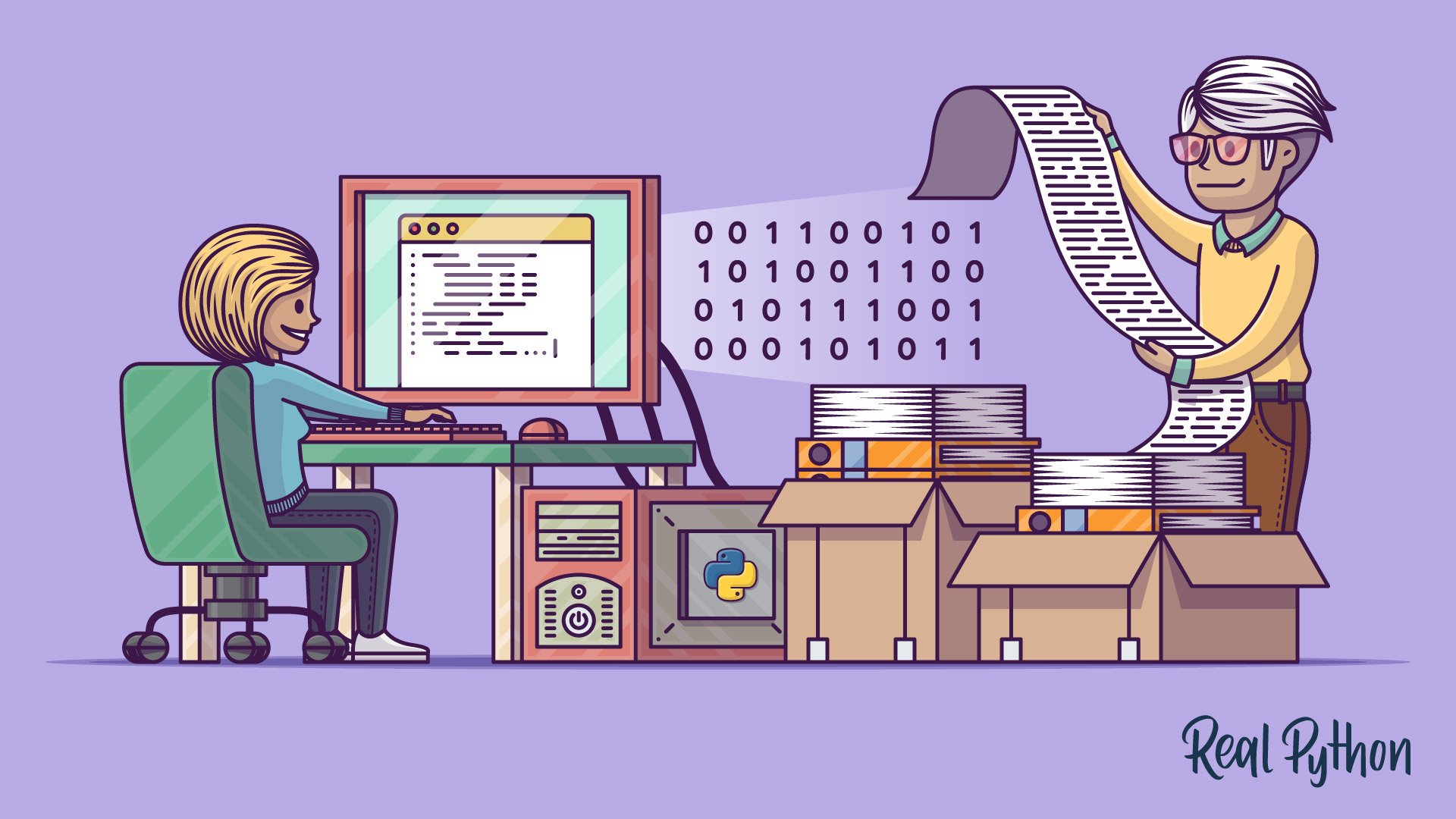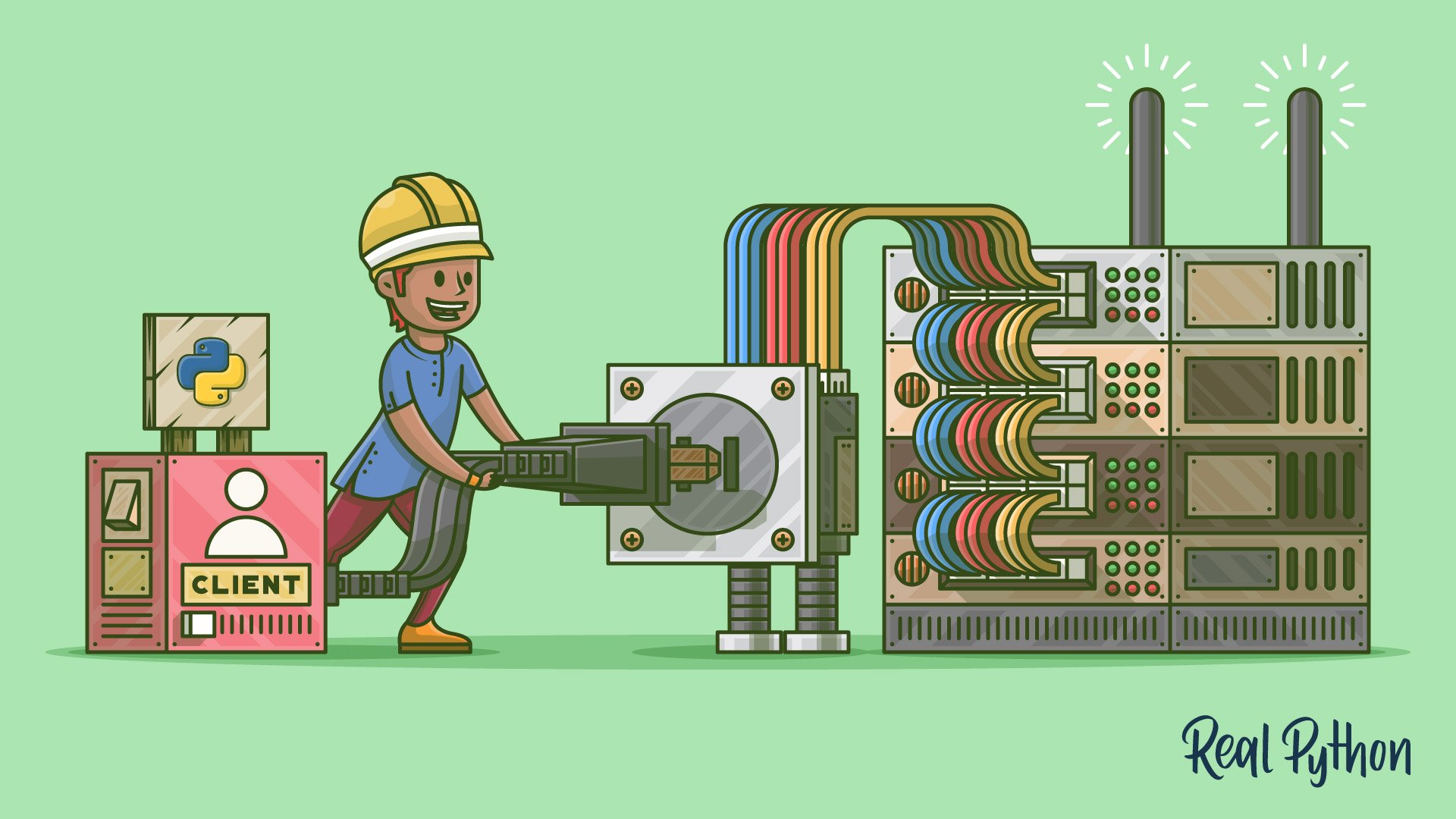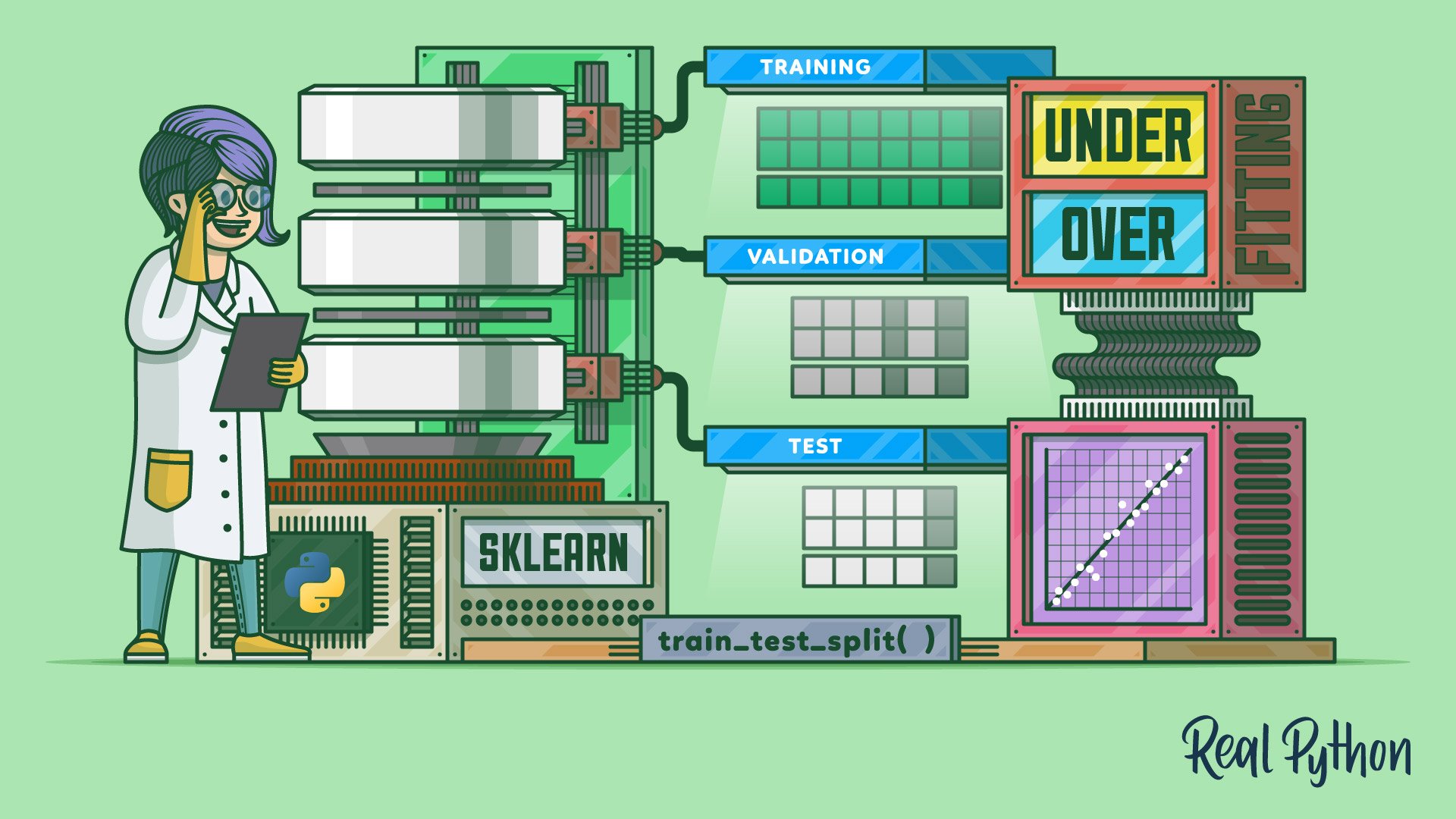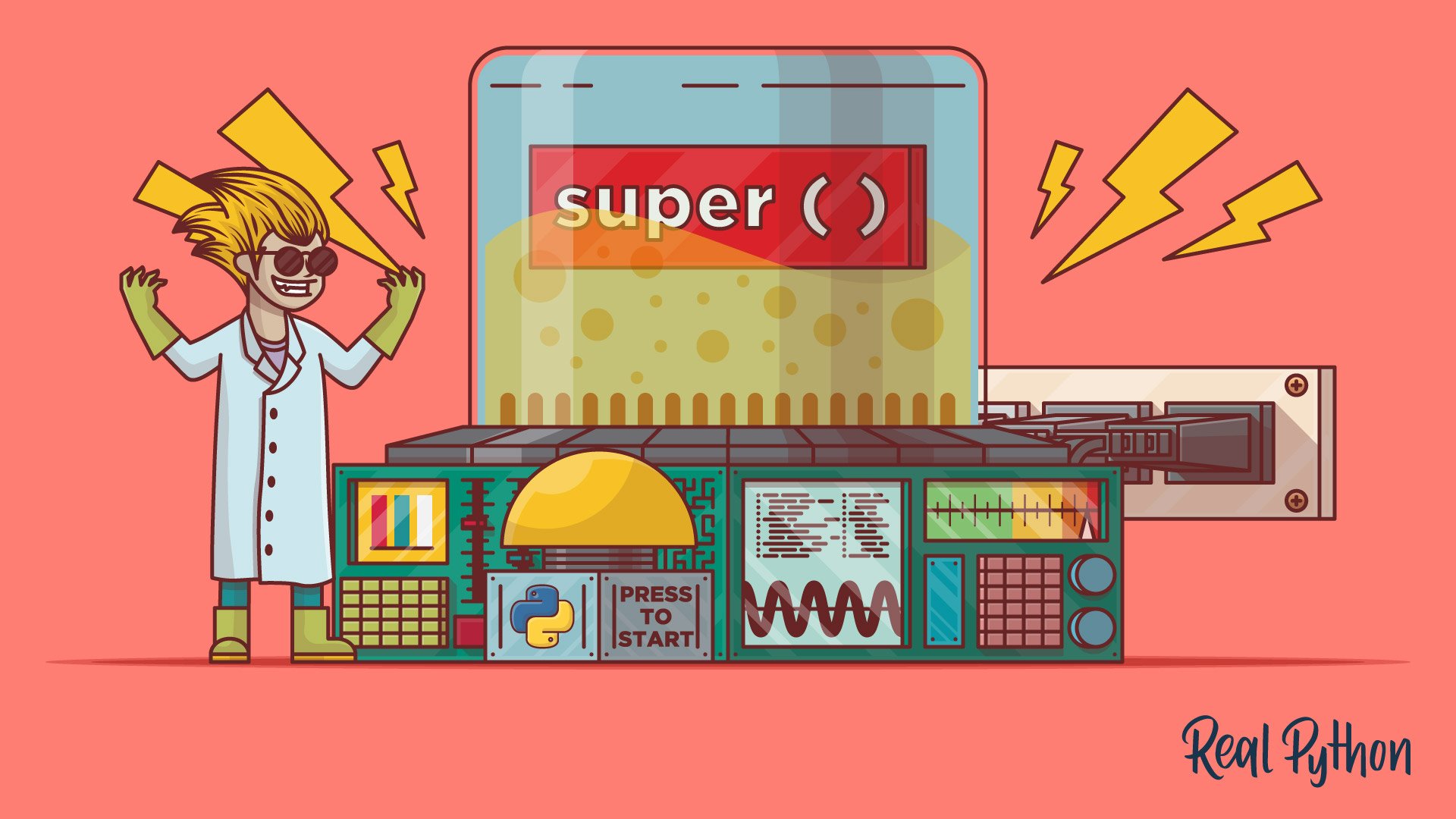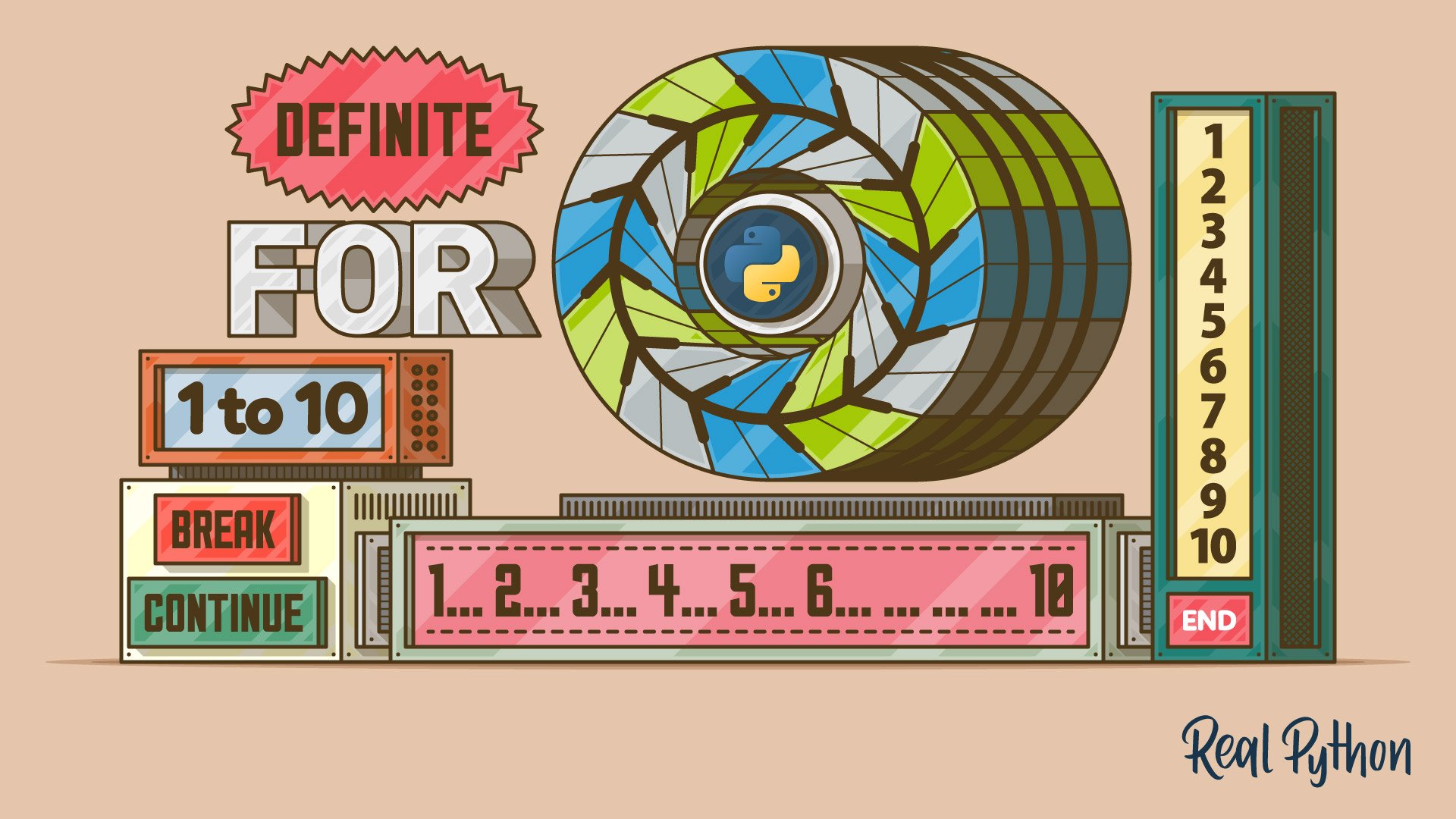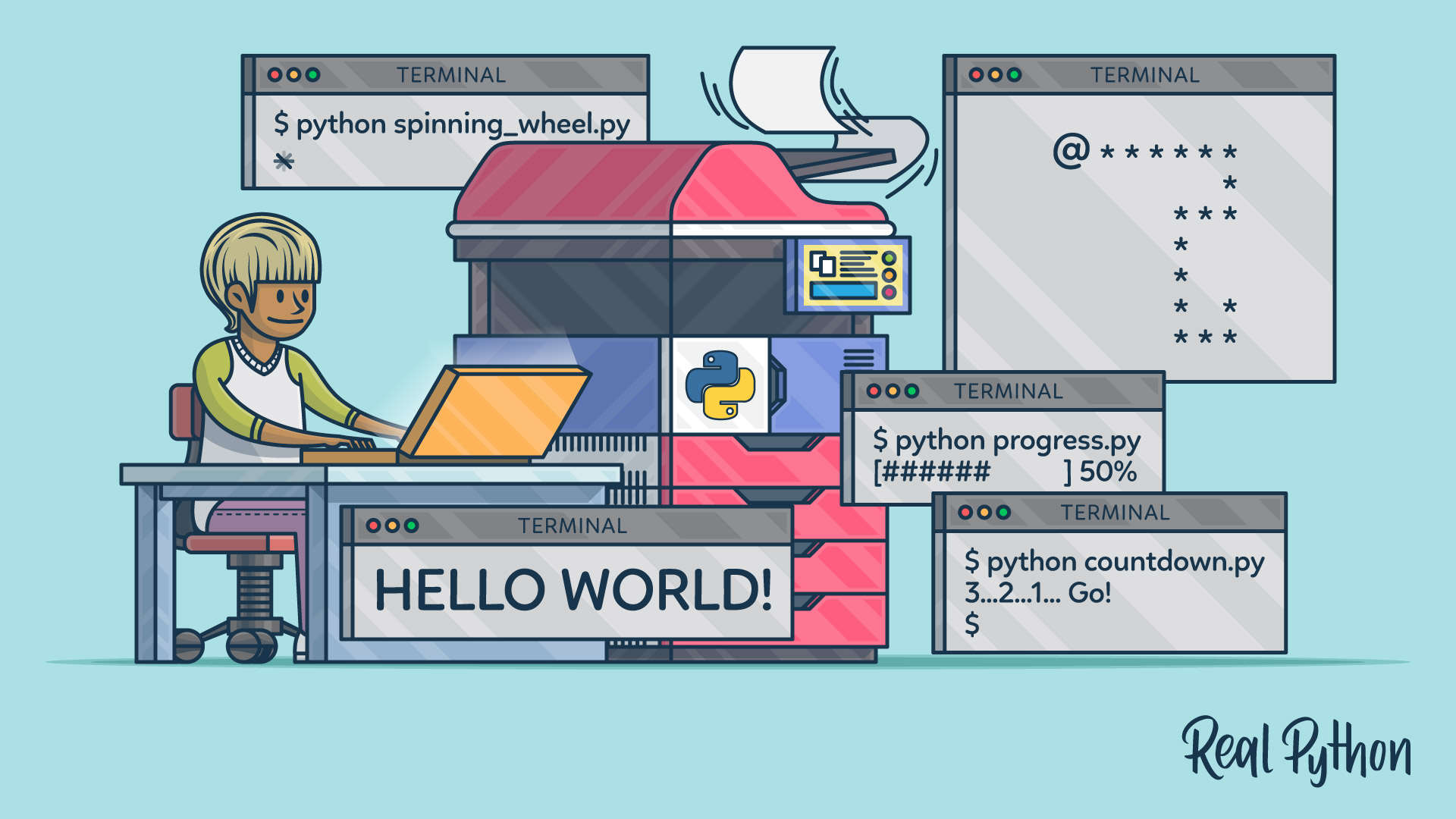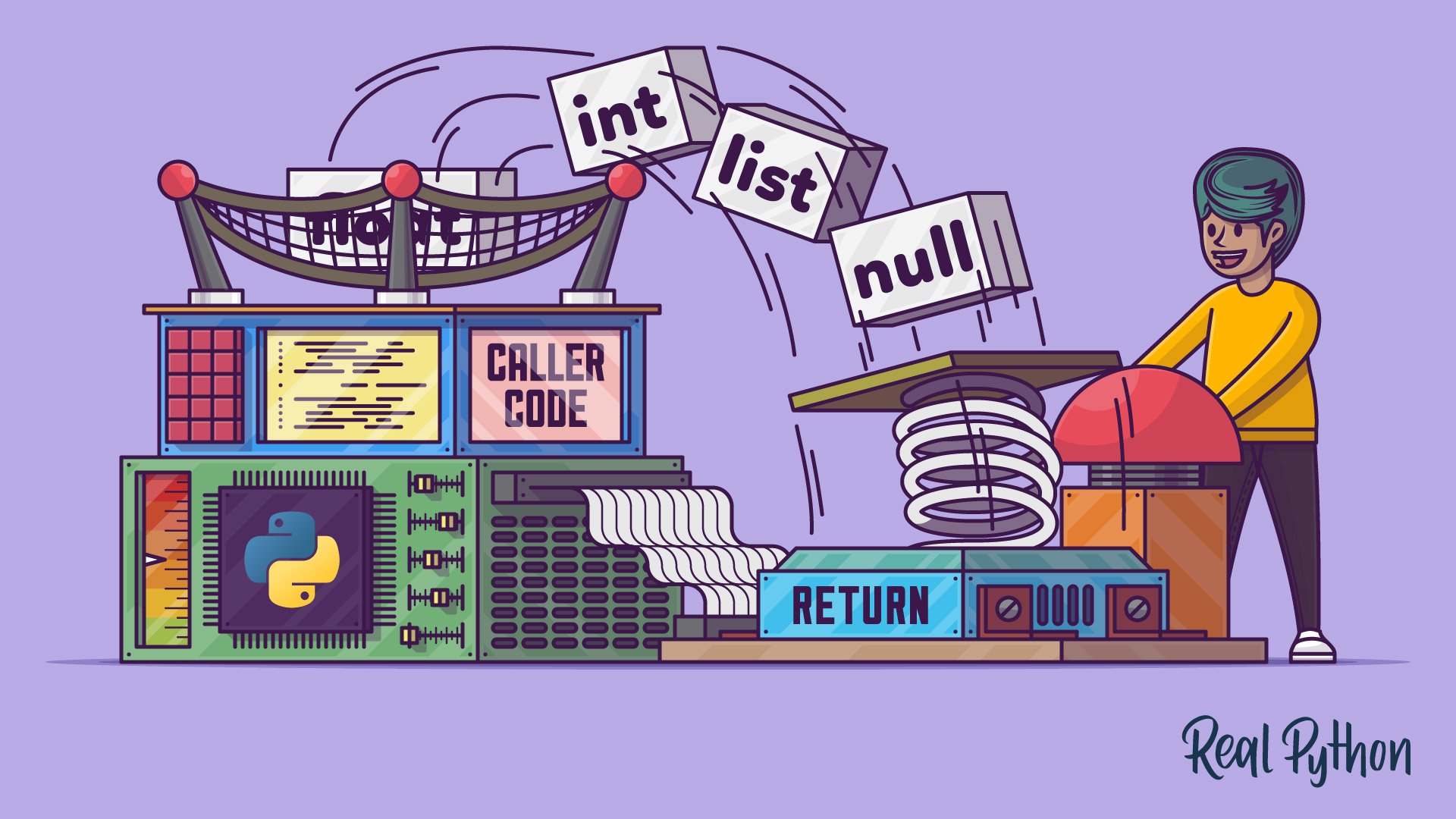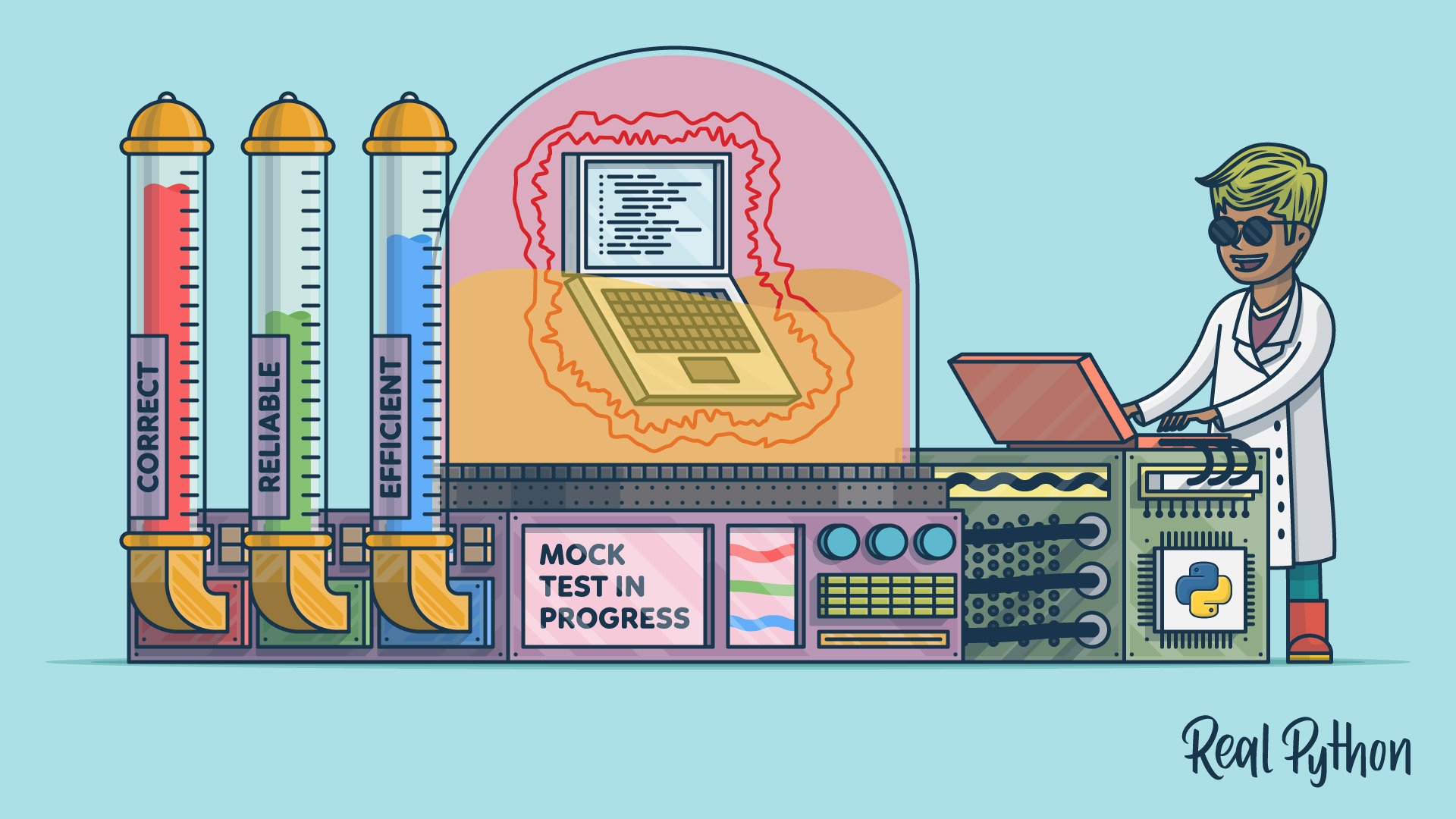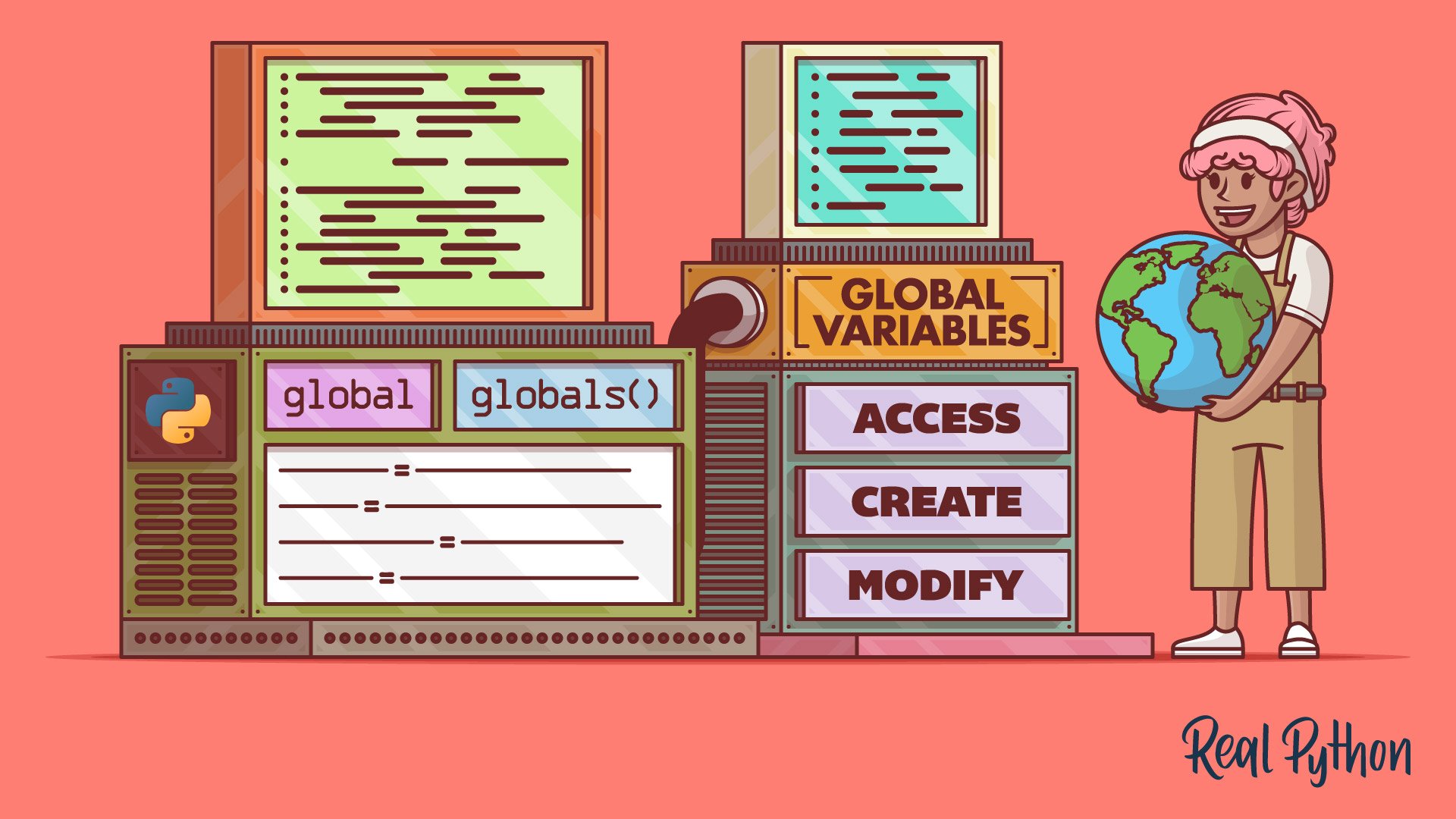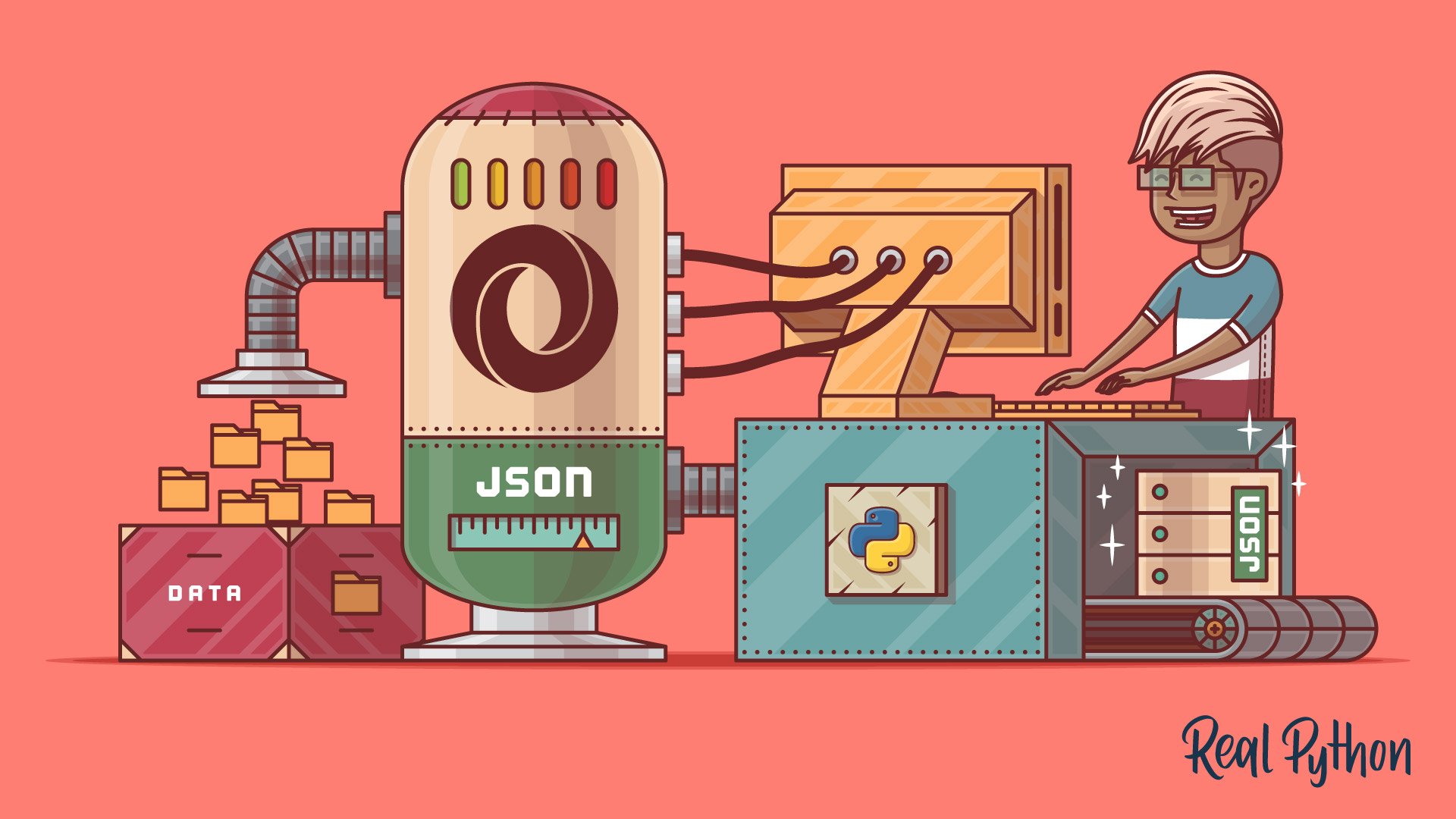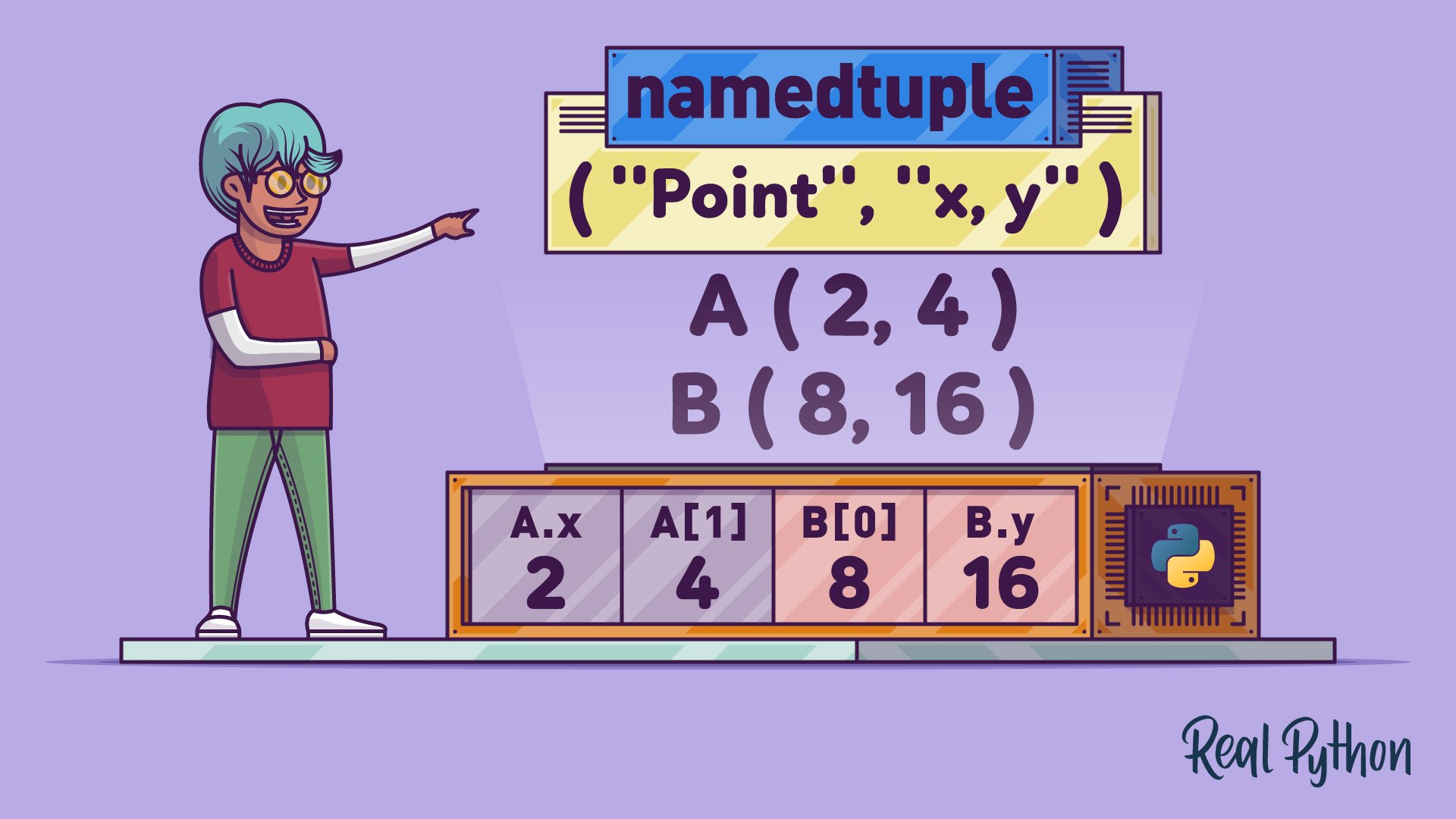Python Quizzes
Check your Python learning progress and take your skills to the next level with Real Python’s interactive quizzes.
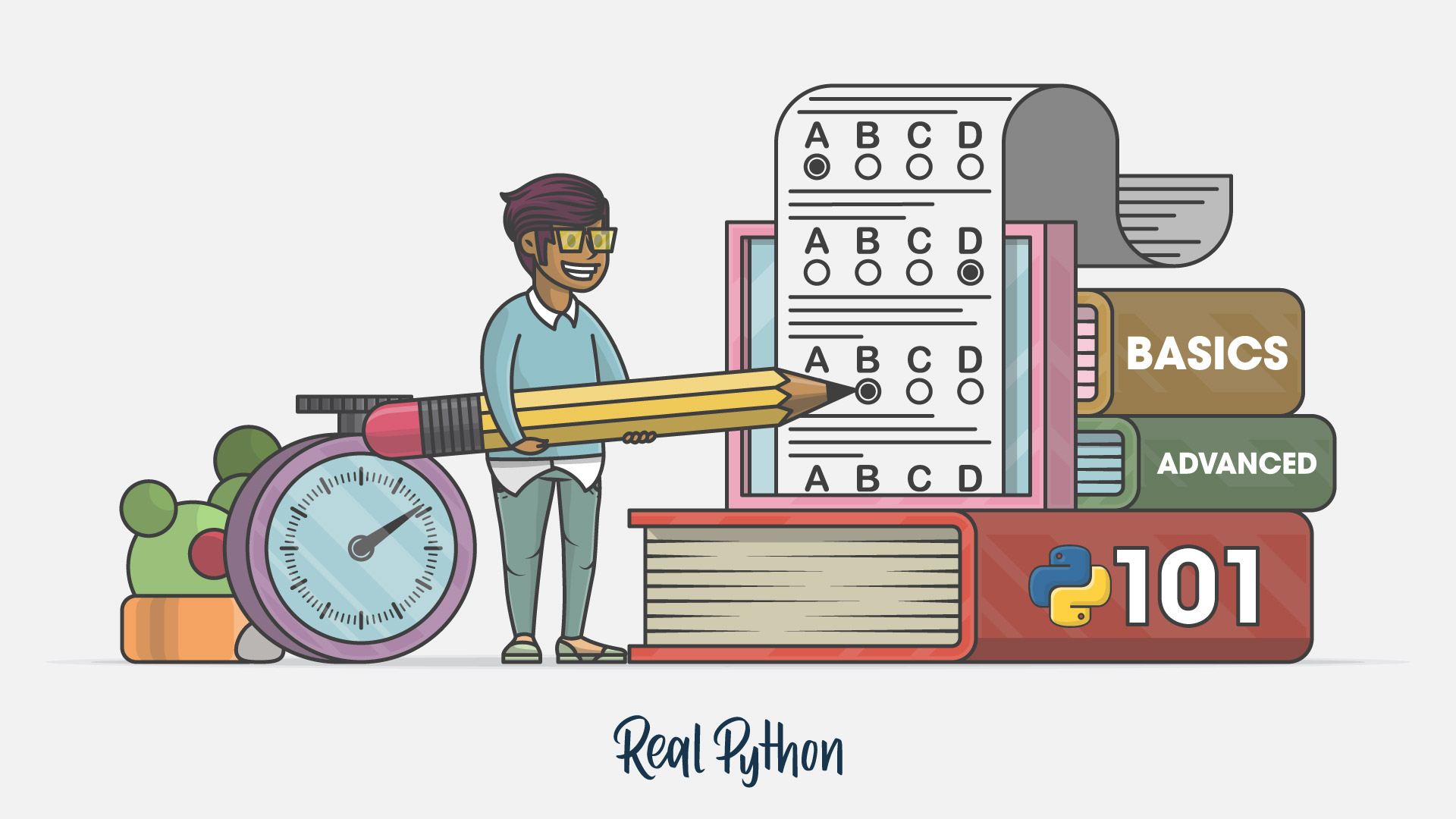
We created these online Python quizzes as a fun way for you to check your learning progress and to test your skills.
Each quiz takes you through a series of questions. Some of them are multiple choice, some will ask you to type in an answer, and some will require you to write actual Python code. As you make your way through each quiz, it keeps score of which questions you answered correctly.
At the end of each quiz you receive a grade based on your result. If you don’t score 100% on your first try—don’t fret! These quizzes are meant to challenge you and it’s expected that you go through them several times, improving your score with each run.
Browse Python Quizzes: Ready to test your Python skills? Pick a quiz below and jump right in, or search and filter quizzes by topic and skill level.
Interactive Quiz
A Practical Introduction to Web Scraping in Python
In this quiz, you'll test your understanding of web scraping in Python. Web scraping is a powerful tool for data collection and analysis. By working through this quiz, you'll revisit how to parse website data using string methods, regular expressions, and HTML parsers, as well as how to interact with forms and other website components.
Interactive Quiz
Async IO in Python: A Complete Walkthrough
In this quiz, you'll test your understanding of async IO in Python. With this knowledge, you'll be able to understand the language-agnostic paradigm of asynchronous IO, use the async/await keywords to define coroutines, and use the asyncio package to run and manage coroutines.
Interactive Quiz
Basic Data Types in Python: A Quick Exploration
Take this quiz to test your understanding of the basic data types that are built into Python, like numbers, strings, bytes, and Booleans.
Interactive Quiz
Beautiful Soup: Build a Web Scraper With Python
In this quiz, you'll revisit the main steps of the web scraping process. You'll learn how to write a script that uses Python's Requests library to scrape data from a website. You'll also use Beautiful Soup to extract the specific pieces of information that you're interested in.
Interactive Quiz
Build a Blog Using Django, GraphQL, and Vue
In this quiz, you'll test your understanding of building a Django blog back end and a Vue front end, using GraphQL to communicate between them. This will help you decouple your back end and front end, handle data persistence in the API, and display the data in a single-page app (SPA).
Interactive Quiz
Build a Guitar Synthesizer
In this quiz, you'll test your understanding of what it takes to build a guitar synthesizer in Python. By working through this quiz, you'll revisit a few key concepts from music theory and sound synthesis.
Interactive Quiz
Build Command-Line Interfaces With Python's argparse
In this quiz, you'll test your understanding of creating command-line interfaces (CLIs) in Python using the argparse module. This knowledge is essential for creating user-friendly command-line apps, which are common in development, data science, and systems administration.
Interactive Quiz
Choosing the Best Font for Programming
In this quiz, you'll test your understanding of how to choose the best font for your daily programming. You'll get questions about the technicalities and features to consider when choosing a programming font and refresh your knowledge about how to spot a high-quality coding font.
Interactive Quiz
Context Managers and Python's with Statement
In this quiz, you'll assess your understanding of the Python with statement and context managers. By mastering these concepts, you'll be able to write more expressive code and manage system resources more effectively, avoiding resource leaks and ensuring proper setup and teardown of external resources.
Interactive Quiz
Creating Great README Files for Your Python Projects
Take this quiz to test your understanding of how a great README file can make your Python project stand out and how to create your own README files.
Interactive Quiz
Data Classes in Python
In this quiz, you'll test your understanding of Python data classes. Data classes, a feature introduced in Python 3.7, are a type of class mainly used for storing data. They come with basic functionality already implemented, such as instance initialization, printing, and comparison.
Interactive Quiz
Decorators
In this quiz, you'll revisit the foundational concepts of what Python decorators are and how to create and use them.
Interactive Quiz
Defining Main Functions in Python
In this quiz, you'll test your understanding of the Python main() function and the special __name__ variable. With this knowledge, you'll be able to understand the best practices for defining main() in Python.
Interactive Quiz
Documenting Python Code: A Complete Guide
In this quiz, you'll test your understanding of documenting Python code. With this knowledge, you'll be able to effectively document your Python scripts and projects, making them more understandable and maintainable.
Interactive Quiz
Effective Testing with Pytest
In this quiz, you'll test your understanding of pytest, a Python testing tool. With this knowledge, you'll be able to write more efficient and effective tests, ensuring your code behaves as expected.
Interactive Quiz
Format Floats Within F-Strings
In this quiz, you'll test your understanding of how to format floats within f-strings in Python. This knowledge will let you control the precision and appearance of floating-point numbers when you incorporate them into formatted strings.
Interactive Quiz
Get Started With Django: Build a Portfolio App
In this quiz, you'll test your understanding of Django, a fully featured Python web framework. By working through this quiz, you'll revisit the steps to create a fully functioning web application and learn about some of Django's most important features.
Interactive Quiz
Getters and Setters: Manage Attributes in Python
In this quiz, you'll test your understanding of Python's getter and setter methods, as well as properties. You'll learn when to use these tools and how they can help maintain encapsulation in your classes.
Interactive Quiz
Getting Started With Testing in Python
In this quiz, you'll test your understanding of Python testing. With this knowledge, you'll be able to create basic tests, execute them, and find bugs before your users do.
Interactive Quiz
How Do You Choose Python Function Names?
In this quiz, you'll test your understanding of how to choose Python function names. By working through this quiz, you'll revisit the rules and conventions for naming Python functions and why they're important for writing Pythonic code.
Interactive Quiz
How to Check if a Python String Contains a Substring
In this quiz, you'll check your understanding of the best way to check whether a Python string contains a substring. You'll also revisit idiomatic ways to inspect the substring further, match substrings with conditions using regular expressions, and search for substrings in pandas.
Interactive Quiz
How to Create Pivot Tables With pandas
This quiz is designed to push your knowledge of pivot tables a little bit further. You won't find all the answers by reading the tutorial, so you'll need to do some investigating on your own. By finding all the answers, you're sure to learn some other interesting things along the way.
Interactive Quiz
How to Flatten a List of Lists in Python
In this quiz, you'll test your understanding of how to flatten a list in Python. Flattening a list involves converting a multidimensional list, such as a matrix, into a one-dimensional list. This is a common operation when working with data stored as nested lists.
Interactive Quiz
How to Run Your Python Scripts
One of the most important skills you need to build as a Python developer is to be able to run Python scripts and code. Test your understanding on how good you are with running your code.
Interactive Quiz
How to Use Generators and yield in Python
In this quiz, you'll test your understanding of Python generators and the yield statement. With this knowledge, you'll be able to work with large datasets in a more Pythonic fashion, create generator functions and expressions, and build data pipelines.
Interactive Quiz
How to Write Beautiful Python Code With PEP 8
In this quiz, you'll test your understanding of PEP 8, the Python Enhancement Proposal that provides guidelines and best practices on how to write Python code. By working through this quiz, you'll revisit the key guidelines laid out in PEP 8 and how to set up your development environment to write PEP 8 compliant Python code.
Interactive Quiz
HTTP Requests With the "requests" Library
Test your understanding of the Python "requests" library for making HTTP requests and interacting with web services.
Interactive Quiz
Hugging Face Transformers
In this quiz, you'll test your understanding of the Hugging Face Transformers library. This library is a popular choice for working with transformer models in natural language processing tasks, computer vision, and other machine learning applications.
Interactive Quiz
Implementing an Interface in Python
In this quiz, you'll test your understanding of Python interfaces and their role in software engineering. You'll learn how interfaces can help manage complexity in a growing application and how to implement them in Python.
Interactive Quiz
Inheritance and Composition: A Python OOP Guide
In this quiz, you'll test your understanding of inheritance and composition in Python. These are two major concepts in object-oriented programming that help model the relationship between two classes. By working through this quiz, you'll revisit how to use inheritance and composition in Python, model class hierarchies, and use multiple inheritance.
Interactive Quiz
Install and Execute Python Applications Using pipx
In this quiz, you'll test your understanding of how Python apps are run from isolated virtual environments using the pipx tool. With this knowledge, you'll be able to safely run Python apps that are installed globally in your operating system.
Interactive Quiz
Linear Regression in Python
In this quiz, you'll test your knowledge of linear regression in Python. Linear regression is one of the fundamental statistical and machine learning techniques, and Python is a popular choice for machine learning.
Interactive Quiz
Logging in Python
In this quiz, you'll test your understanding of Python's logging module. With this knowledge, you'll be able to add logging to your applications, which can help you debug errors and analyze performance.
Interactive Quiz
Managing Multiple Python Versions With pyenv
In this quiz, you'll test your understanding of how to use pyenv to manage multiple versions of Python. Pyenv allows you to try out new Python features without disrupting your development environment, and quickly switch between different Python versions.
Interactive Quiz
Model-View-Controller (MVC) in Python Web Apps: Explained With Lego
In this quiz, you'll test your understanding of the Model-View-Controller (MVC) design pattern, a fundamental concept in many Python web frameworks. By working through this quiz, you'll revisit the concepts of Models, Views, and Controllers, and how they relate to concrete web development examples.
Interactive Quiz
Object-Oriented Programming (OOP) in Python 3
Object-oriented programming (OOP) is a method of structuring a program by bundling related properties and behaviors into individual objects.
Interactive Quiz
Practical Prompt Engineering
In this quiz, you'll test your understanding of prompt engineering techniques with large language models (LLMs) like GPT-3.5 and GPT-4. You'll revisit how to work with OpenAI's API, apply prompt engineering techniques to practical examples, and use various strategies to improve your results.
Interactive Quiz
Python and REST APIs: Interacting With Web Services
In this quiz, you'll test your understanding of REST APIs and how to interact with them using Python. With this knowledge, you'll be able to retrieve, parse, update, and manipulate data provided by any RESTful API that you're interested in.
Interactive Quiz
Python args and kwargs: Demystified
In this quiz, you'll test your understanding of how to use *args and **kwargs in Python. With this knowledge, you'll be able to add more flexibility to your functions.
Interactive Quiz
Python Basics: Building Systems With Classes
You can use classes to build complex systems in Python. By composing classes, inheriting from other classes, and overriding class behavior, you'll harness the power of object-oriented programming (OOP).
Interactive Quiz
Python Basics: Code Your First Python Program
With Python installed, you're ready ready to start coding! It's time to write your first Python program.
Interactive Quiz
Python Basics: Conditional Logic and Control Flow
With conditional logic, you can write programs that perform different actions based on different conditions. Paired with functions and loops, conditional logic allows you to write complex programs that can handle many different situations.
Interactive Quiz
Python Basics: Dictionaries
Python dictionaries, like lists and tuples, store a collection of objects. However, instead of storing objects in a sequence, dictionaries hold information in pairs of data called key-value pairs.
Interactive Quiz
Python Basics: File System Operations
The pathlib module allows you to carry out file path operations with Python. These operations include creating, iterating over, searching for, moving, and deleting files and folders.
Interactive Quiz
Python Basics: Finding and Fixing Code Bugs
Logic errors occur when an otherwise valid program doesn't do what was intended. They cause unexpected behaviors called bugs. Removing bugs is called debugging, and a debugger is a tool that helps you hunt down bugs and understand why they're happening.
Interactive Quiz
Python Basics: Functions and Loops
Functions break code into smaller chunks and are great for defining actions that a program will execute several times throughout your code. Instead of writing the same code each time the program needs to perform the same task, just call the function!
Interactive Quiz
Python Basics: Installing Packages With pip Quiz
Even though Python is famous for coming with batteries included, you'll still find yourself in need of a third-party library from time to time. You can install such packages with pip.
Interactive Quiz
Python Basics: Lists and Tuples
Lists and tuples are important sequence data structures in Python. Lists are mutable, while tuples are immutable. Combining your knowledge of control flow and loops with these sequences allows you to build complex logic.
Interactive Quiz
Python Basics: Modules and Packages
You can build an application by putting related code into separate files called modules. Then, you can use the import statement to use modules in another file.
Interactive Quiz
Python Basics: Numbers and Math
You don't need to be a math whiz to program well, but numbers are an integral part of any programming language. Python is no exception.
Interactive Quiz
Python Basics: Object-Oriented Programming
OOP, or object-oriented programming, is a method of structuring a program by bundling related properties and behaviors into individual objects. In this quiz, you'll test your understanding of OOP.
Interactive Quiz
Python Basics: Reading and Writing Files Quiz
By reading and writing files, you can move data back and forth between your Python programs and external software. The CSV file format is particularly useful, as it's one of the most widely supported file formats for transferring tabular data.
Interactive Quiz
Python Basics: Scopes
To fully understand functions and loops in Python, you need to be familiar with the issue of scope, which determines where a name is visible within your program.
Interactive Quiz
Python Basics: Strings and String Methods
Strings are a fundamental data type in Python. In simplified terms, strings are collections of text, and they show up in many contexts. For example, strings can come from user input, data read from a file, or messages sent by equipment talking over a network.
Interactive Quiz
Python Classes - The Power of Object-Oriented Programming
In this quiz, you'll test your understanding of Python classes. With this knowledge, you'll be able to define reusable pieces of code that encapsulate data and behavior in a single entity, model real-world objects, and solve complex problems.
Interactive Quiz
Python Concurrency
This is a quiz that will review topics covered in our Speed Up Your Python Program With Concurrency tutorial.
Interactive Quiz
Python Conditional Statements
Test your understanding of Python conditional statements
Interactive Quiz
Python Dictionary Iteration
Dictionaries are one of the most important and useful data structures in Python. Learning how to iterate through a Dictionary can help you solve a wide variety of programming problems in an efficient way. Test your understanding on how you can use them better!
Interactive Quiz
Python Exceptions: An Introduction
In this quiz, you'll test your understanding of Python exceptions. You'll cover the difference between syntax errors and exceptions and learn how to raise exceptions, make assertions, and use the try and except block.
Interactive Quiz
Python Folium: Create Web Maps From Your Data
Python’s Folium library gives you access to the mapping strengths of the Leaflet JavaScript library through a Python API. It allows you to create interactive geographic visualizations that you can share as a website.
Interactive Quiz
Python F-Strings
In this quiz, you'll test your knowledge of Python f-strings. With this knowledge, you'll be able to include all sorts of Python expressions inside your strings.
Interactive Quiz
Python GUI Programming With Tkinter
In this quiz, you'll test your understanding of Python GUI Programming With Tkinter, the de facto Python GUI framework. Check your knowledge of GUI programming concepts such as widgets, geometry managers, and event handlers.
Interactive Quiz
Python Installation and Setup
In this quiz, you'll test your understanding of how to install or update Python on your computer. With this knowledge, you'll be able to set up Python on various operating systems, including Windows, macOS, and Linux.
Interactive Quiz
Python Lambda Functions
Python lambdas are little, anonymous functions, subject to a more restrictive but more concise syntax than regular Python functions. Test your understanding on how you can use them better!
Interactive Quiz
Python Mappings
In this quiz, you'll test your understanding of the basic characteristics and operations of Python mappings. By working through this quiz, you'll revisit the key concepts and techniques of creating a custom mapping.
Interactive Quiz
Python Modules and Packages
In this quiz, you'll test your understanding of Python modules and packages, which are mechanisms that facilitate modular programming. Modular programming involves breaking a large programming task into smaller, more manageable subtasks or modules. This approach has several advantages, including simplicity, maintainability, and reusability.
Interactive Quiz
Python Name-Main Idiom
Test your knowledge of Python's if __name__ == "__main__" idiom by answering a series of questions! You've probably encountered the name-main idiom and might have even used it in your own scripts. But did you use it correctly?
Interactive Quiz
Python Operators and Expressions
Test your understanding of Python operators and expressions.
Interactive Quiz
Python Protocols: Leveraging Structural Subtyping
Take this quiz to test your understanding of how to create and use Python protocols while providing type hints for your functions, variables, classes, and methods.
Interactive Quiz
Python Raw Strings
In this quiz, you can practice your understanding of how to use raw string literals in Python. With this knowledge, you'll be able to write cleaner and more readable regular expressions, Windows file paths, and many other string literals that deal with escape character sequences.
Interactive Quiz
Python's Built-in Functions: A Complete Exploration
Take this quiz to test your knowledge about the available built-in functions in Python. By taking this quiz, you'll deepen your understanding of how to use these functions and the common programming problems they cover, from mathematical computations to Python-specific features.
Interactive Quiz
Python's enumerate()
Once you learn about for loops in Python, you know that using an index to access items in a sequence isn't very Pythonic. So what do you do when you need that index value? In this tutorial, you'll learn all about Python's built-in enumerate(), where it's used, and how you can emulate its behavior.
Interactive Quiz
Python Sequences: A Comprehensive Guide
In this quiz, you'll test your understanding of sequences in Python. You'll revisit the basic characteristics of a sequence, operations common to most sequences, special methods associated with sequences, and how to create user-defined mutable and immutable sequences.
Interactive Quiz
Python Sets
Test your understanding of sets in Python, a commonly used data structure.
Interactive Quiz
Python's Magic Methods: Leverage Their Power in Your Classes
In this quiz, you'll test your understanding of Python's magic methods. These special methods are fundamental to object-oriented programming in Python, allowing you to customize the behavior of your classes.
Interactive Quiz
Python's property(): Add Managed Attributes to Your Classes
In this quiz, you'll test your understanding of Python's property(). With this knowledge, you'll be able to create managed attributes in your classes, perform lazy attribute evaluation, provide computed attributes, and more.
Interactive Quiz
Python's raise: Effectively Raising Exceptions in Your Code
In this quiz, you'll test your understanding of how to raise exceptions in Python using the raise statement. This knowledge will help you handle errors and exceptional situations in your code, leading to more robust programs and higher-quality code.
Interactive Quiz
Python String Formatting: Available Tools and Their Features
You can take this quiz to test your understanding of the available tools for string formatting in Python, as well as their strengths and weaknesses. These tools include f-strings, the .format() method, and the modulo operator.
Interactive Quiz
Python String Formatting: Available Tools and Their Features
You can take this quiz to test your understanding of the available tools for string formatting in Python, as well as their strengths and weaknesses. These tools include f-strings, the .format() method, and the modulo operator.
Interactive Quiz
Python Strings and Character Data
This quiz will evaluate your understanding of Python's string data type and your knowledge about manipulating textual data with string objects. You'll cover the basics of creating strings using literals and the `str()` function, applying string methods, using operators and built-in functions with strings, indexing and slicing strings, and more!
Interactive Quiz
Python Strings and Character Data
Test your understanding of Python strings and character data.
Interactive Quiz
Python's unittest: Writing Unit Tests for Your Code
In this quiz, you'll test your understanding of Python testing with the unittest framework from the standard library. With this knowledge, you'll be able to create basic tests, execute them, and find bugs before your users do.
Interactive Quiz
Python Threading
This is a quiz that will review topics covered in our An Intro To Threading tutorial.
Interactive Quiz
Python time.sleep()
In this quiz, you'll revisit how to add time delays to your Python programs.
Interactive Quiz
Python Type Checking
In this quiz, you'll test your understanding of Python type checking. You'll revisit concepts such as type annotations, type hints, adding static types to code, running a static type checker, and enforcing types at runtime. This knowledge will help you develop your code more efficiently.
Interactive Quiz
Python Variables
Test your understanding of Python variables and object references.
Interactive Quiz
Python Virtual Environments: A Primer
In this quiz, you'll test your understanding of Python virtual environments. With this knowledge, you'll be able to avoid dependency conflicts and help other developers reproduce your development environment.
Interactive Quiz
Reading and Writing CSV Files in Python
This quiz will check your understanding of what a CSV file is and the different ways to read and write to them in Python.
Interactive Quiz
Reading and Writing Files in Python
A quiz used for testing the user's knowledge of the topics covered in the Reading and Writing Files in Python article.
Interactive Quiz
Reading and Writing WAV Files in Python
In this quiz, you can test your knowledge of handling WAV audio files in Python with the wave module. By applying what you've learned, you'll demonstrate your ability to synthesize sounds, analyze and visualize waveforms, create dynamic spectrograms, and enhance audio with special effects.
Interactive Quiz
Ruff: A Modern Python Linter
In this quiz, you'll test your understanding of Ruff, a modern linter for Python. By working through this quiz, you'll revisit why you'd want to use Ruff to check your Python code and how it automatically fixes errors, formats your code, and provides optional configurations to enhance your linting.
Interactive Quiz
Socket Programming in Python
In this quiz, you'll test your understanding of Python sockets. With this knowledge, you'll be able to create your own client-server applications, handle multiple connections simultaneously, and send messages and data between endpoints.
Interactive Quiz
Splitting, Concatenating, and Joining Strings in Python
In this quiz, you can test your Python skills when it comes to the most fundamental string operations: splitting, concatenating, and joining.
Interactive Quiz
Split Your Dataset With scikit-learn's train_test_split()
In this quiz, you'll test your understanding of how to use the train_test_split() function from the scikit-learn library to split your dataset into subsets for unbiased evaluation in machine learning.
Interactive Quiz
String Interpolation in Python: Exploring Available Tools
Take this quiz to test your understanding of the available tools for string interpolation in Python, as well as their strengths and weaknesses. These tools include f-strings, the .format() method, and the modulo operator.
Interactive Quiz
Supercharge Your Classes With Python super()
In this quiz, you'll test your understanding of inheritance and the `super()` function in Python. By working through this quiz, you'll revisit the concept of inheritance, multiple inheritance, and how the `super()` function works in both single and multiple inheritance scenarios.
Interactive Quiz
The Python calendar Module
In this quiz, you'll test your understanding of the calendar module in Python. It'll evaluate your proficiency in manipulating, customizing, and displaying calendars directly within your terminal. By working through this quiz, you'll revisit the fundamental functions and methods provided by the calendar module.
Interactive Quiz
The Python for Loop
In this quiz, you'll test your understanding of Python's `for` loop and the concepts of definite iteration, iterables, and iterators. With this knowledge, you'll be able to perform repetitive tasks in Python more efficiently.
Interactive Quiz
The Python print() Function
In this interactive quiz, you can revisit what you know about Python's print() function. You'll also get to quiz yourself about some of its lesser-known features.
Interactive Quiz
The Python return Statement
In this quiz, you can practice your understanding of how to use the Python return statement when writing functions. Additionally, you'll cover some good programming practices related to the use of return. With this knowledge, you'll be able to write readable, robust, and maintainable functions in Python.
Interactive Quiz
Understanding the Python Mock Object Library
In this quiz, you'll test your understanding of Python's unittest.mock library. With this knowledge, you'll be able to write robust tests, create mock objects, and ensure your code is reliable and efficient.
Interactive Quiz
Using and Creating Global Variables in Your Python Functions
In this quiz, you'll test your understanding of how to use global variables in Python functions. With this knowledge, you'll be able to share data across an entire program, modify and create global variables within functions, and understand when to avoid using global variables.
Interactive Quiz
What Are CRUD Operations?
In this quiz, you'll revisit the key concepts and techniques related to CRUD operations. These operations are fundamental to any system that interacts with a database, and understanding them is crucial for effective data management.
Interactive Quiz
What Is the __pycache__ Folder in Python?
In this quiz, you'll have the opportunity to test your knowledge of the __pycache__ folder, including when, where, and why Python creates these folders.
Interactive Quiz
What's Lazy Evaluation in Python?
In this quiz, you'll test your understanding of the differences between lazy and eager evaluation in Python. By working through this quiz, you'll revisit how Python optimizes memory use and computational overhead by deciding when to compute values.
Interactive Quiz
Working With JSON Data in Python
In this quiz, you'll test your understanding of working with JSON in Python. By working through this quiz, you'll revisit key concepts related to JSON data manipulation and handling in Python.
Interactive Quiz
Write Pythonic and Clean Code With namedtuple
In this quiz, you'll test your understanding of Python's namedtuple() function from the collections module. This function allows you to create immutable sequence types that you can access using descriptive field names and dot notation.
